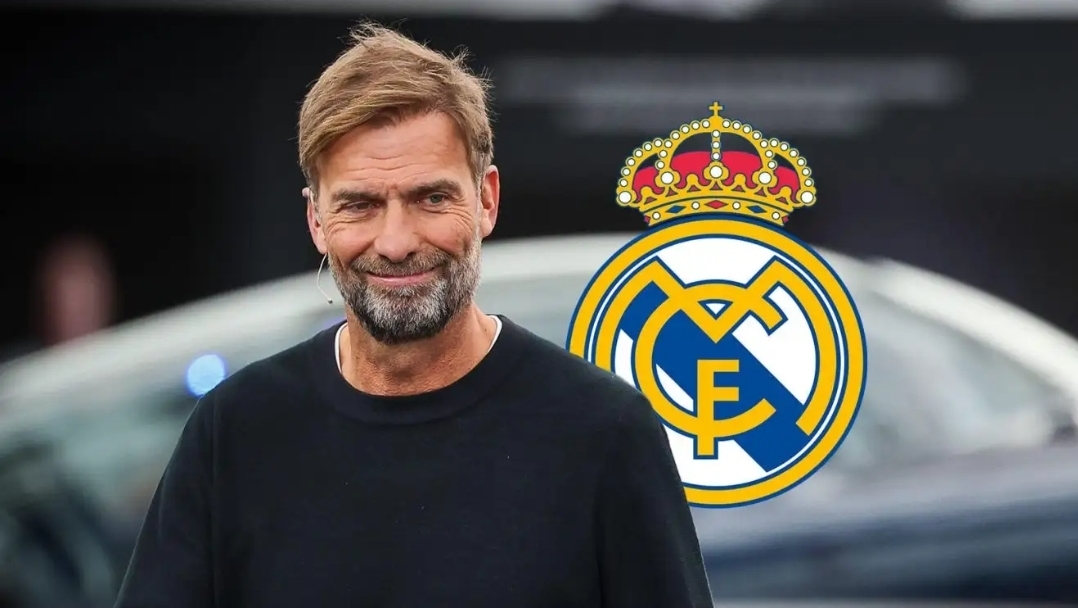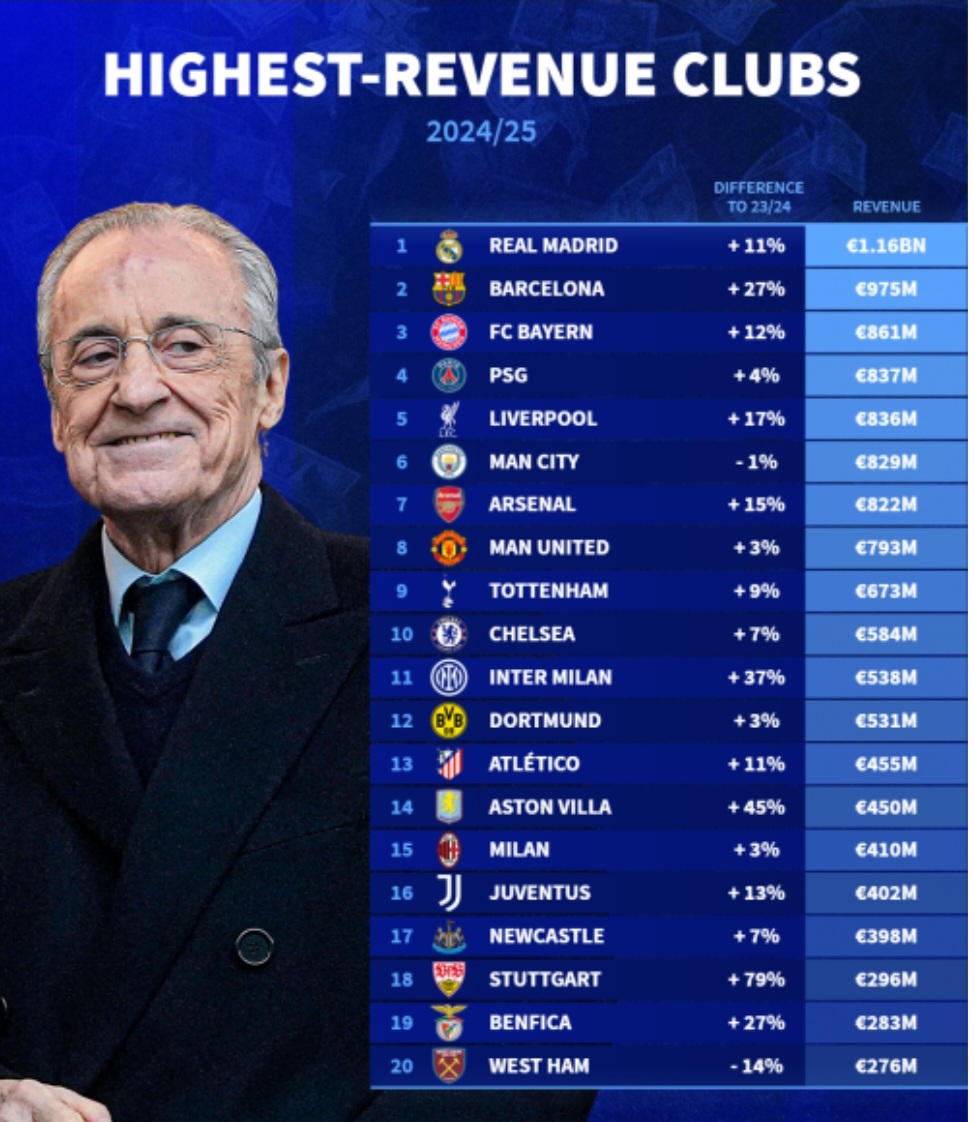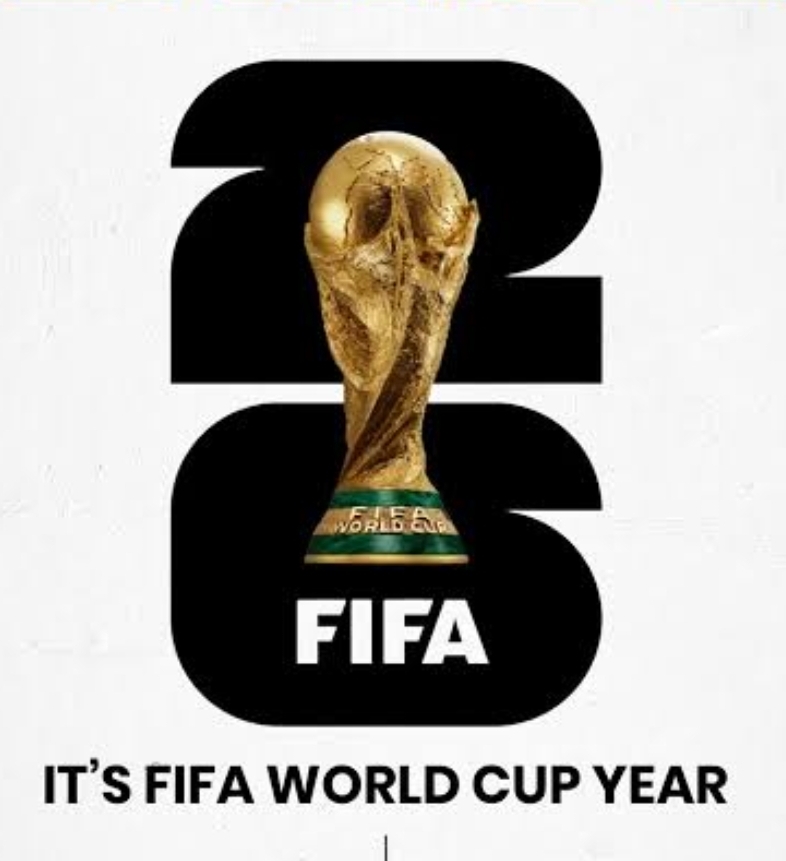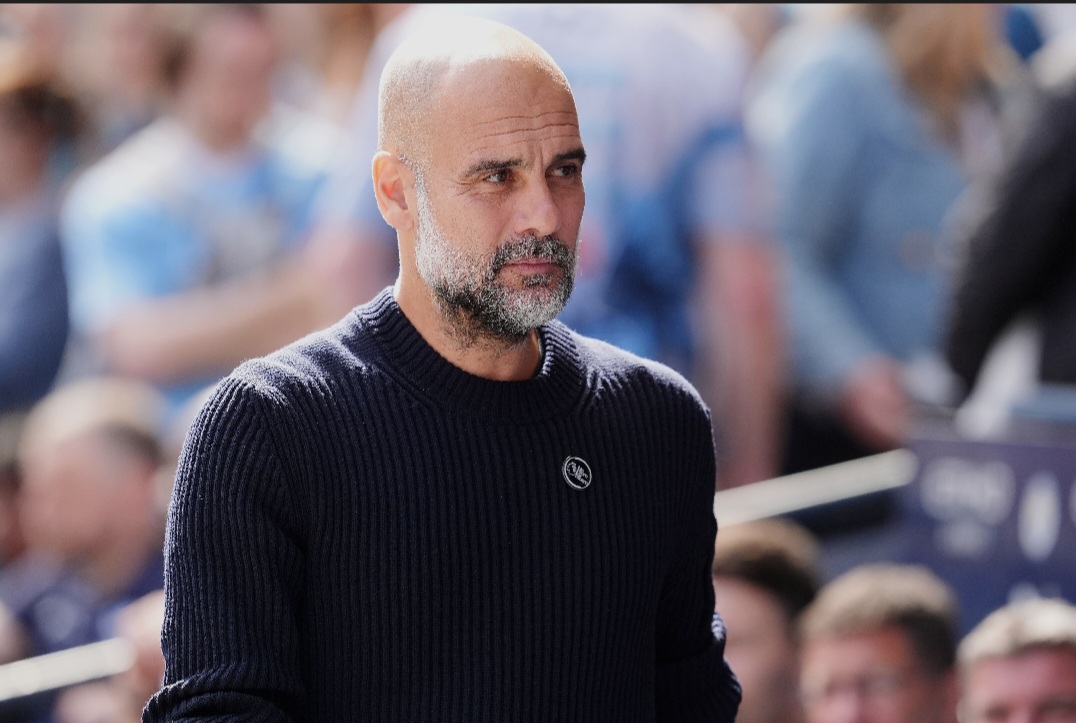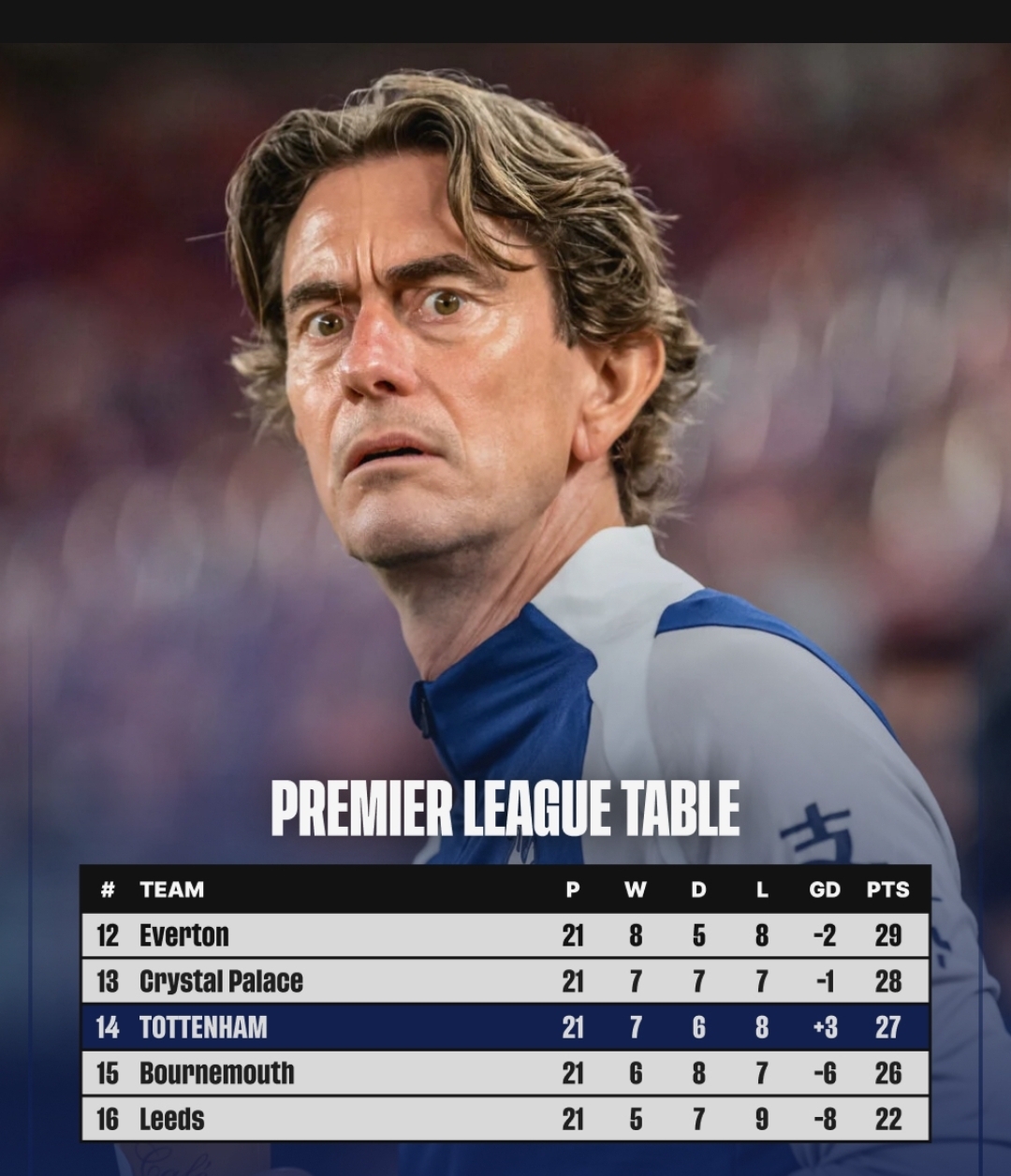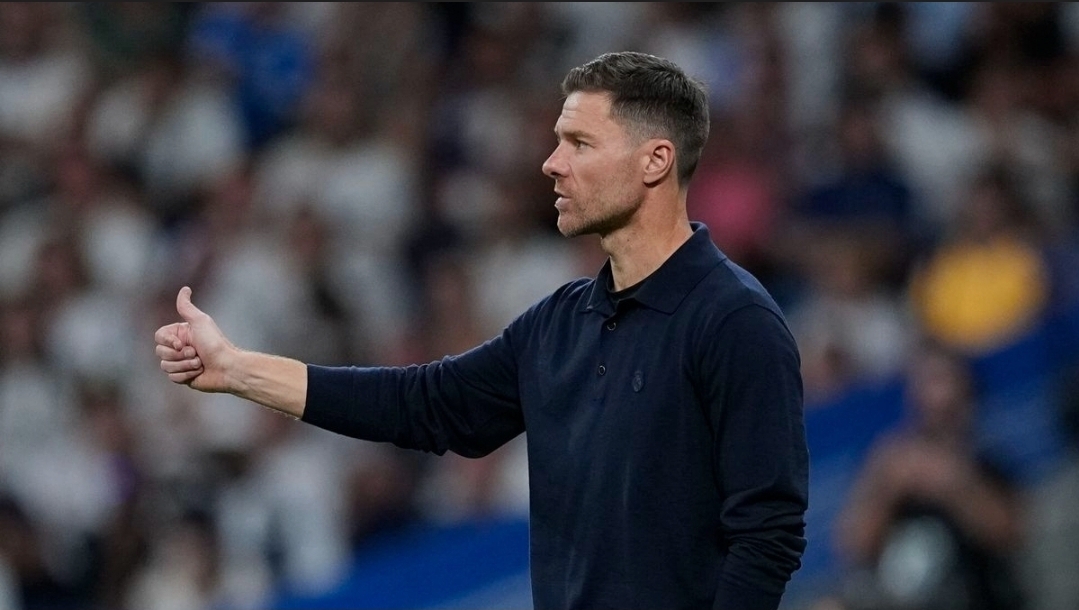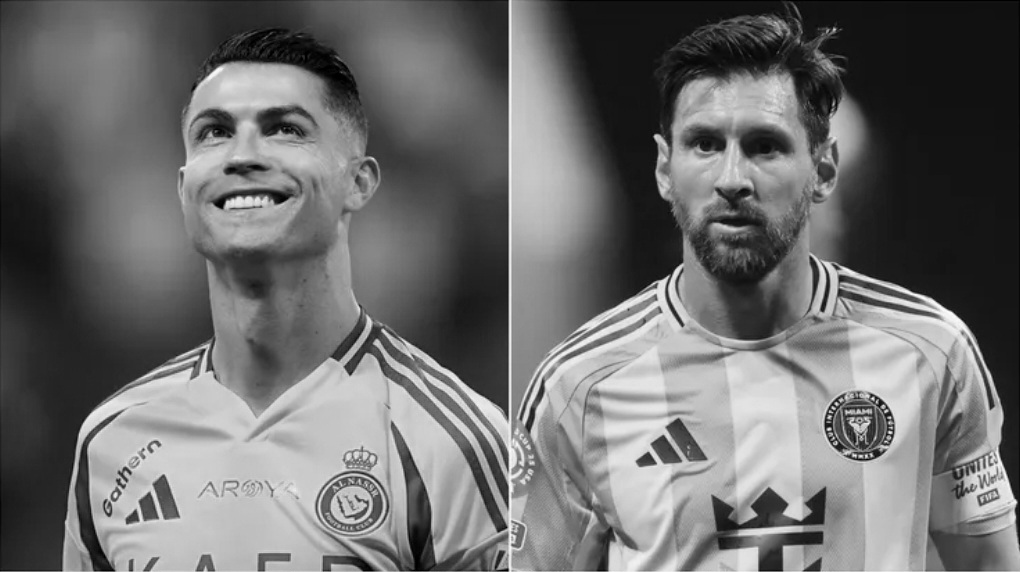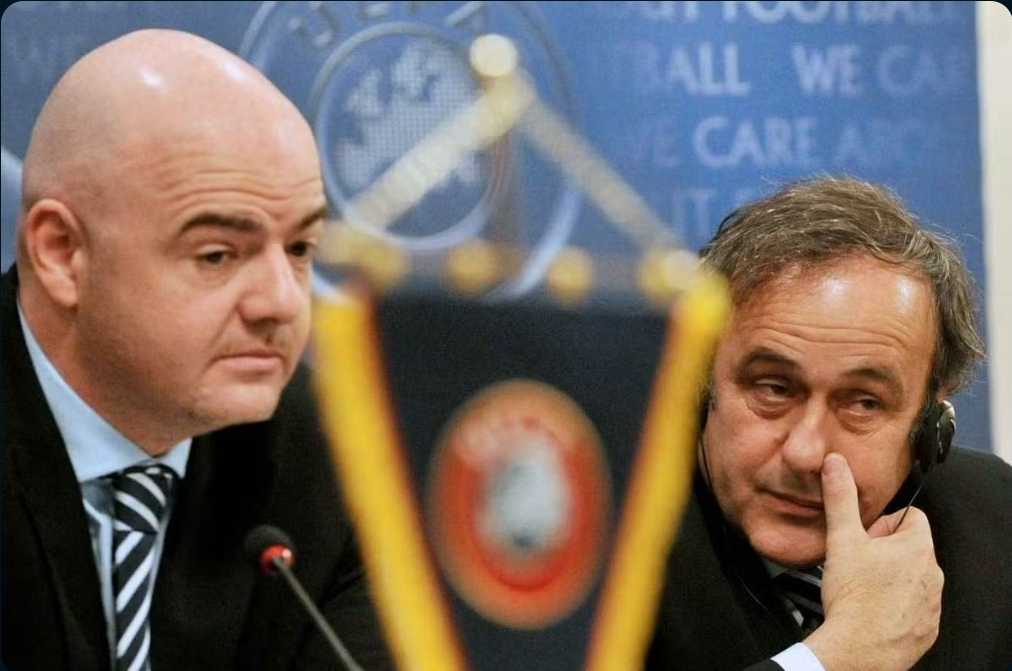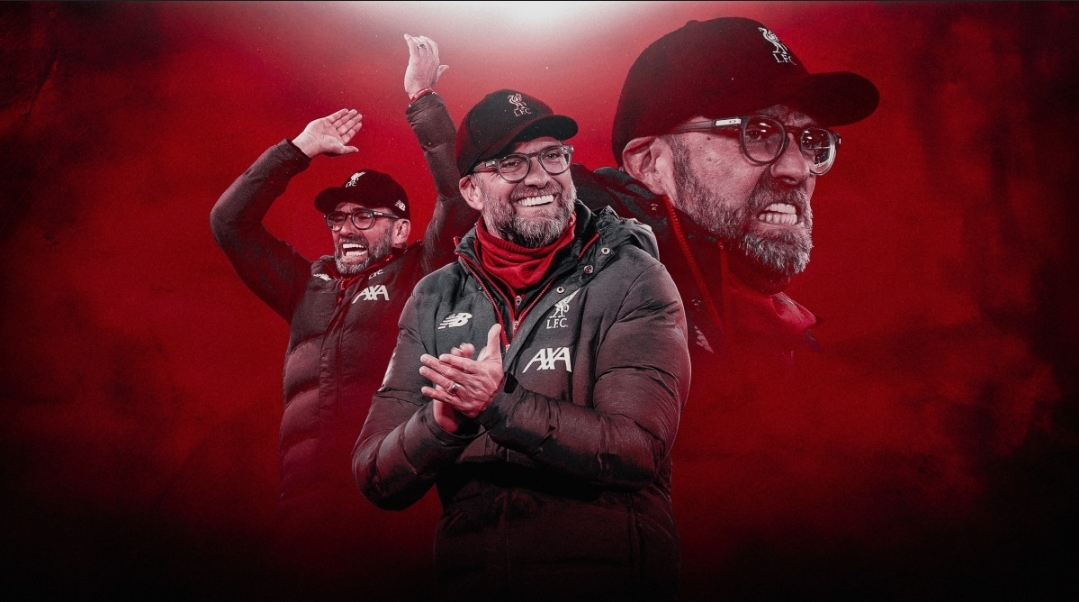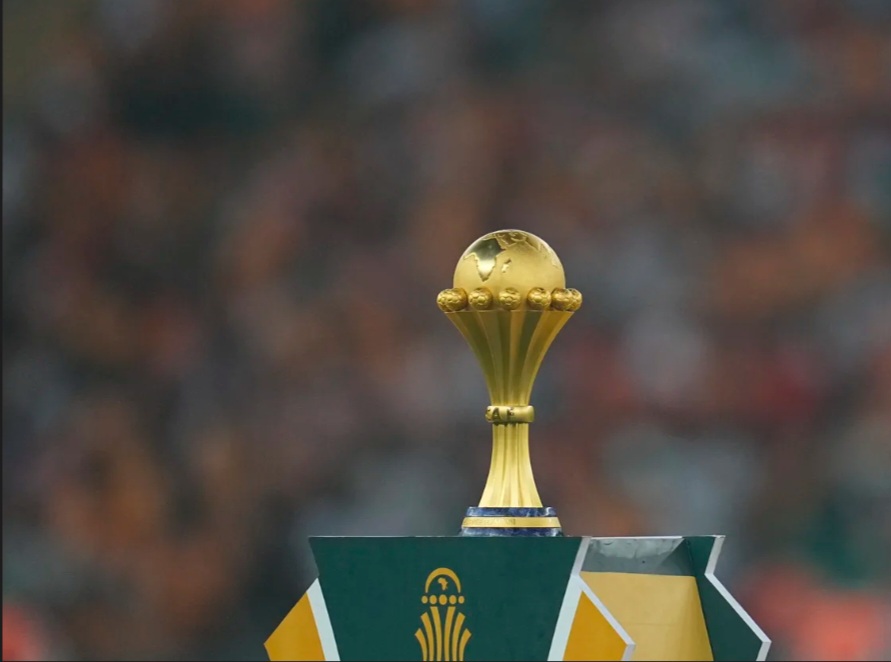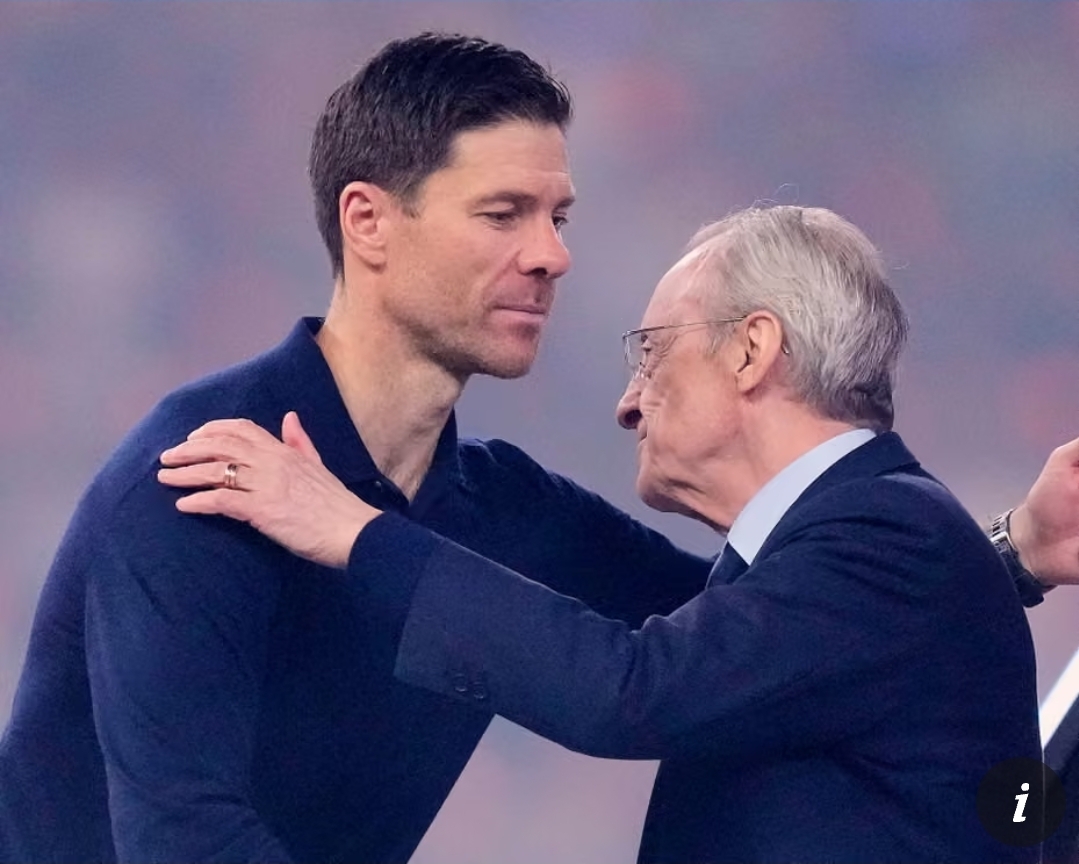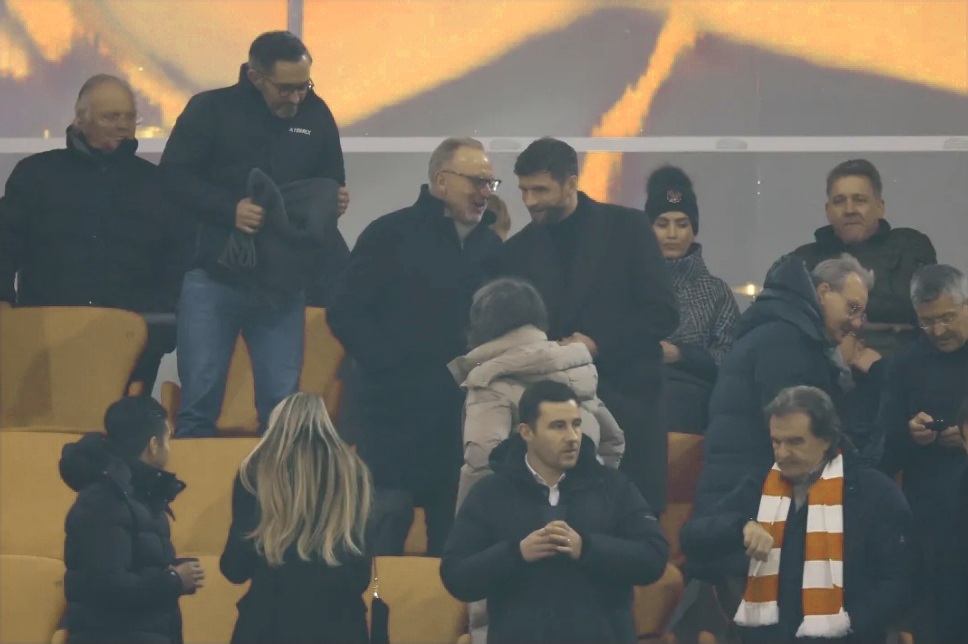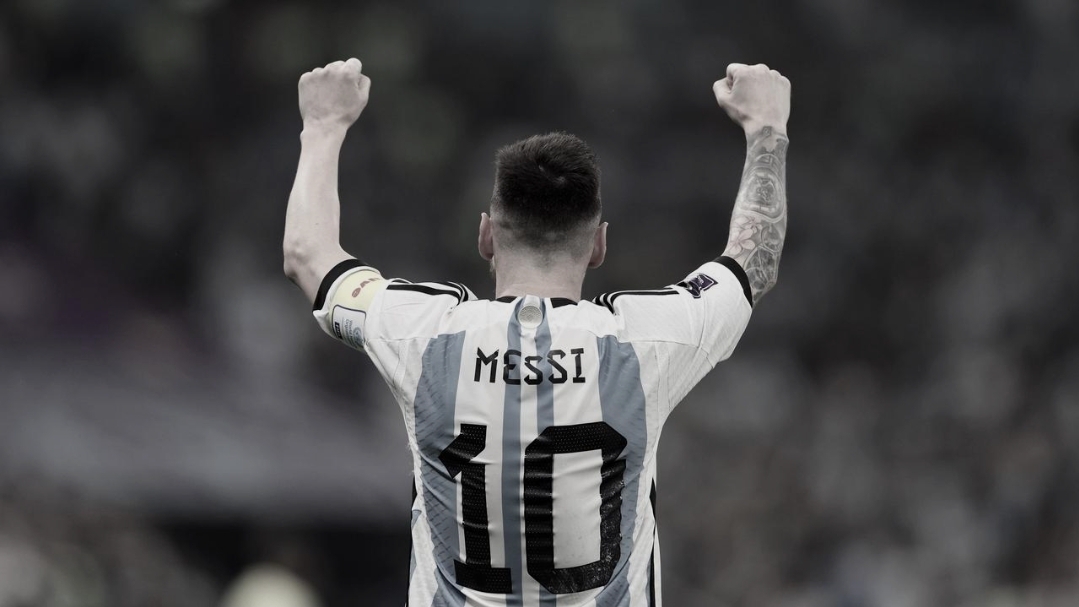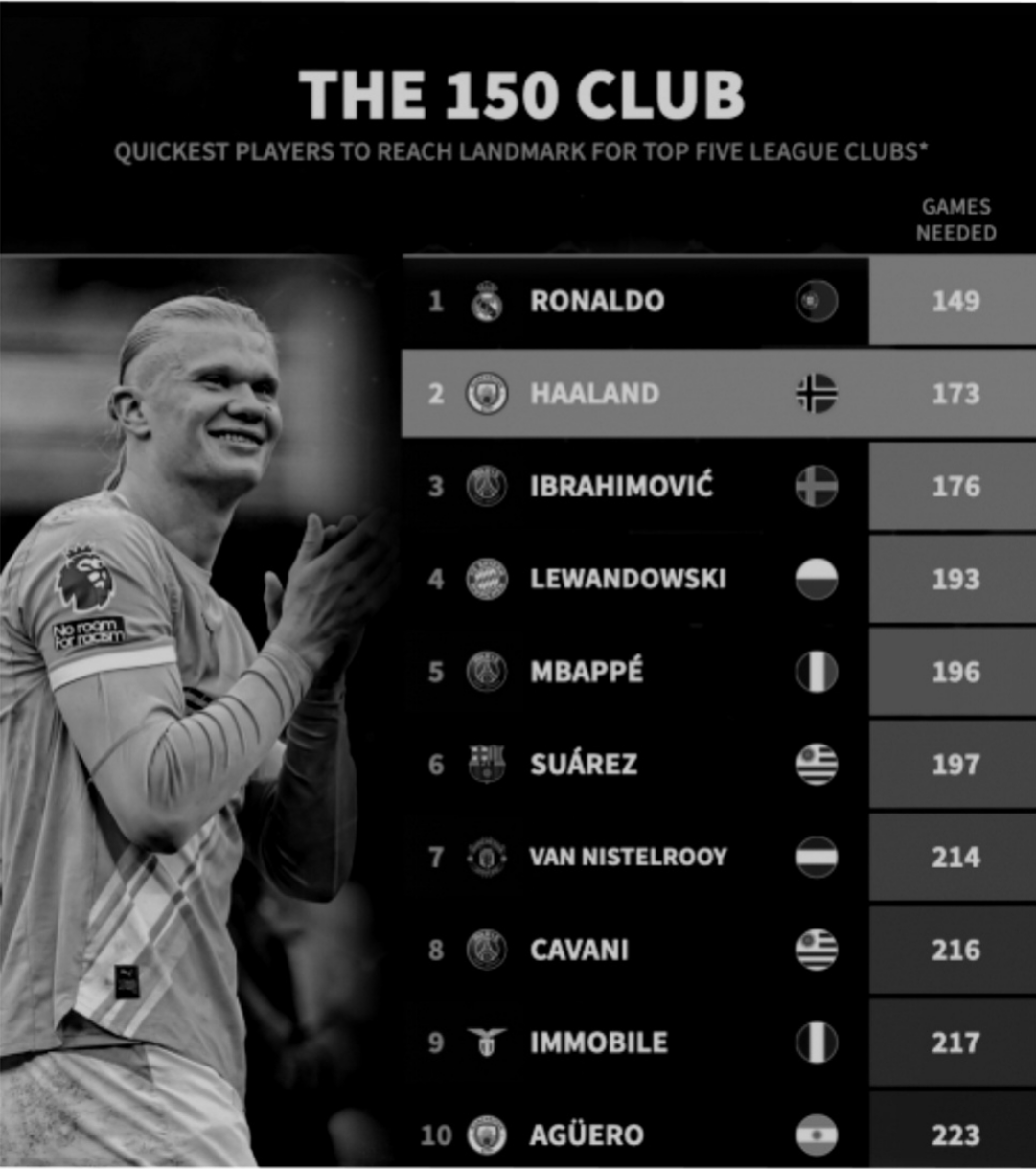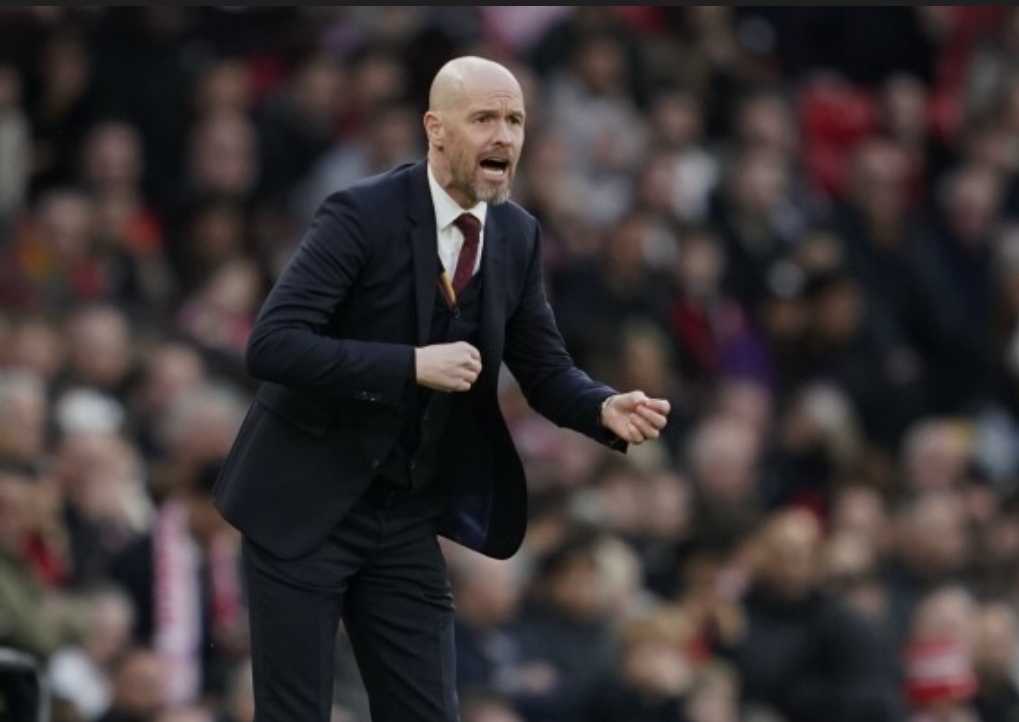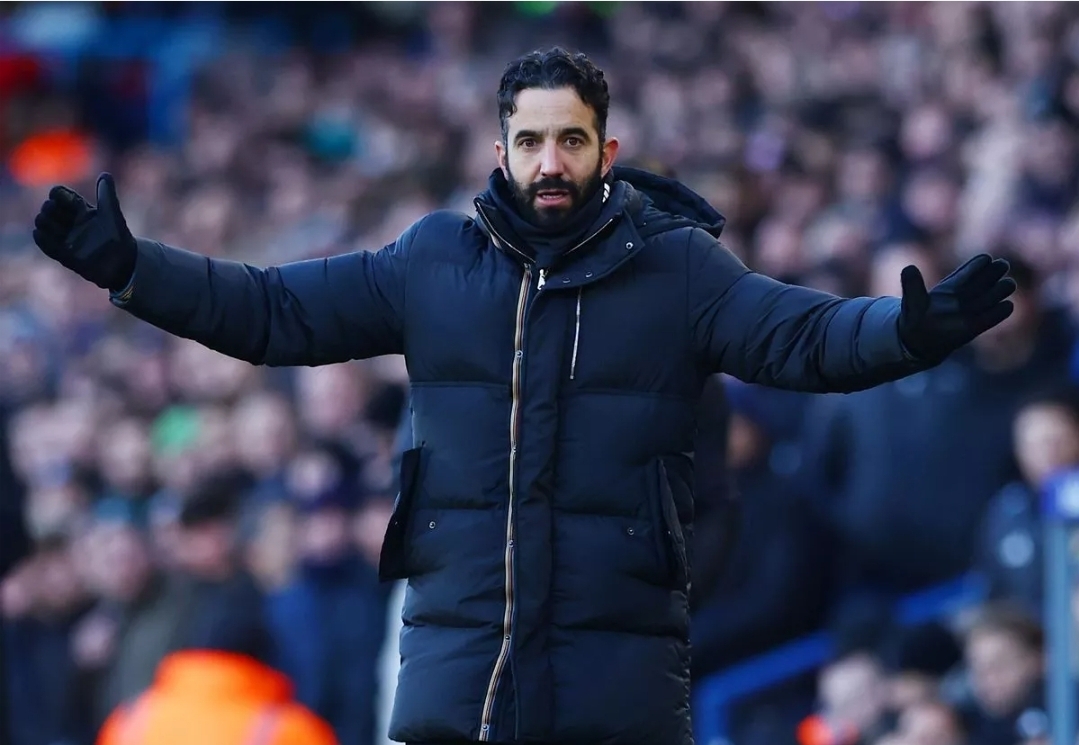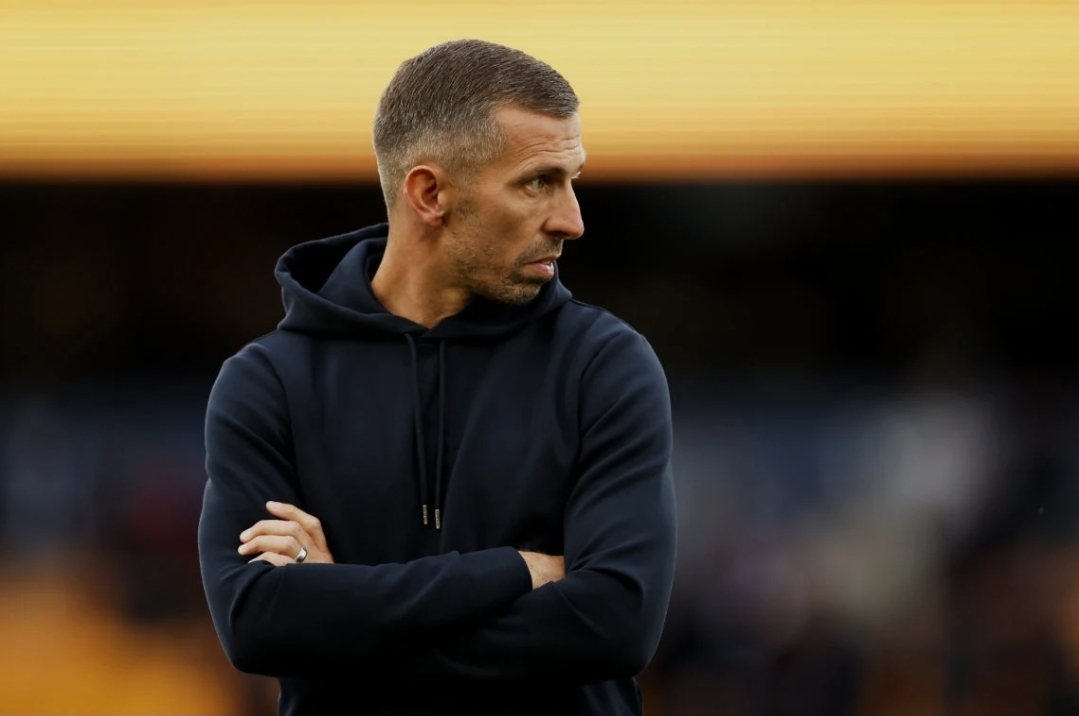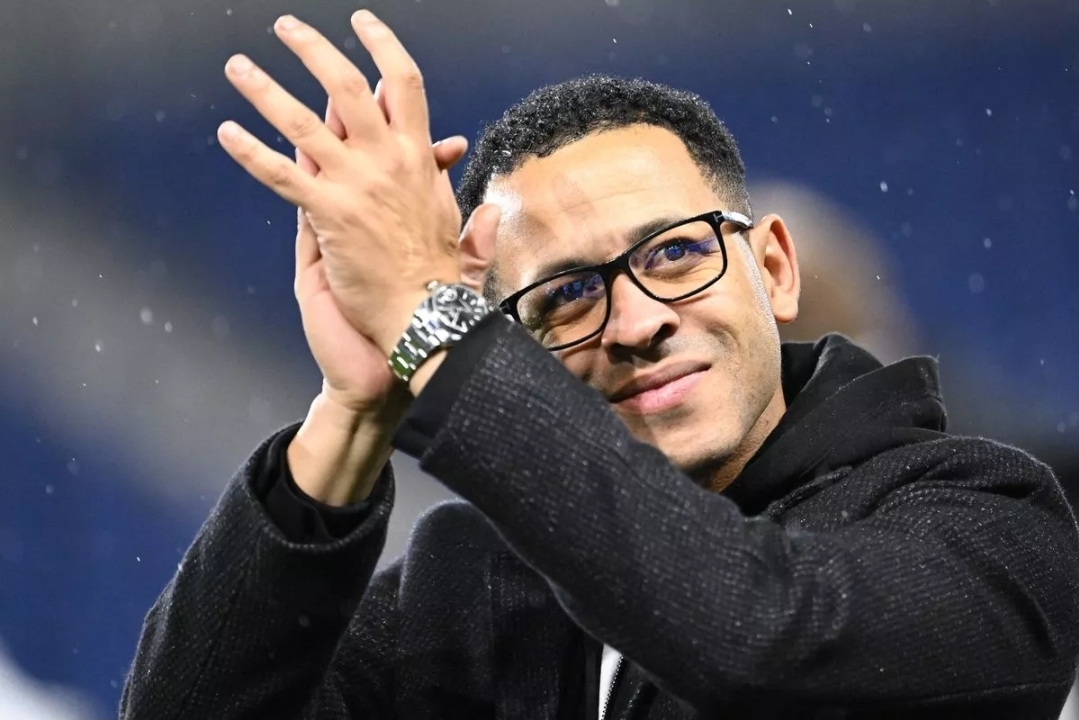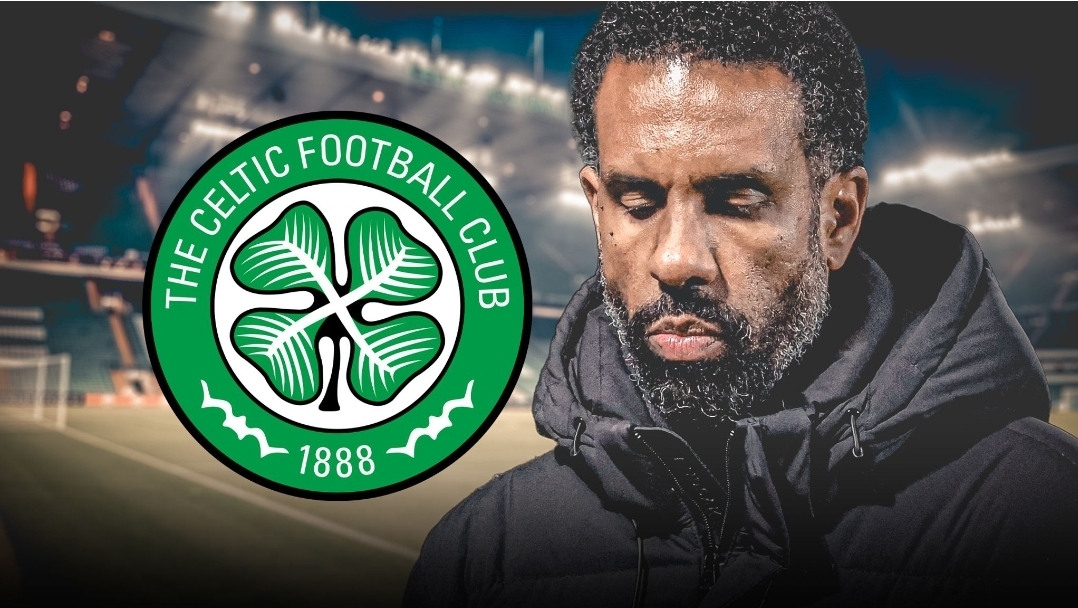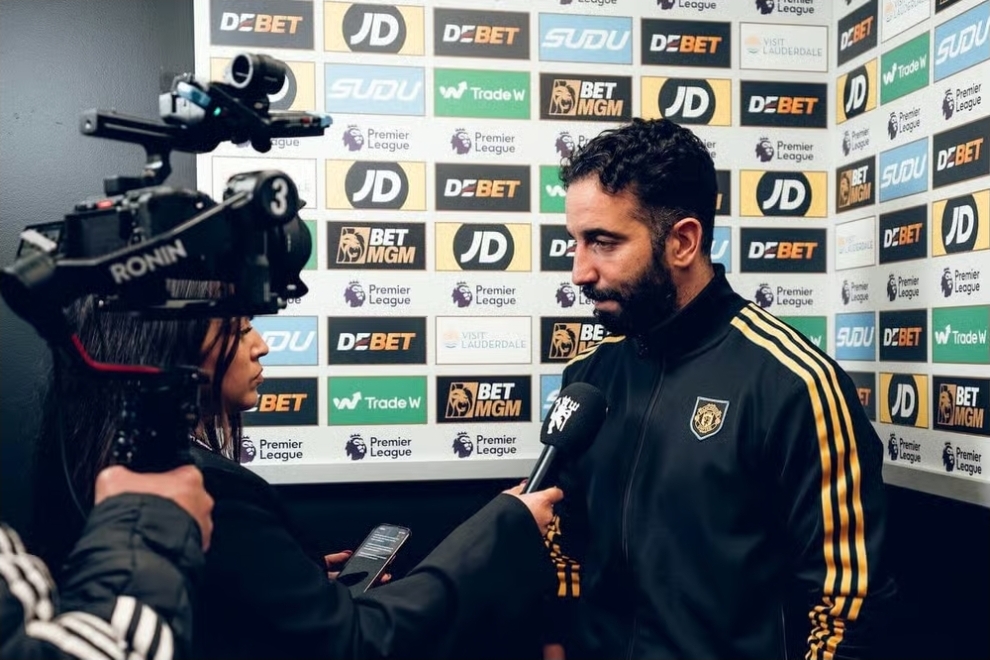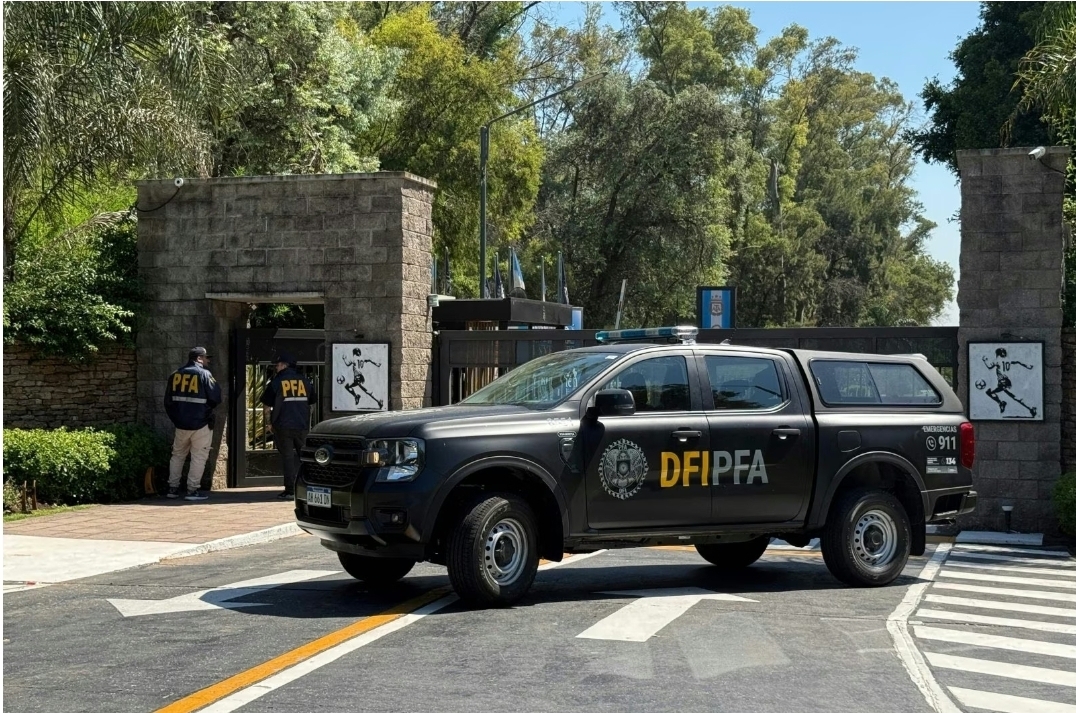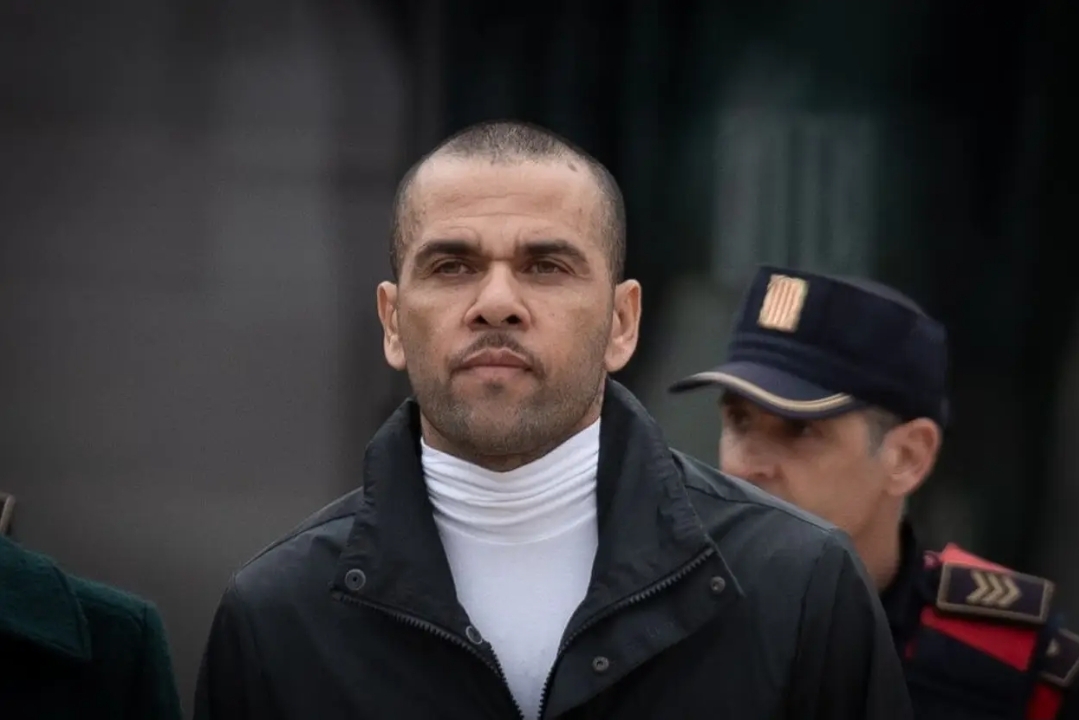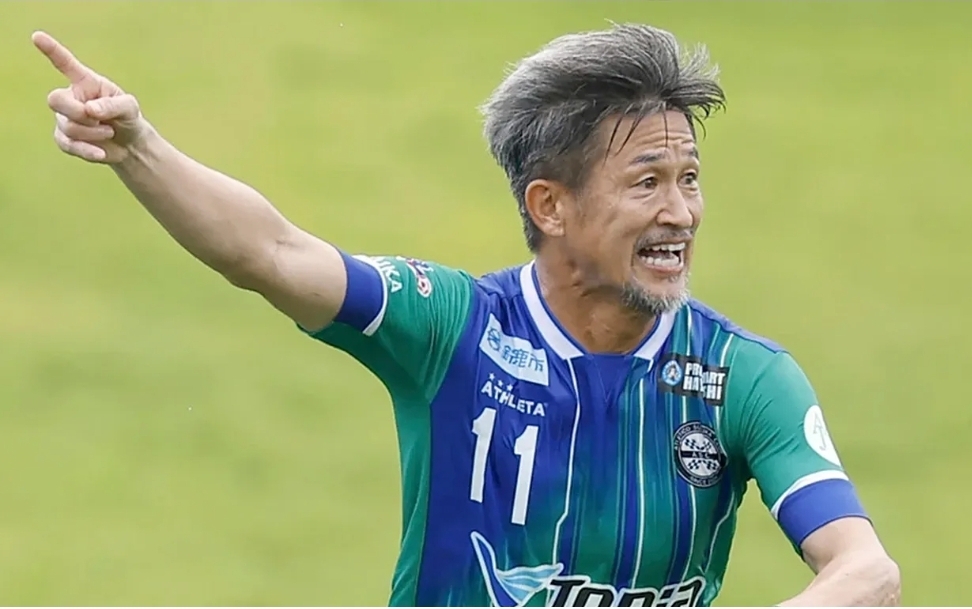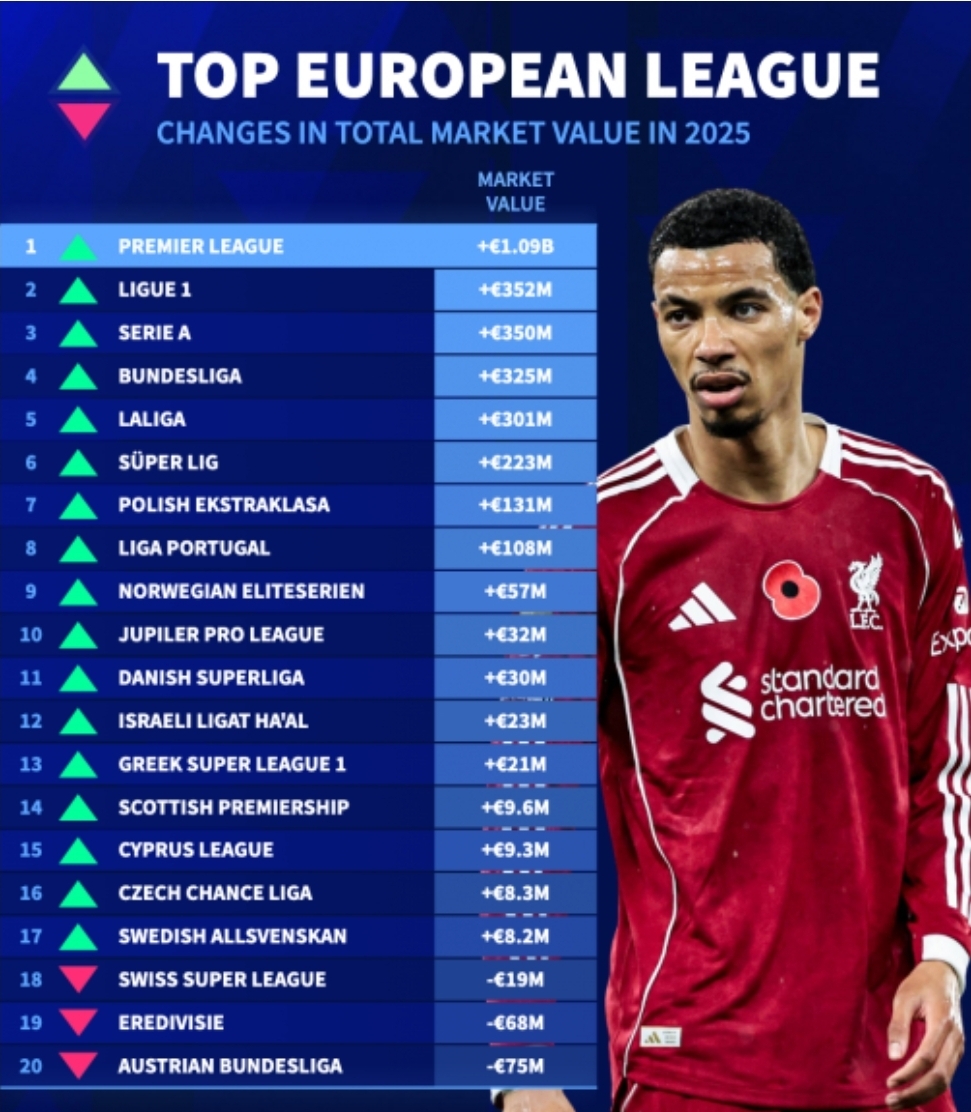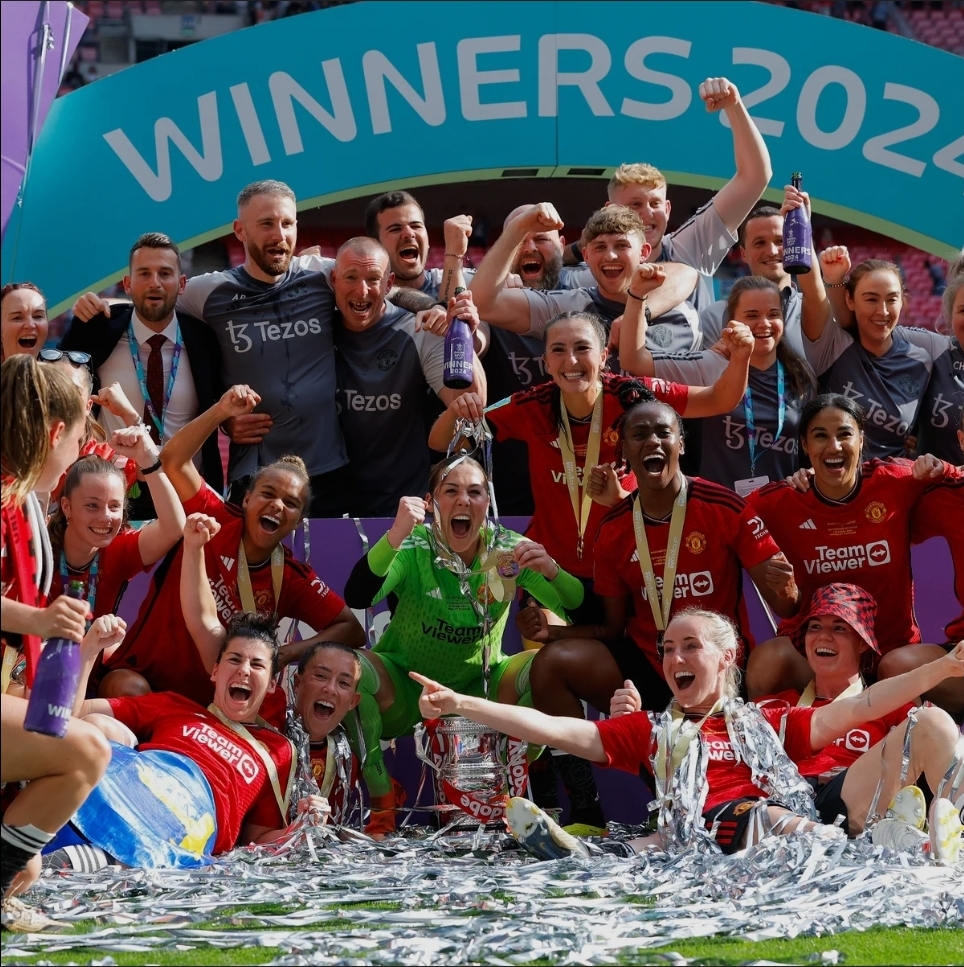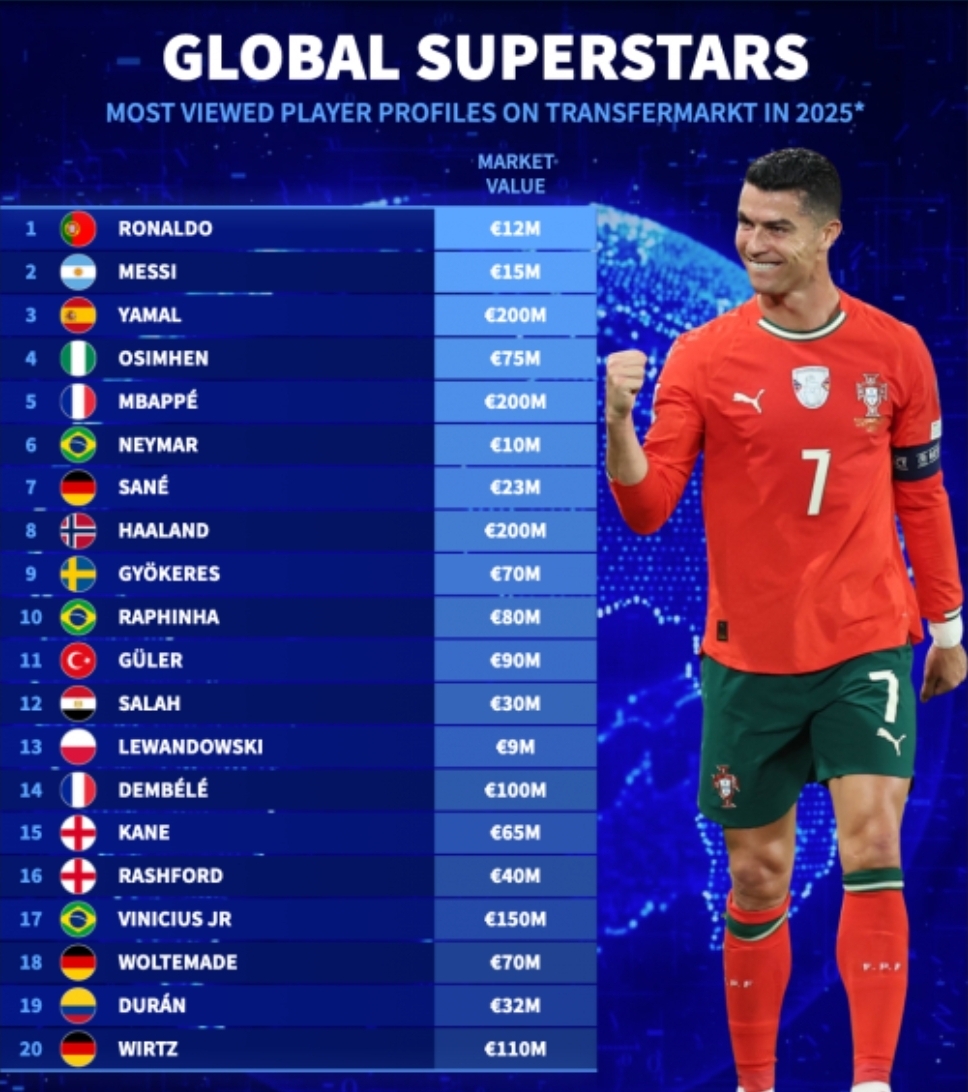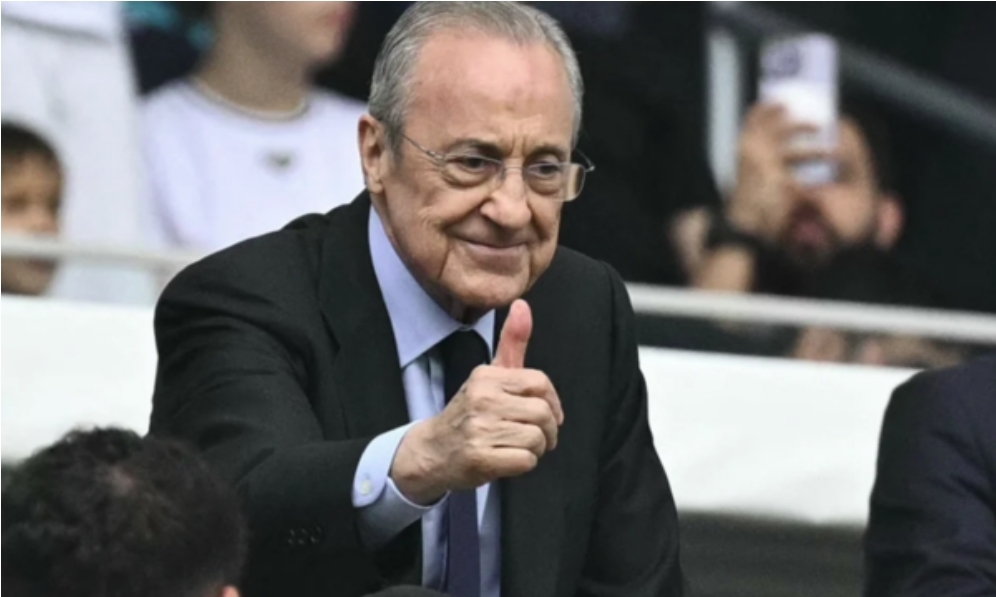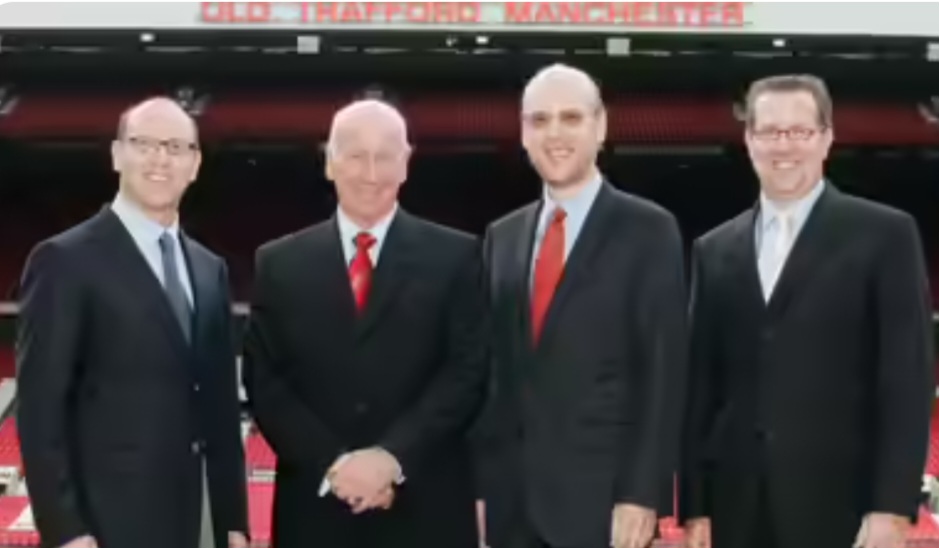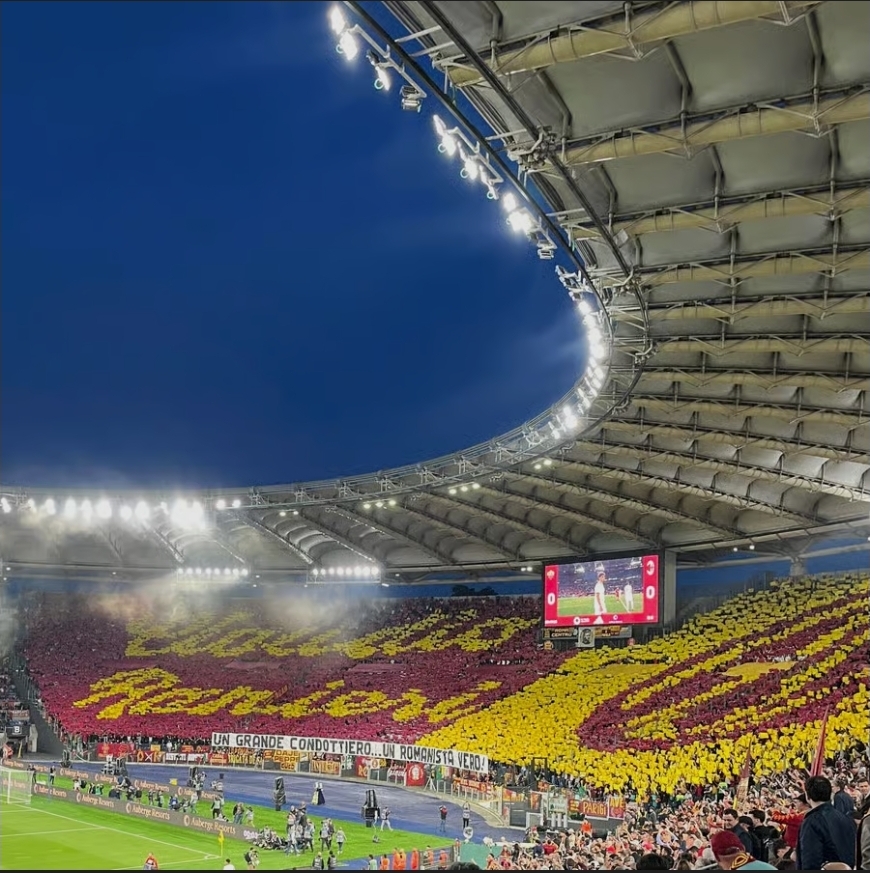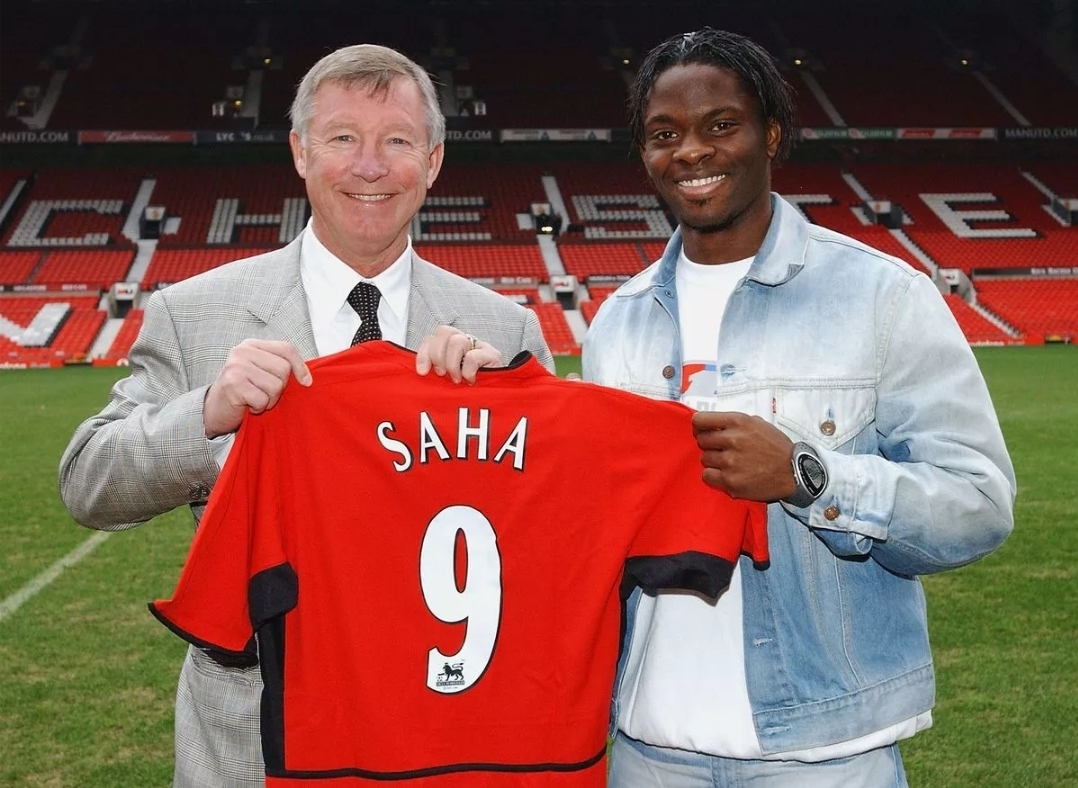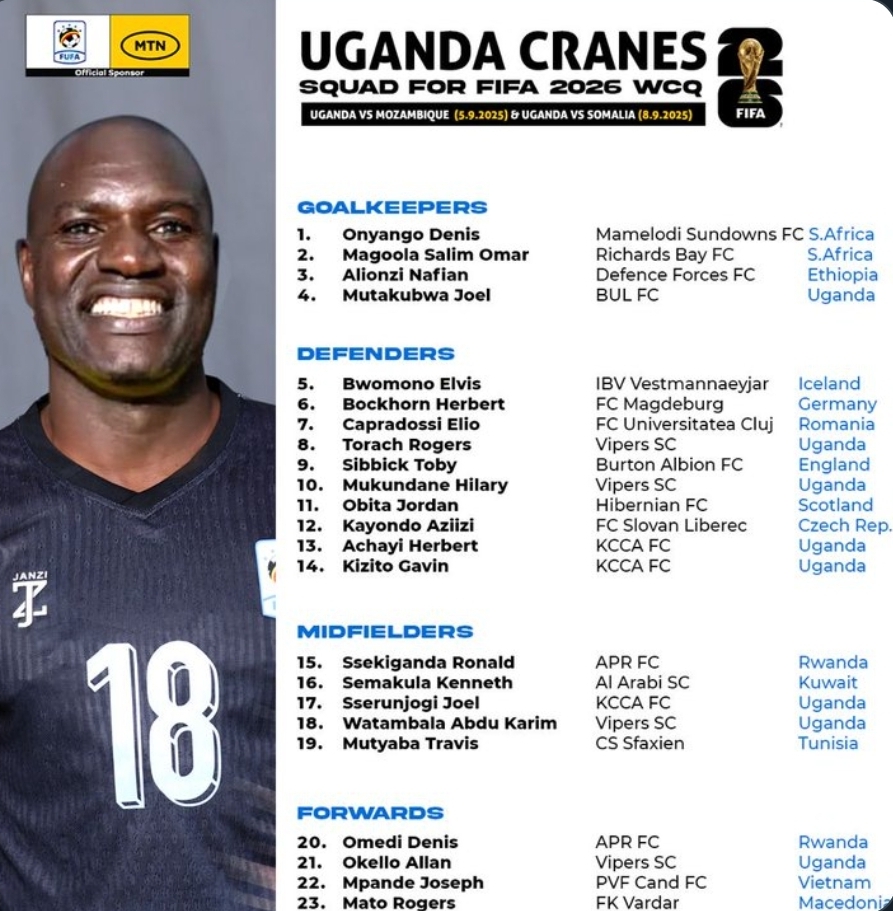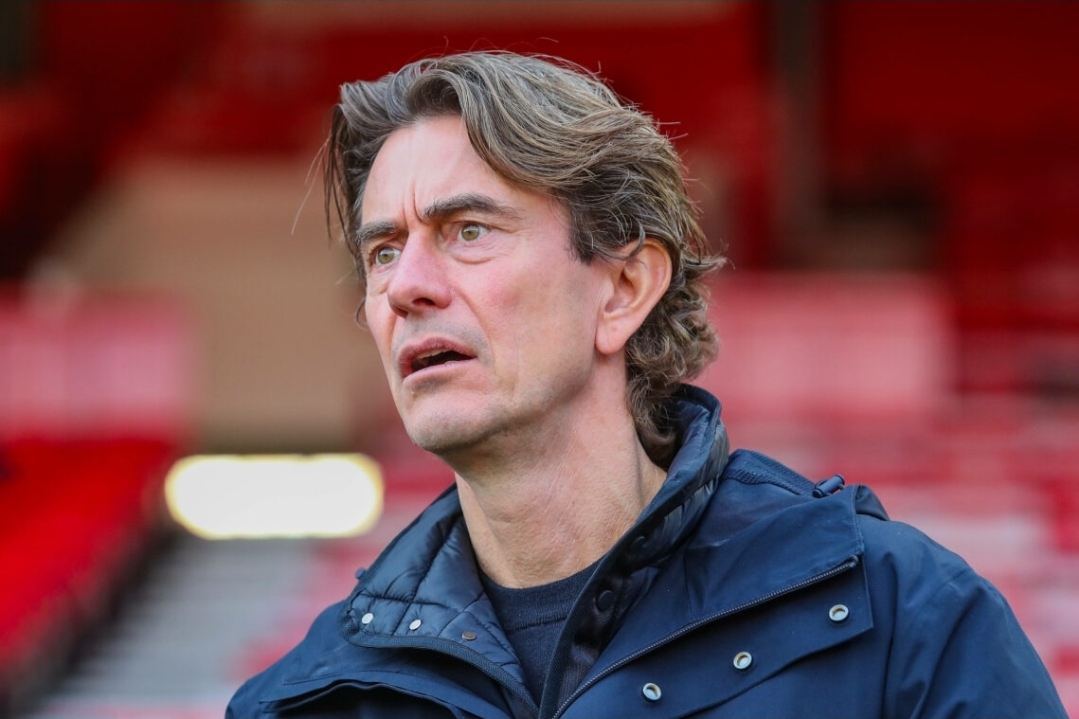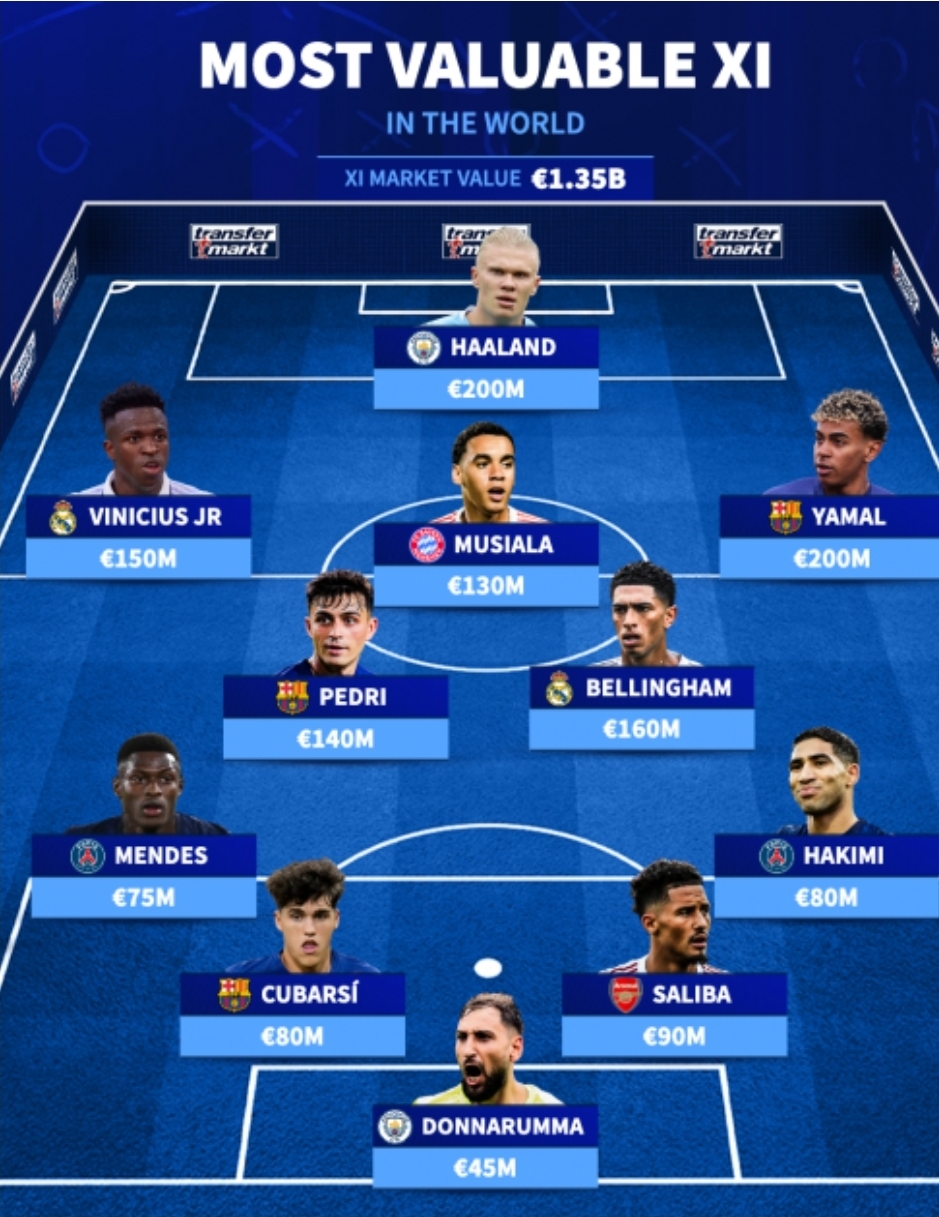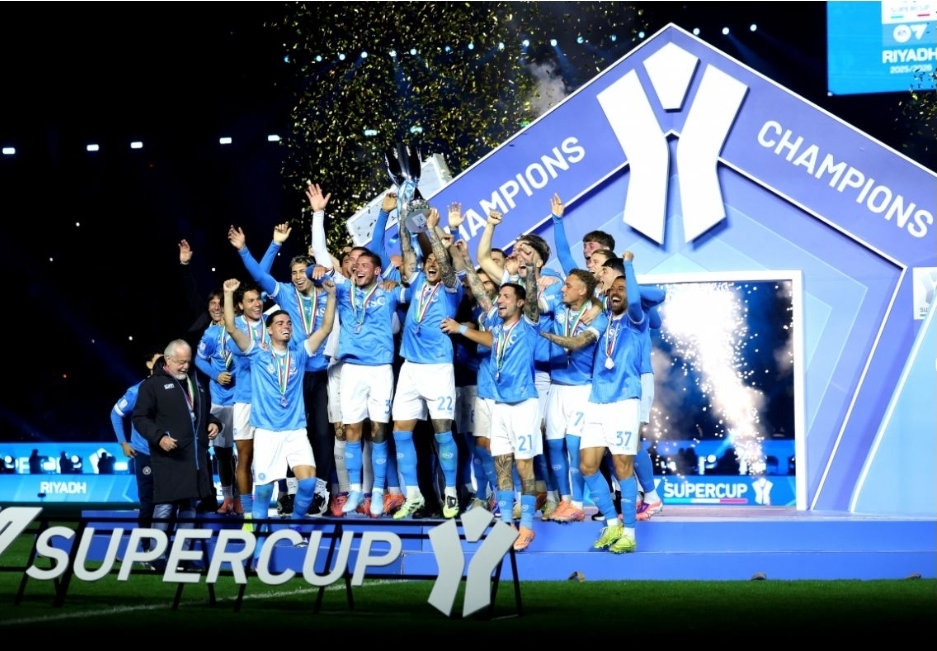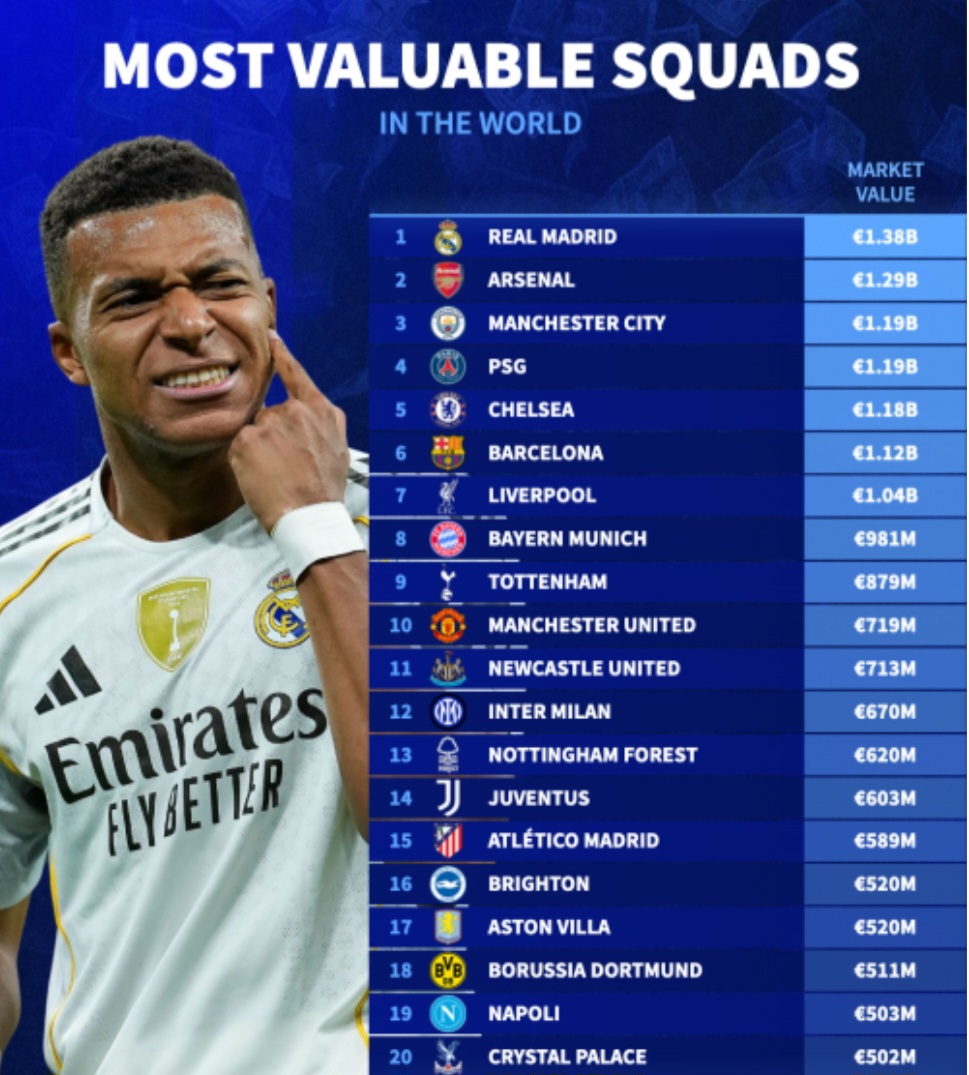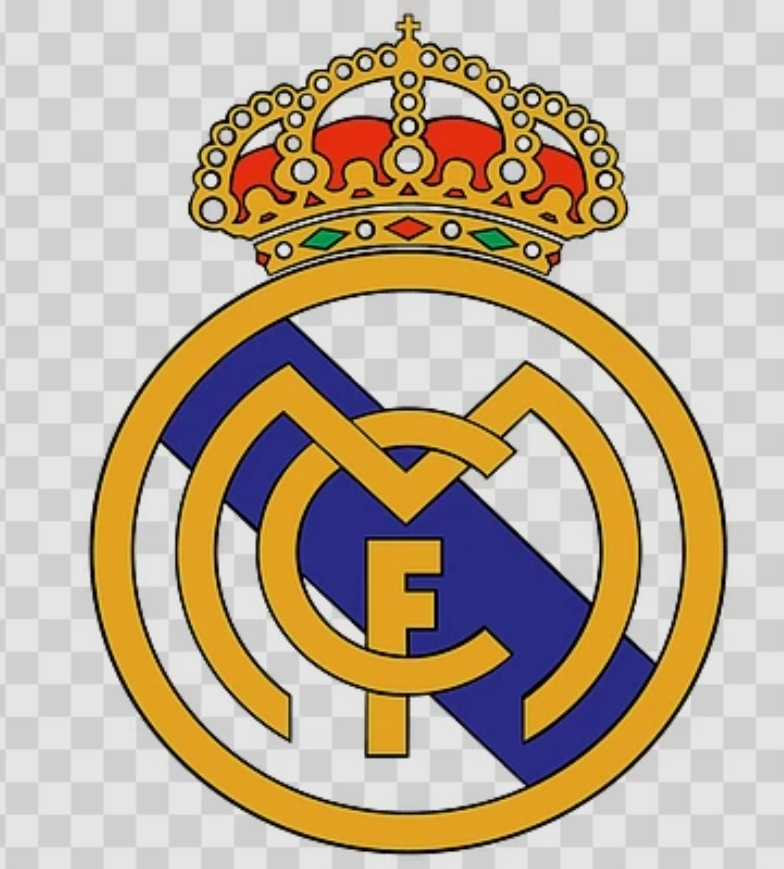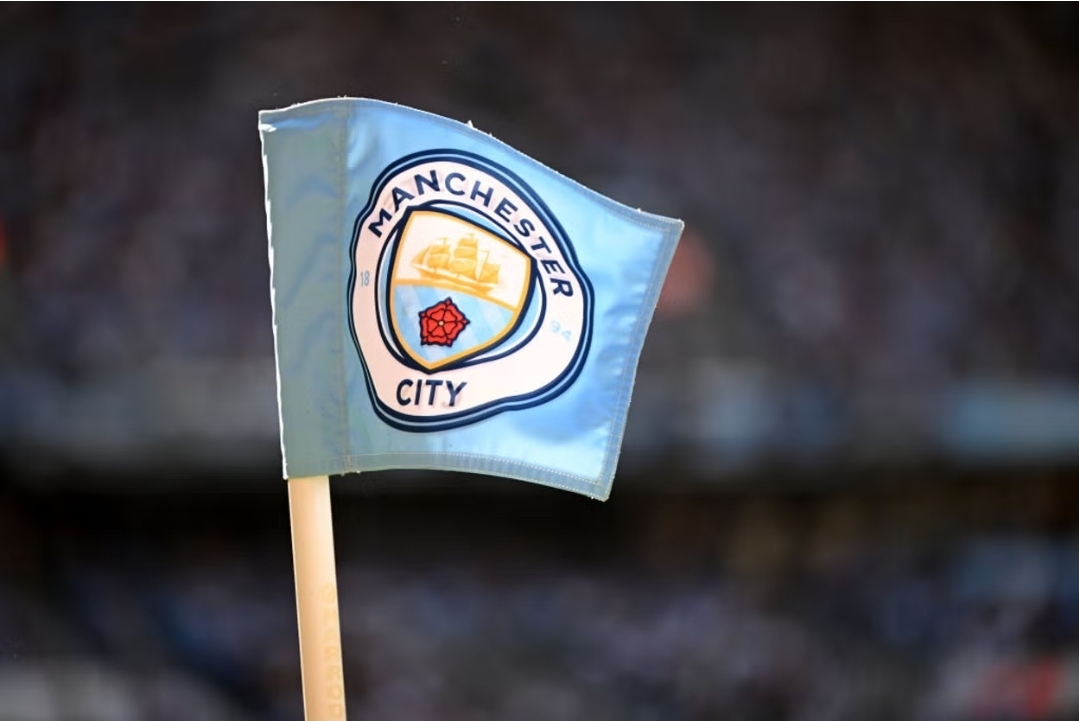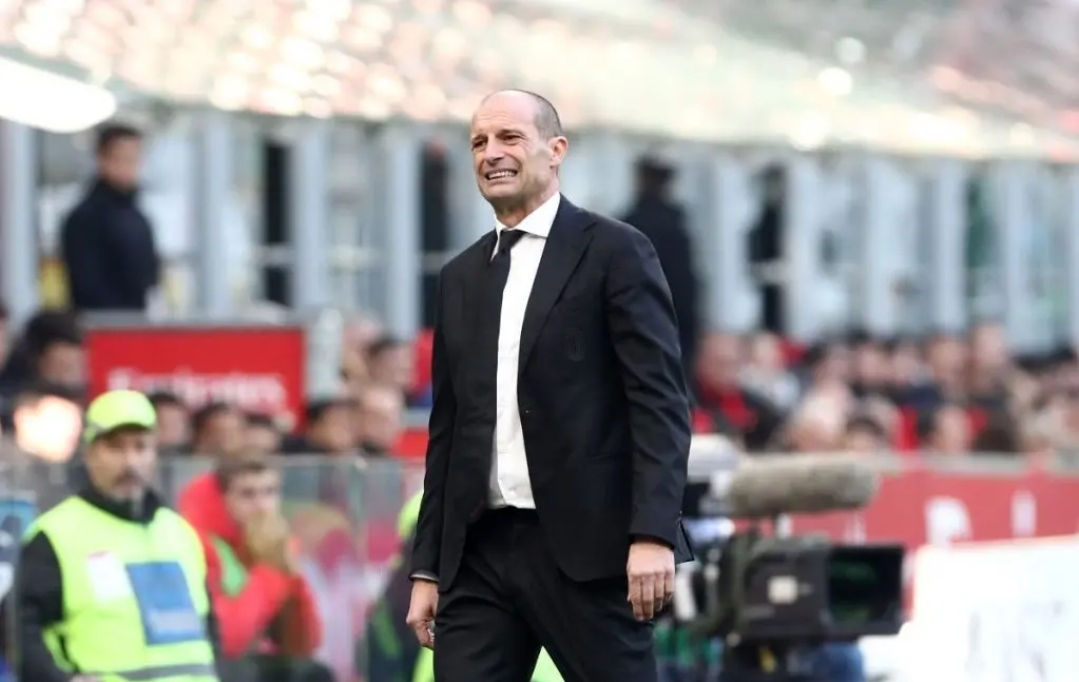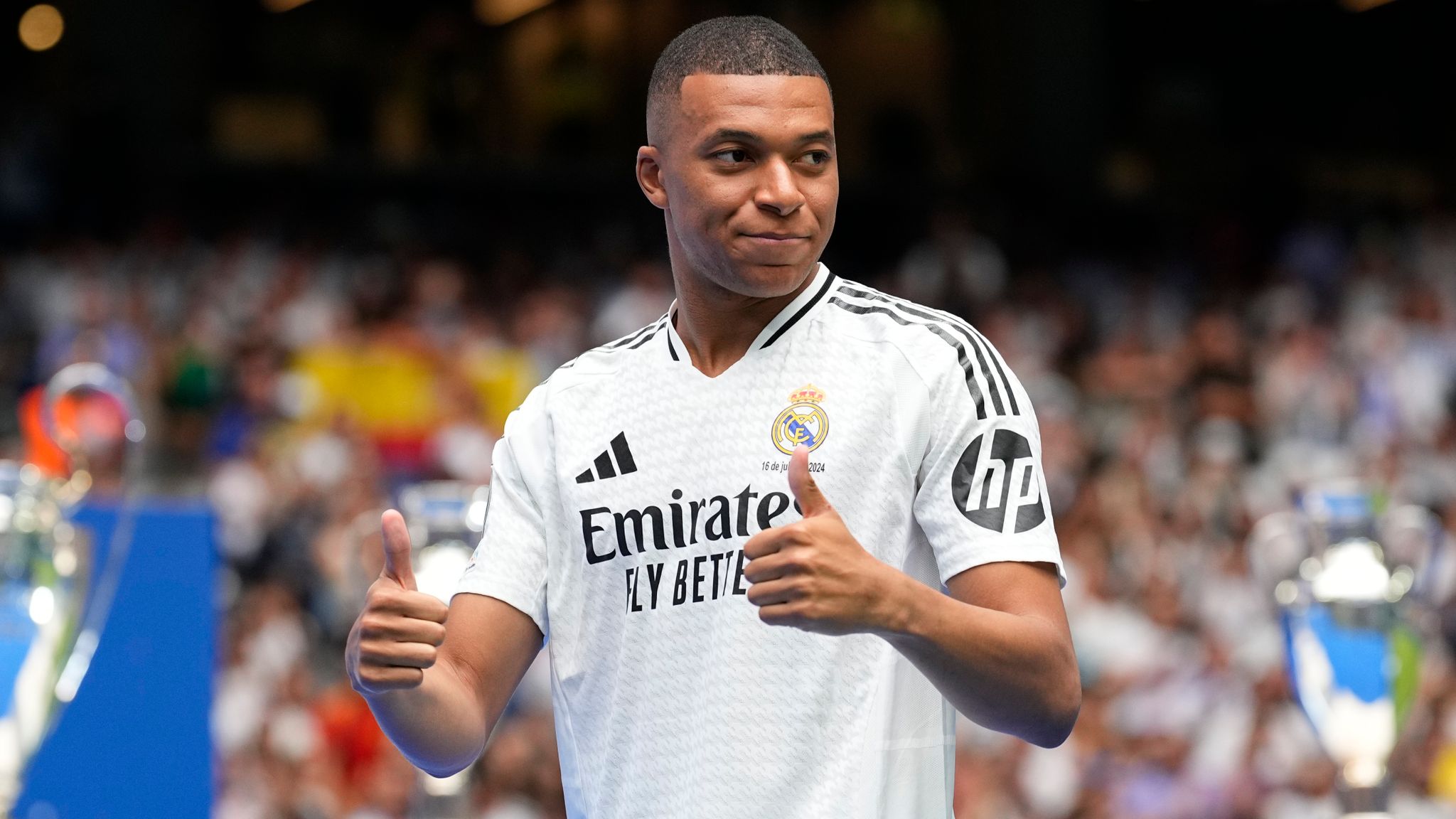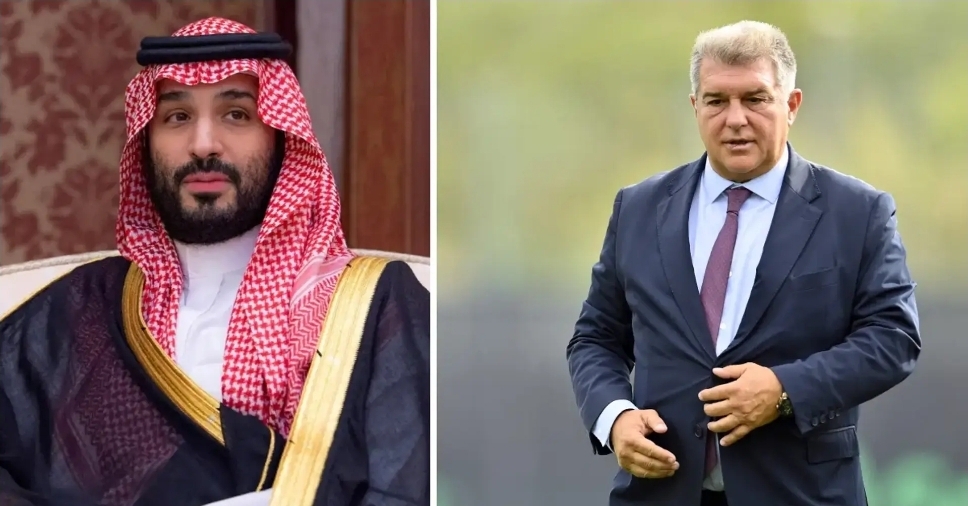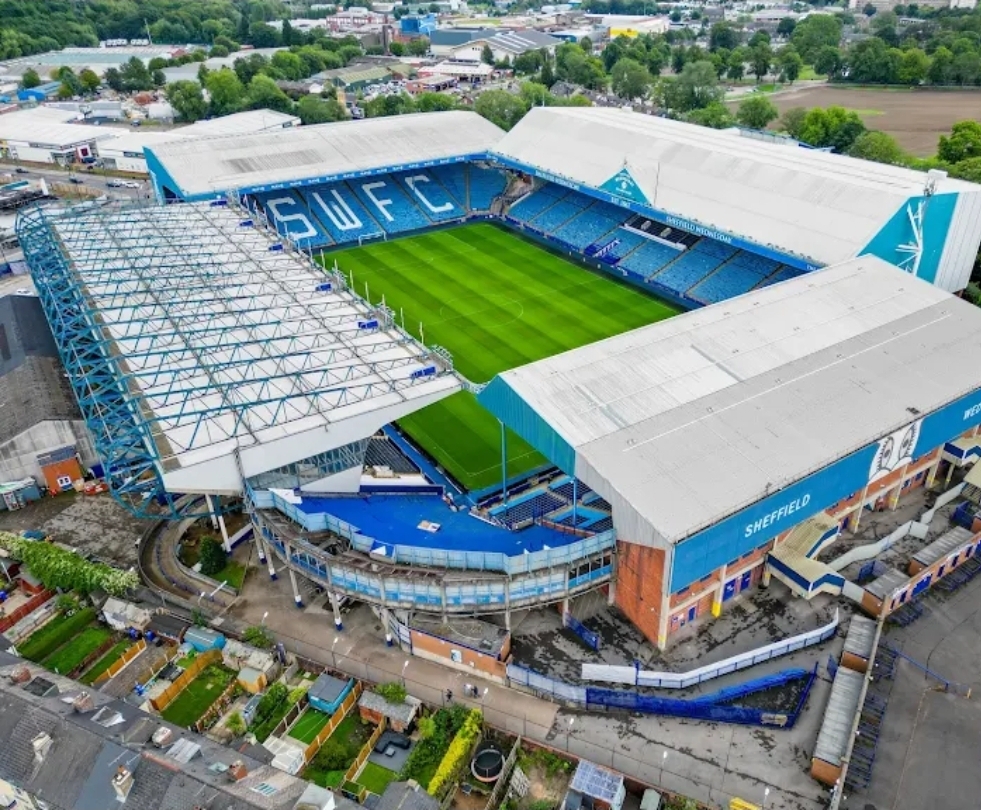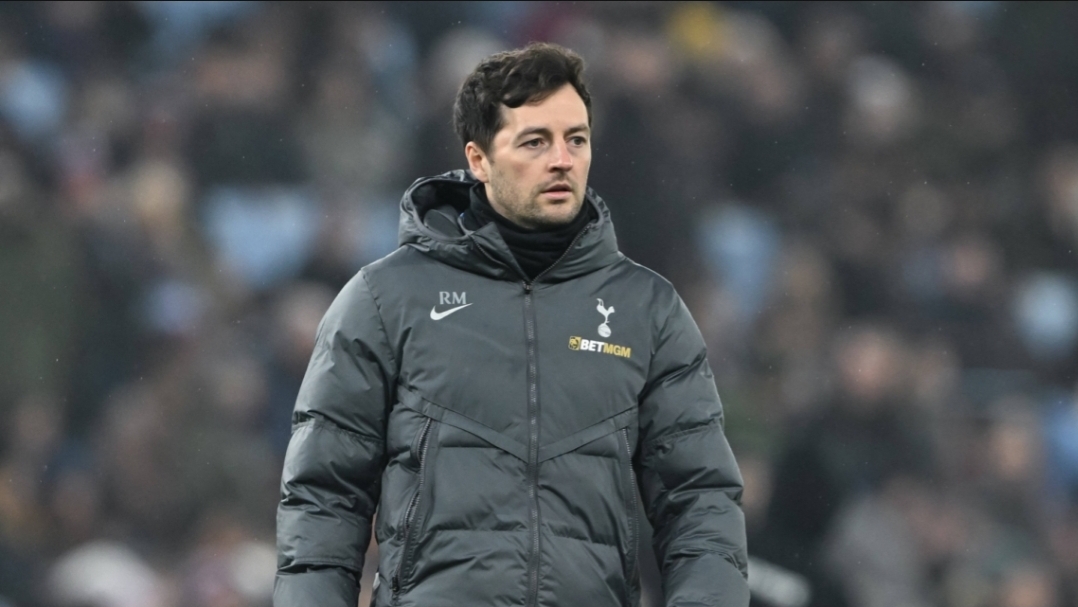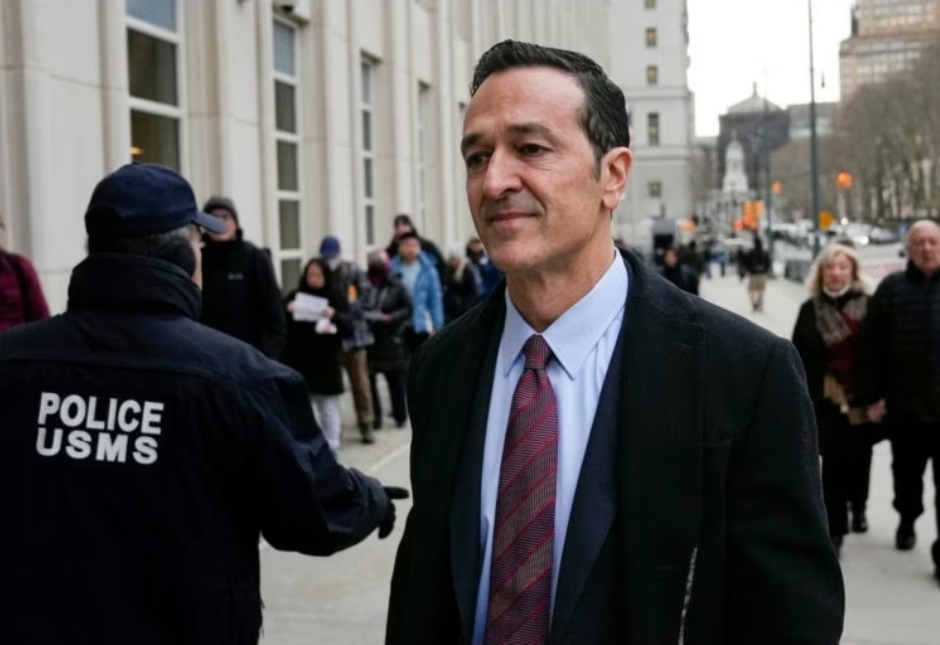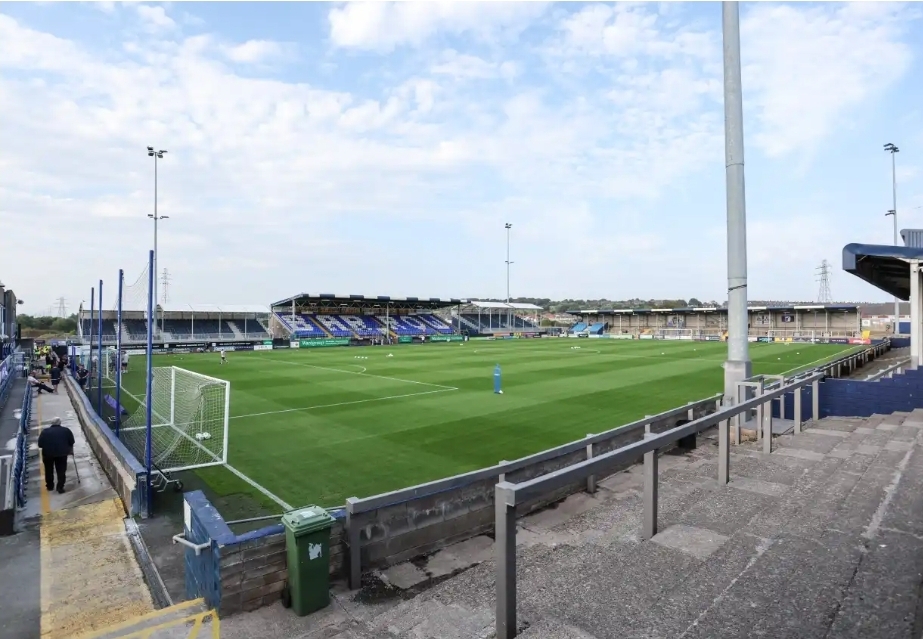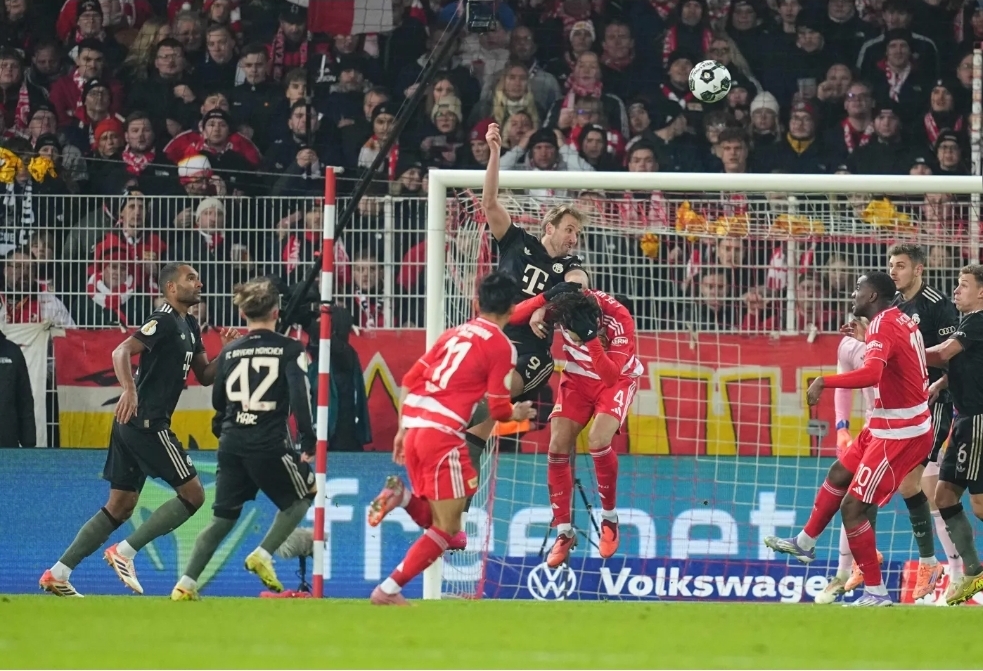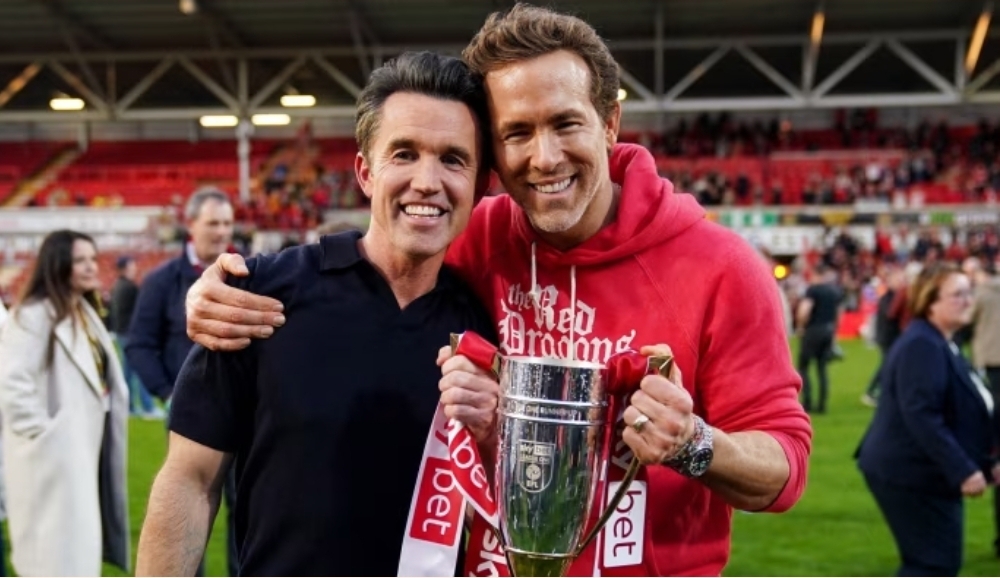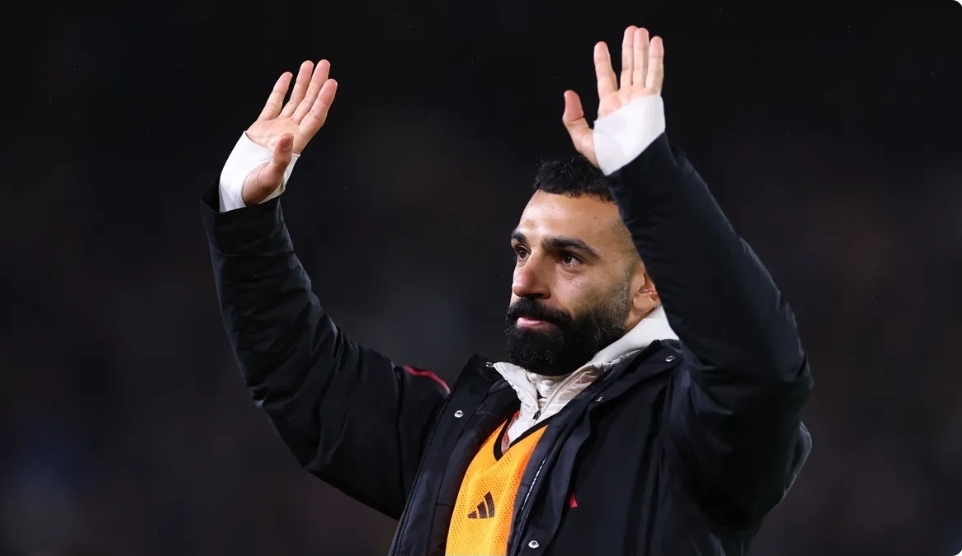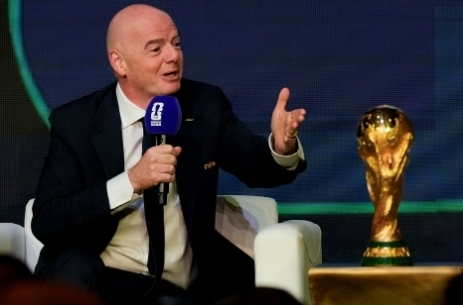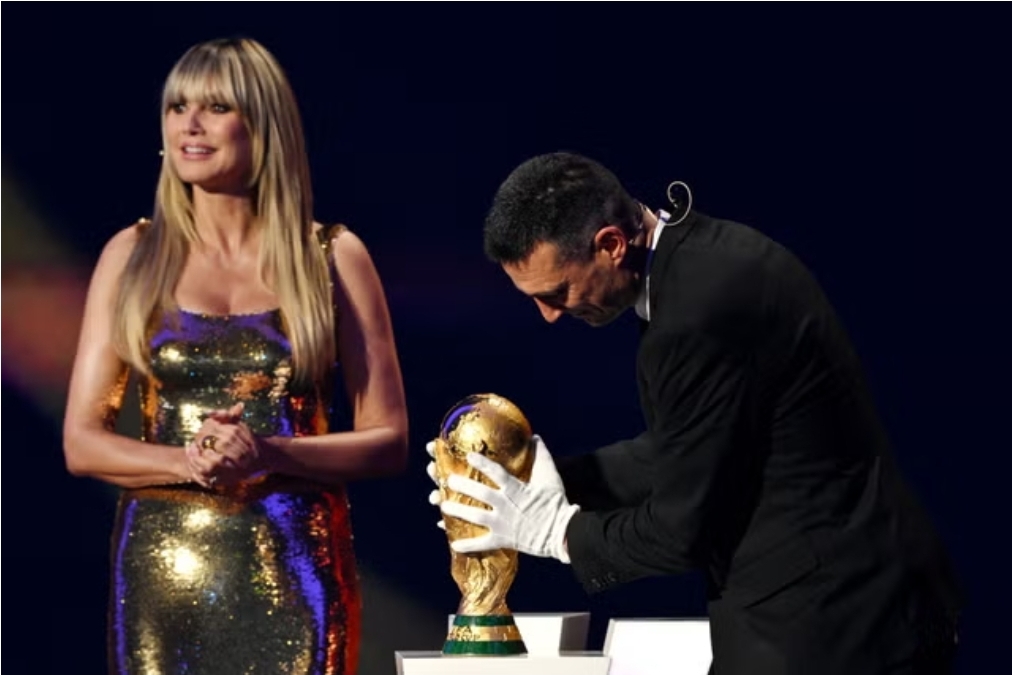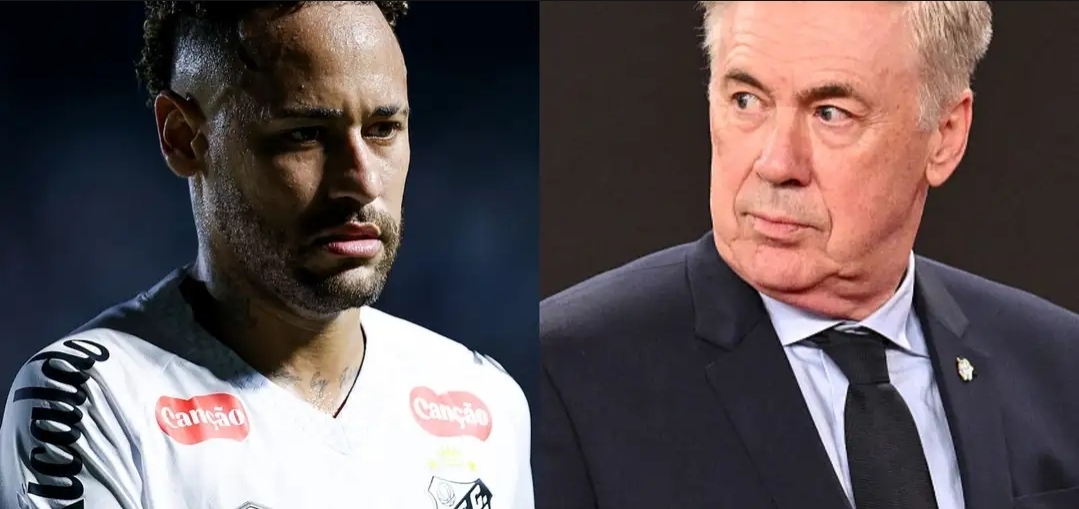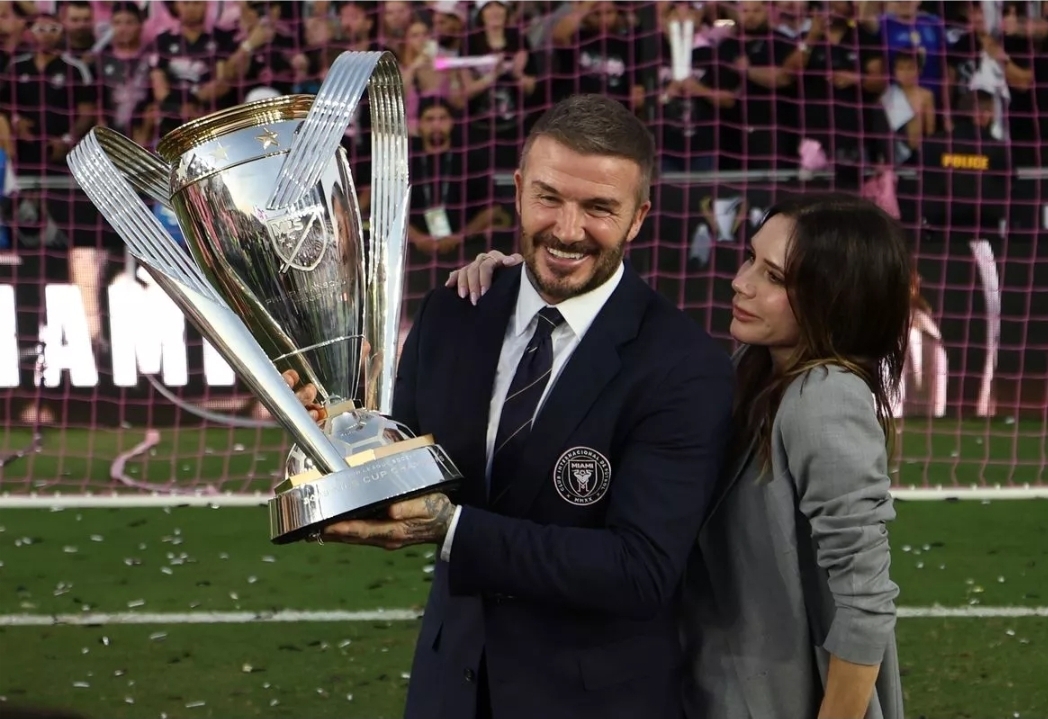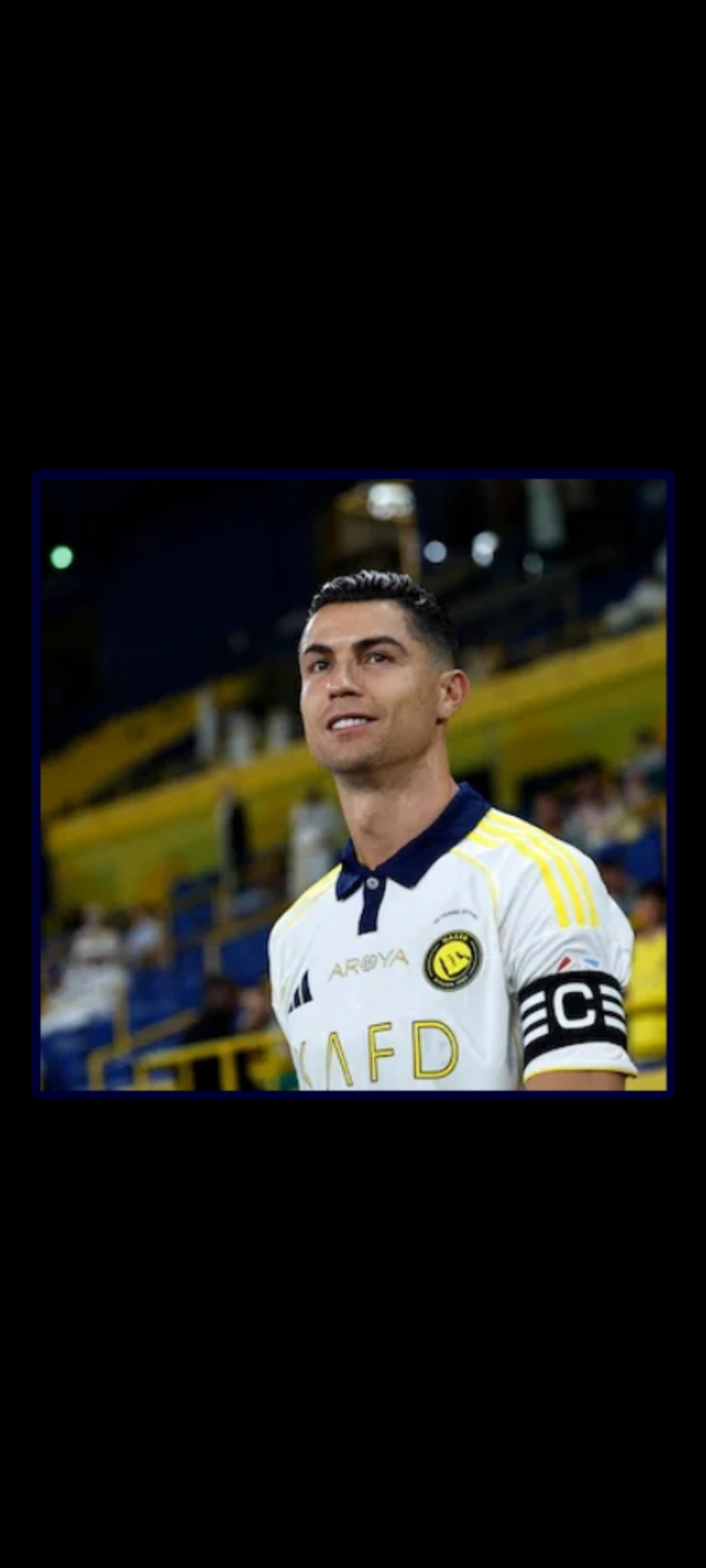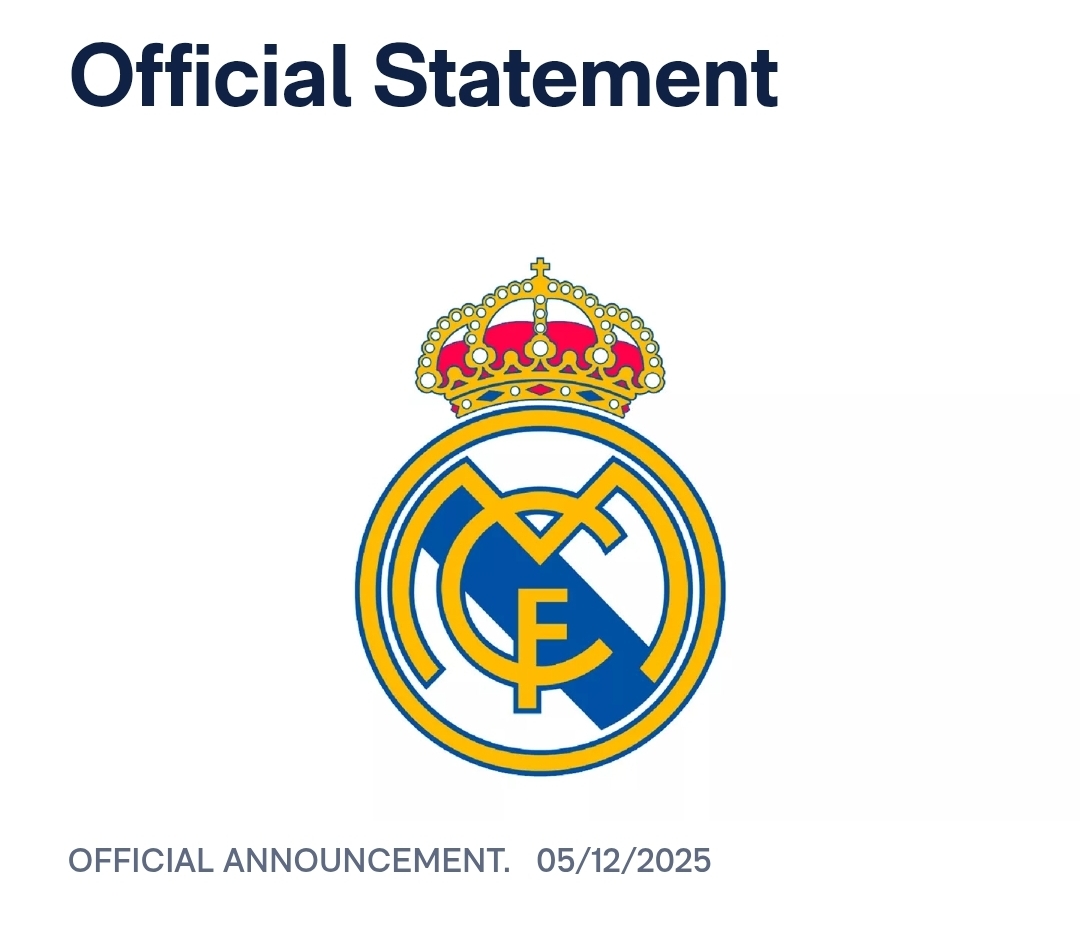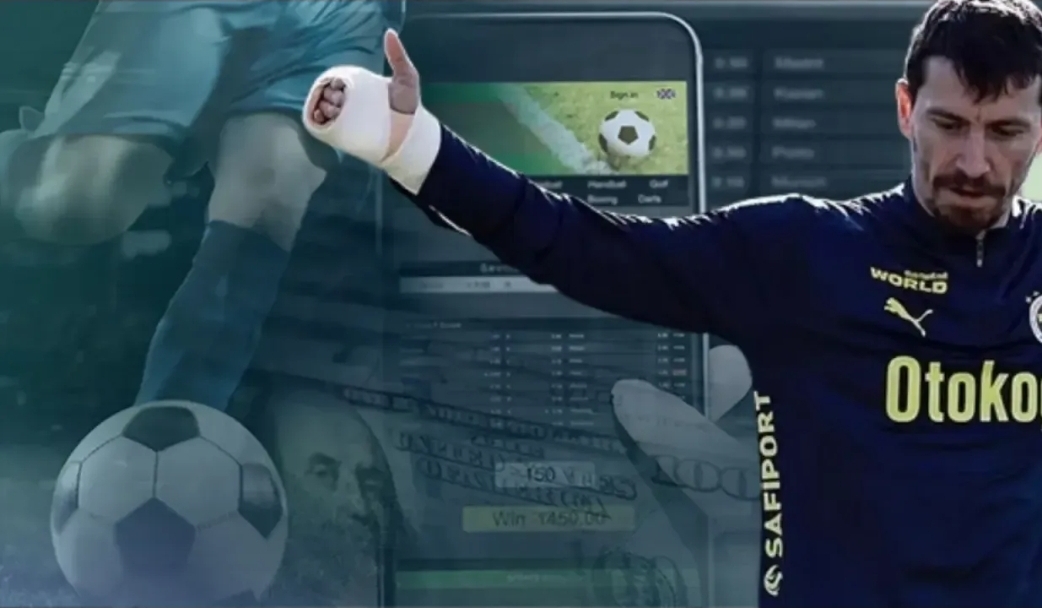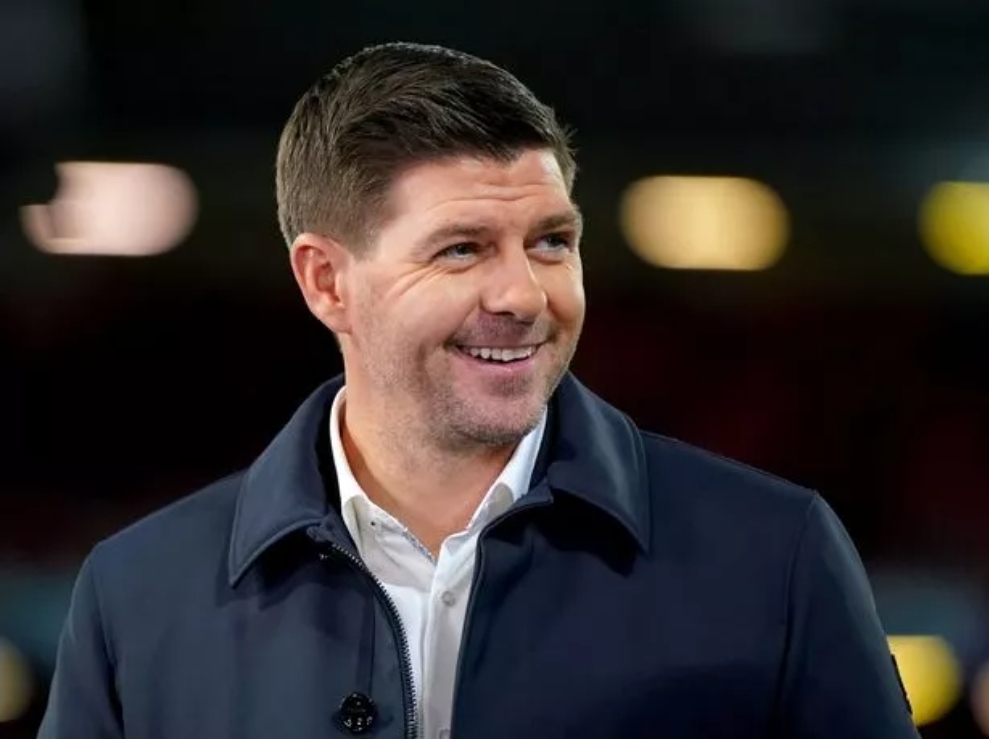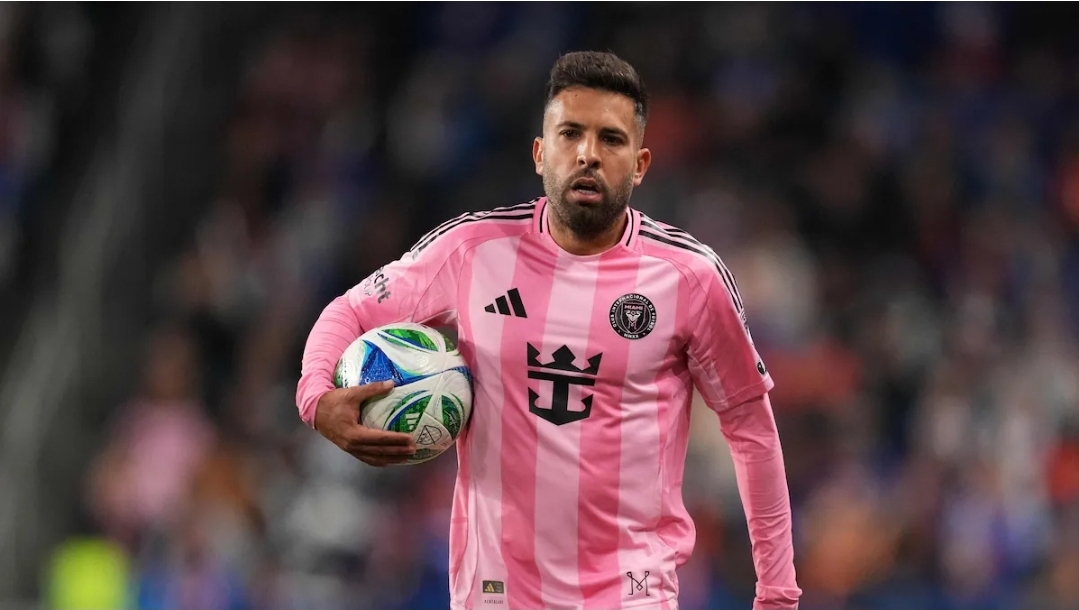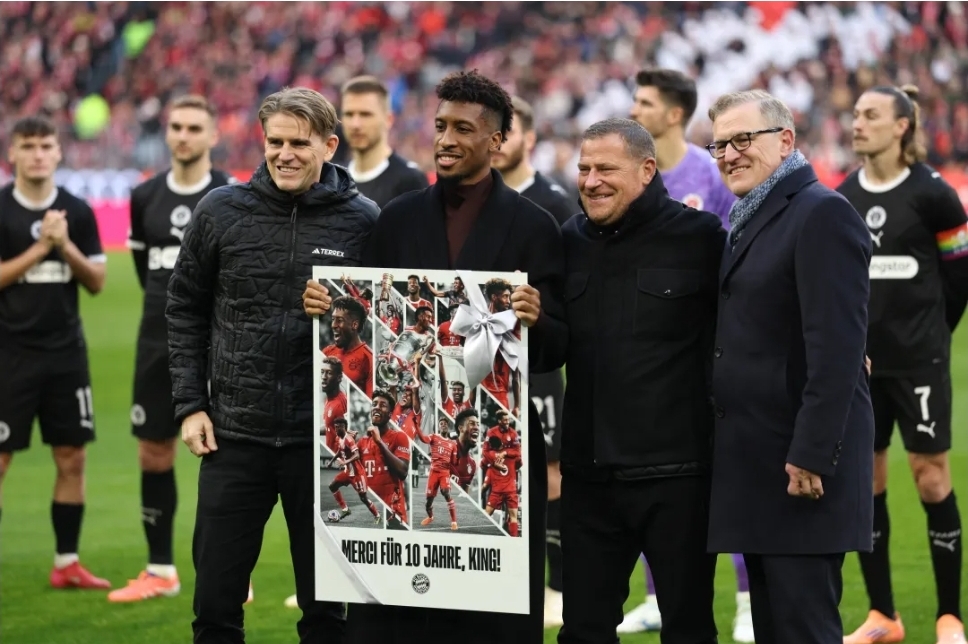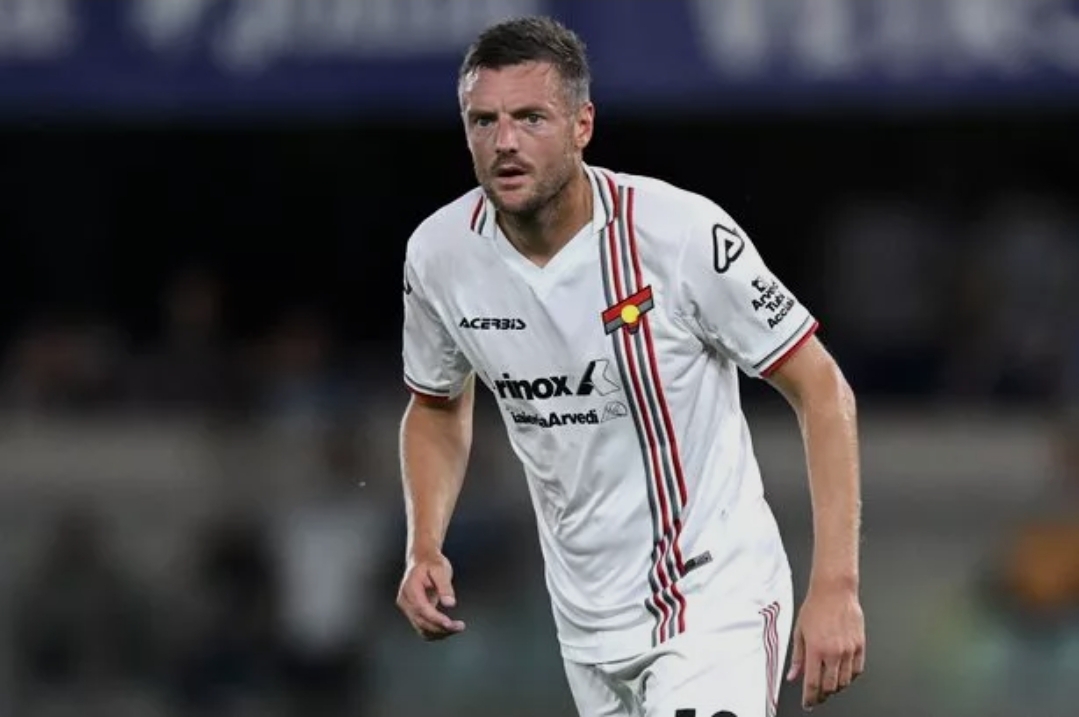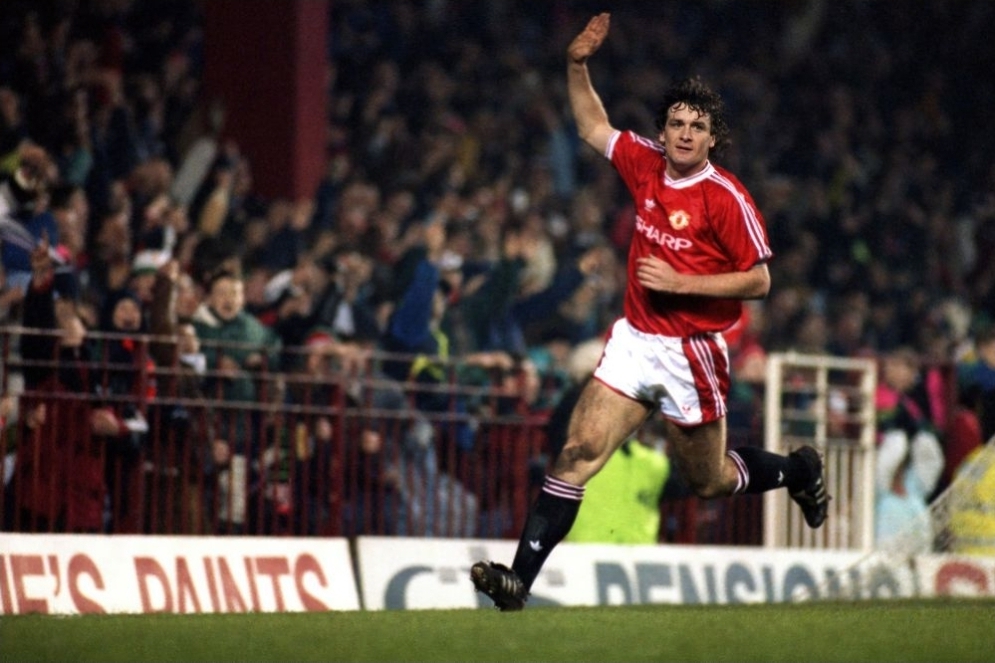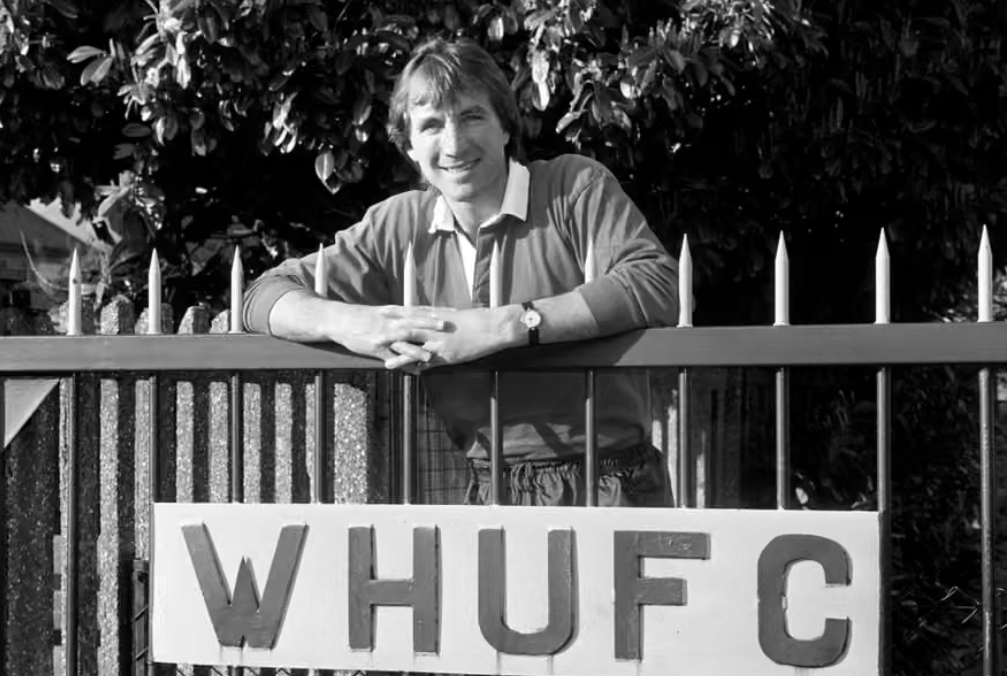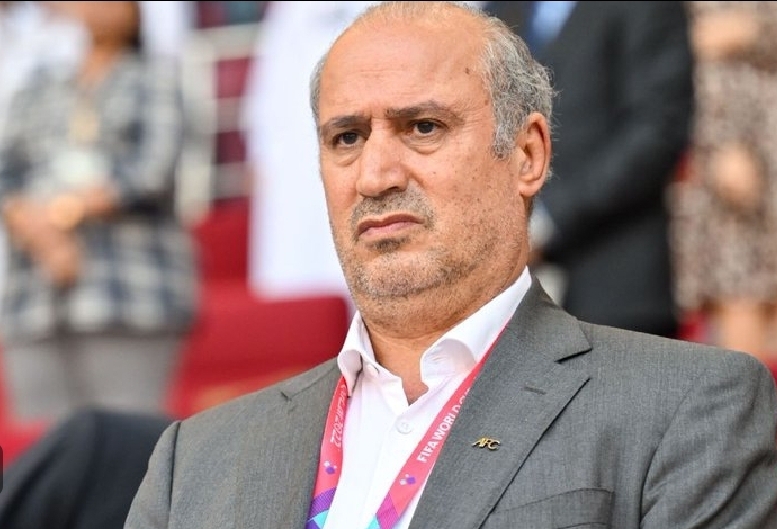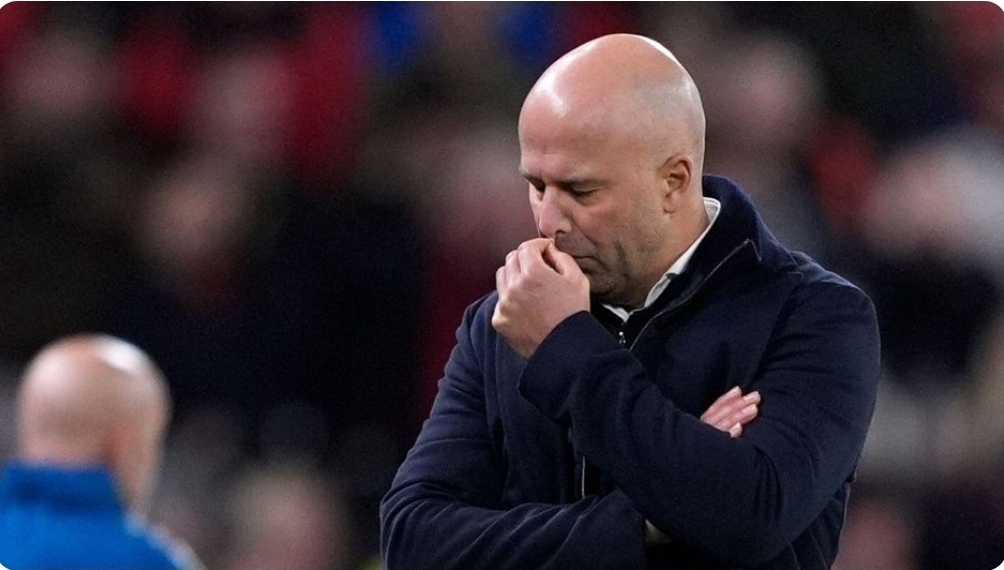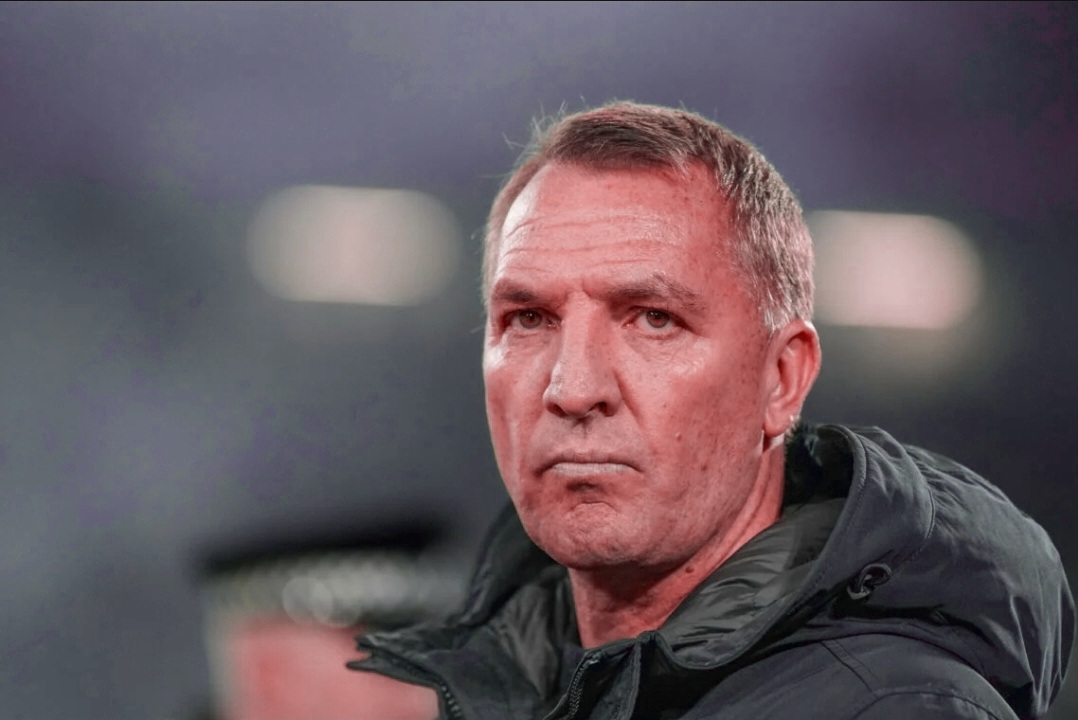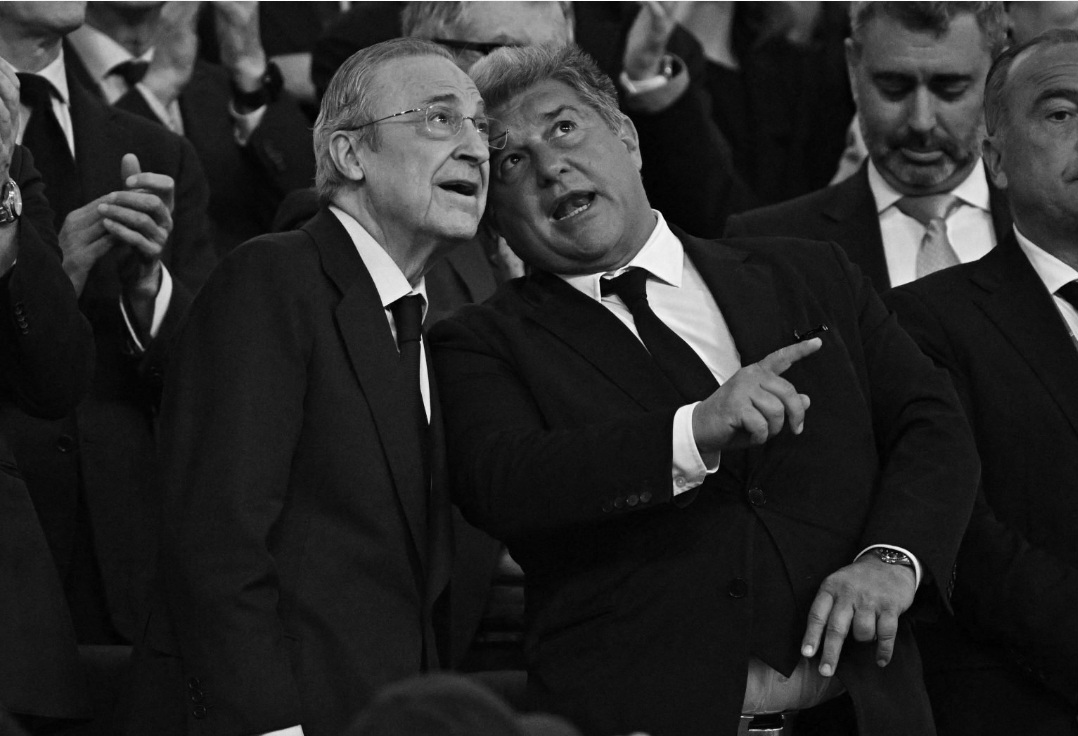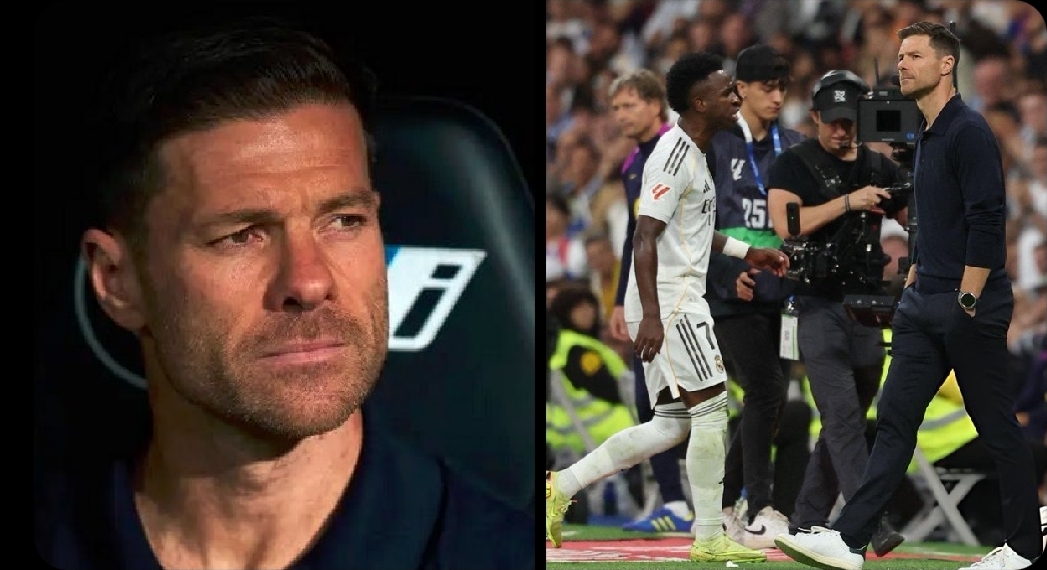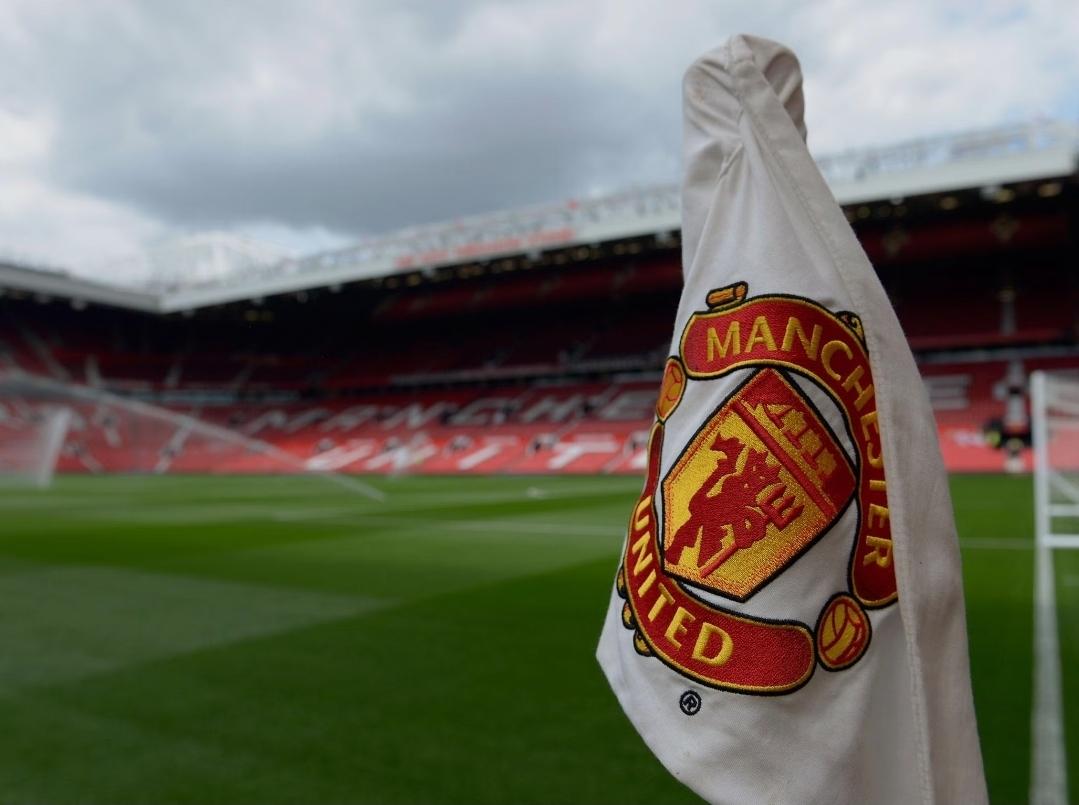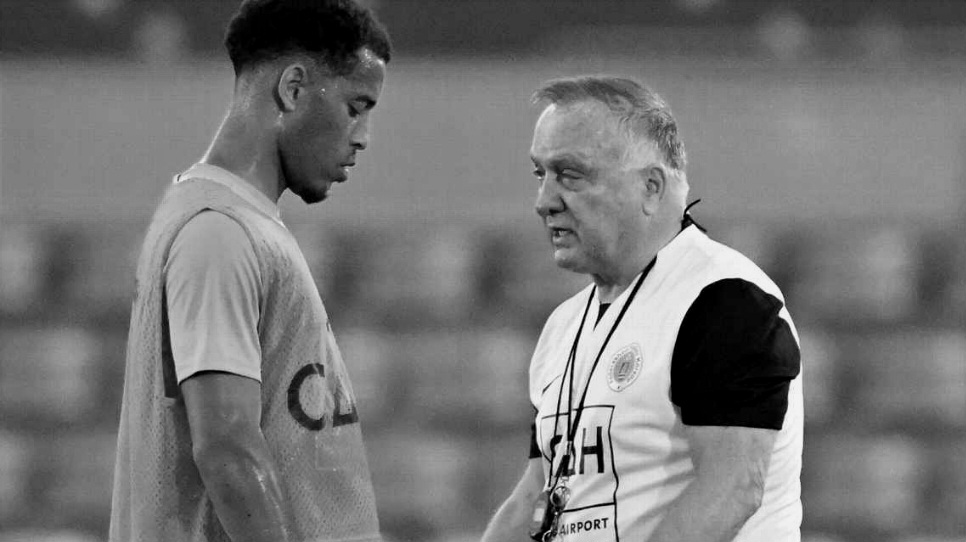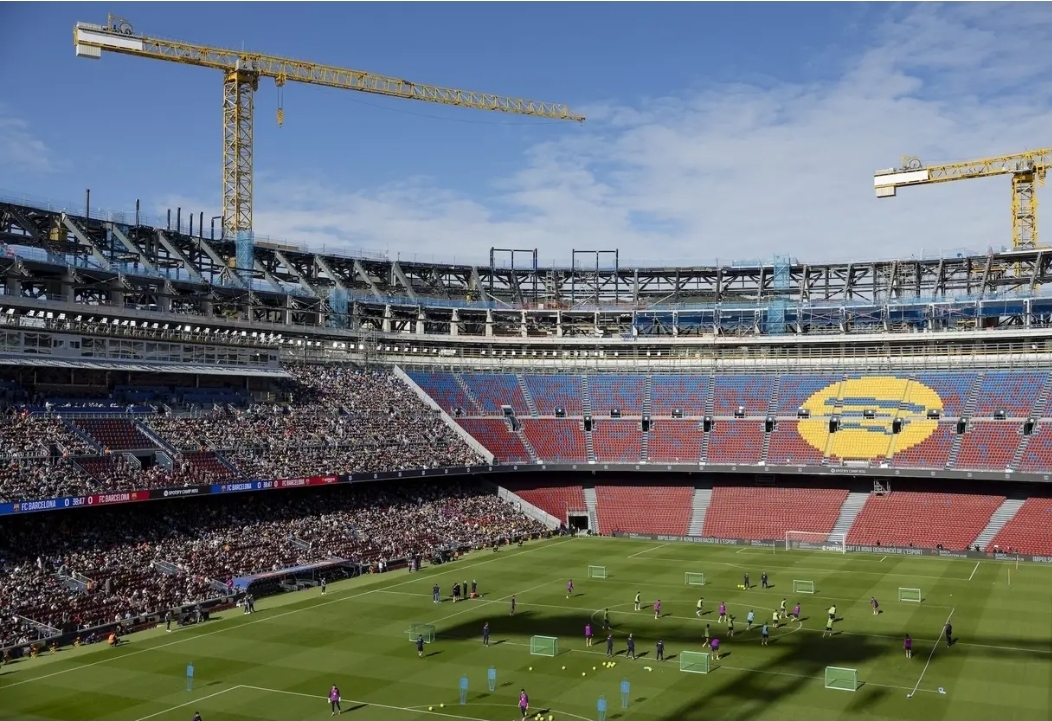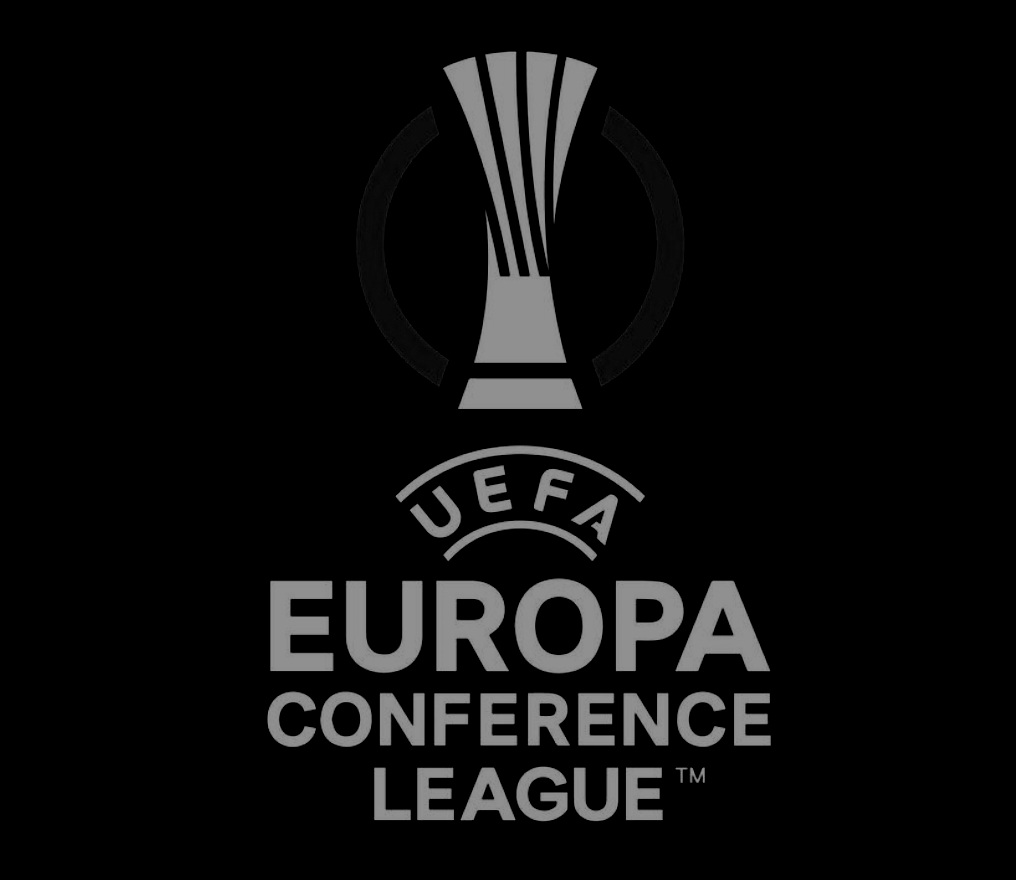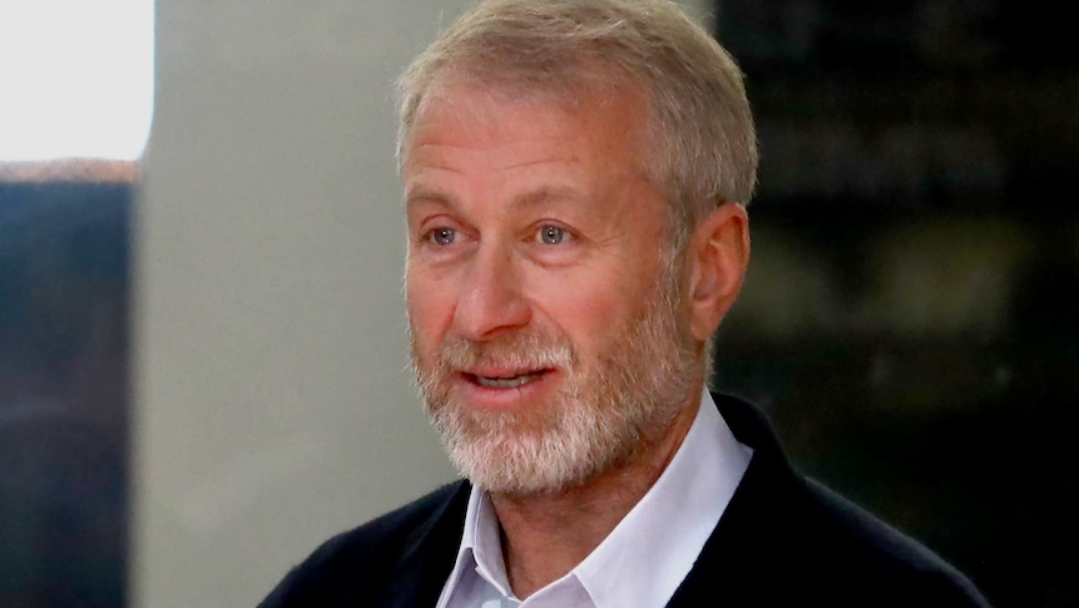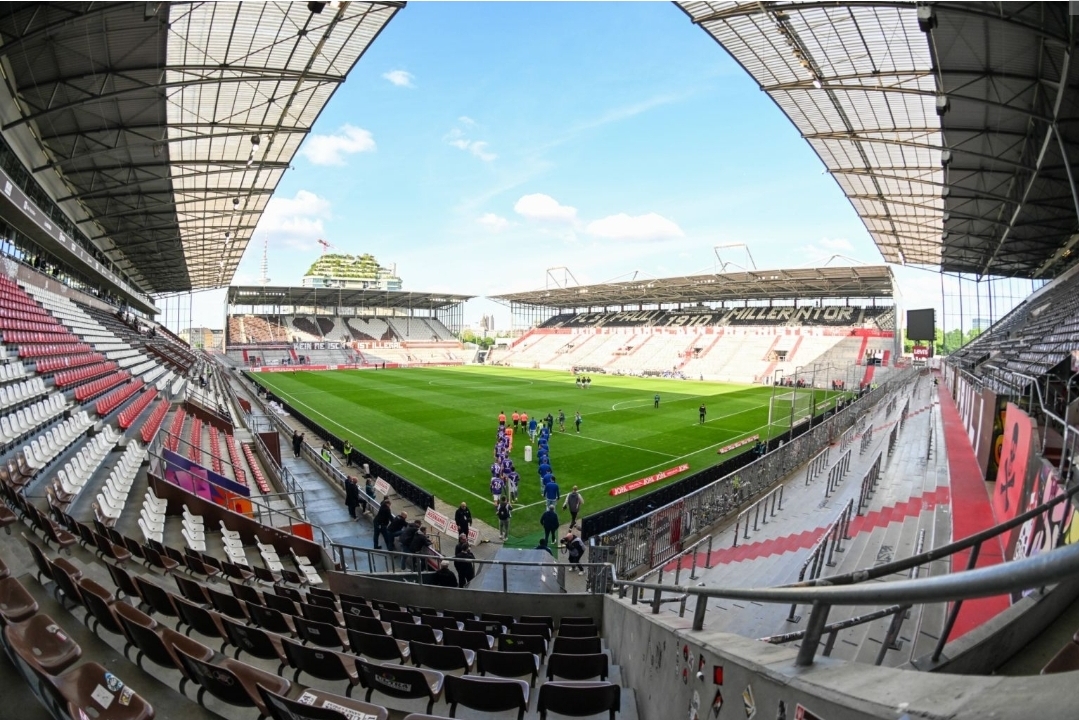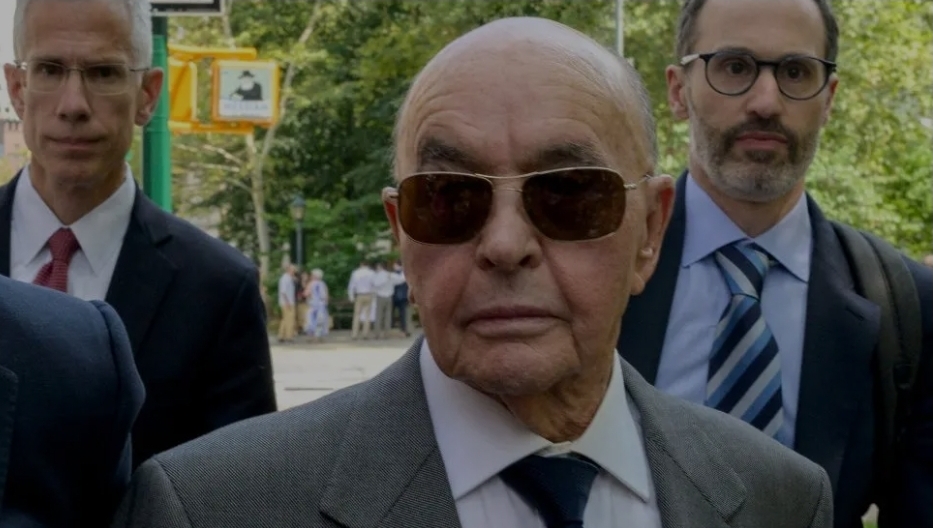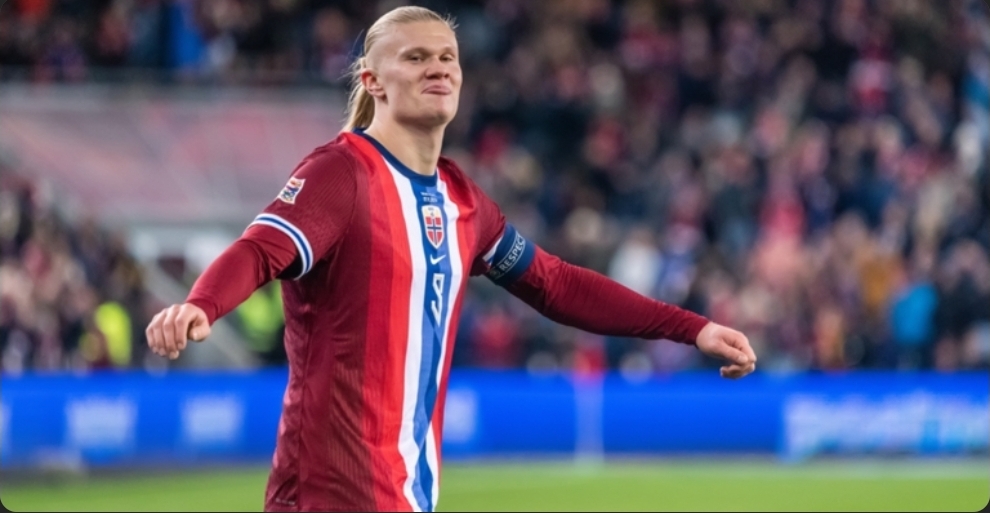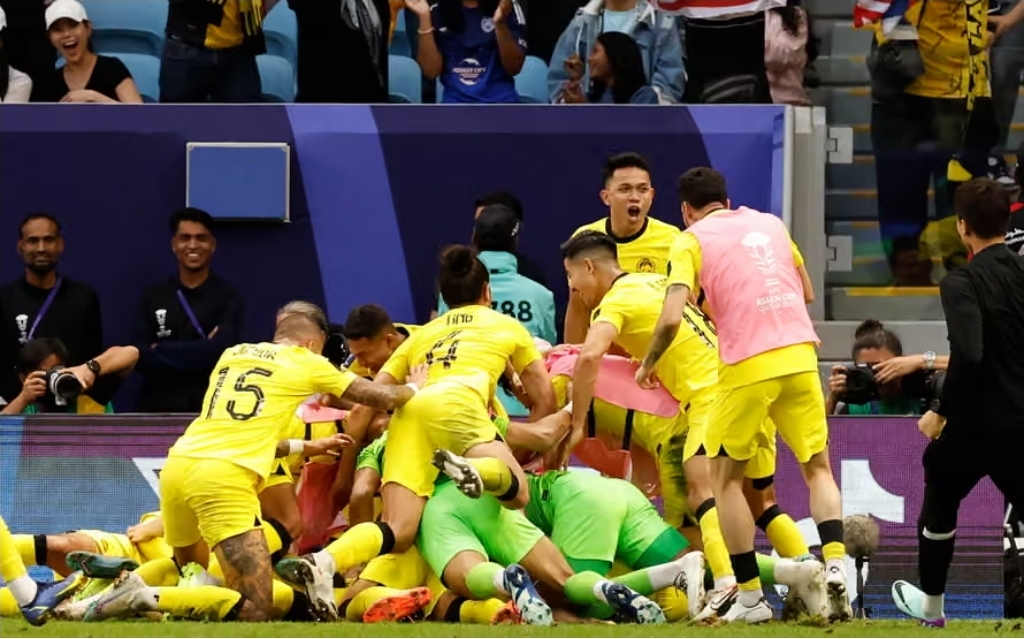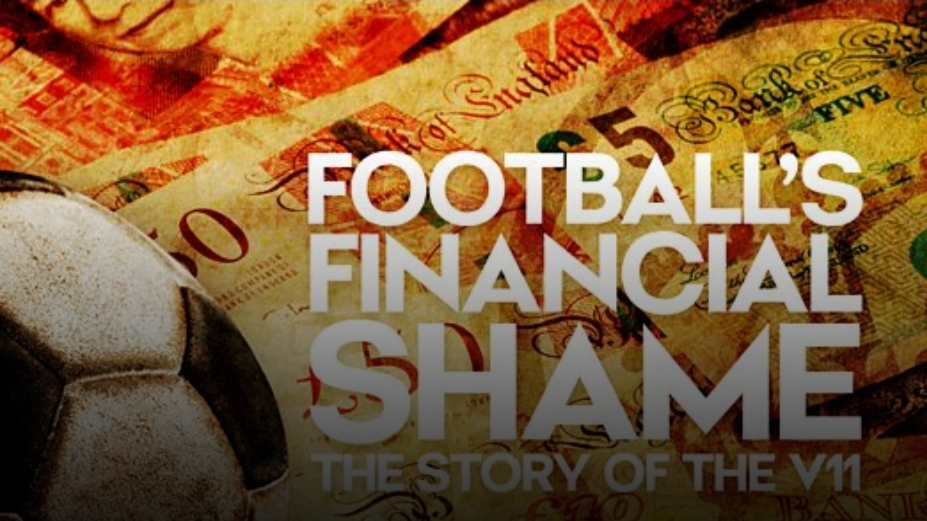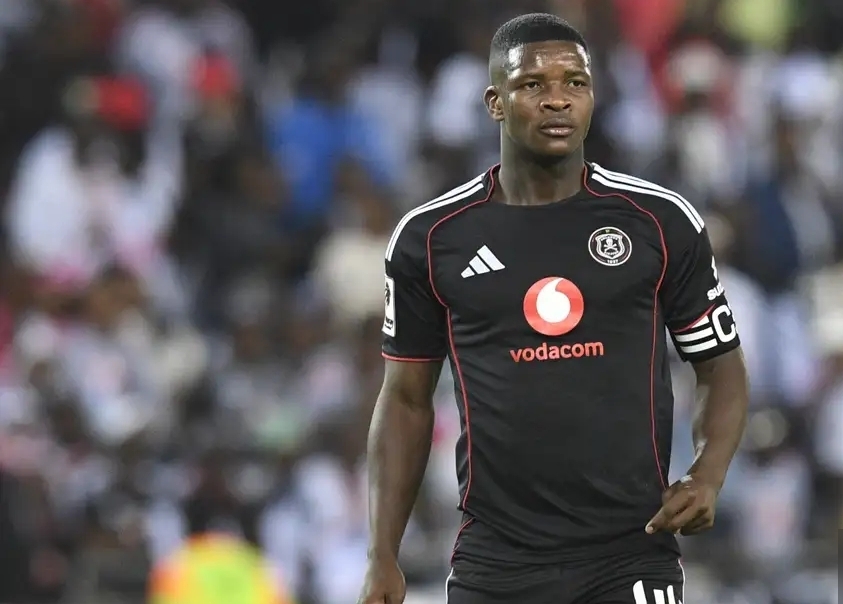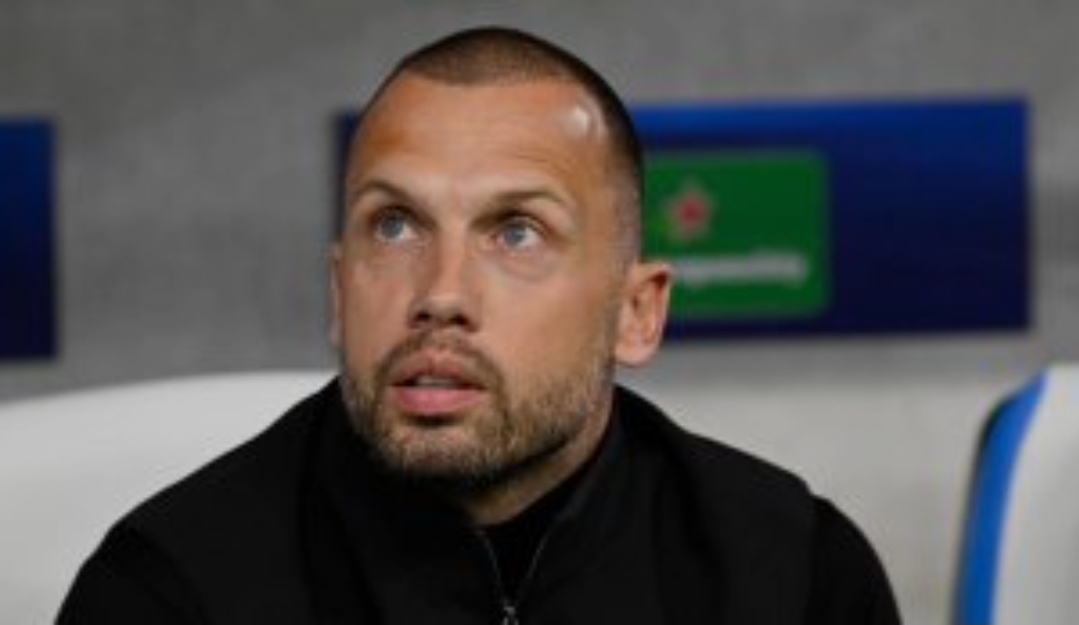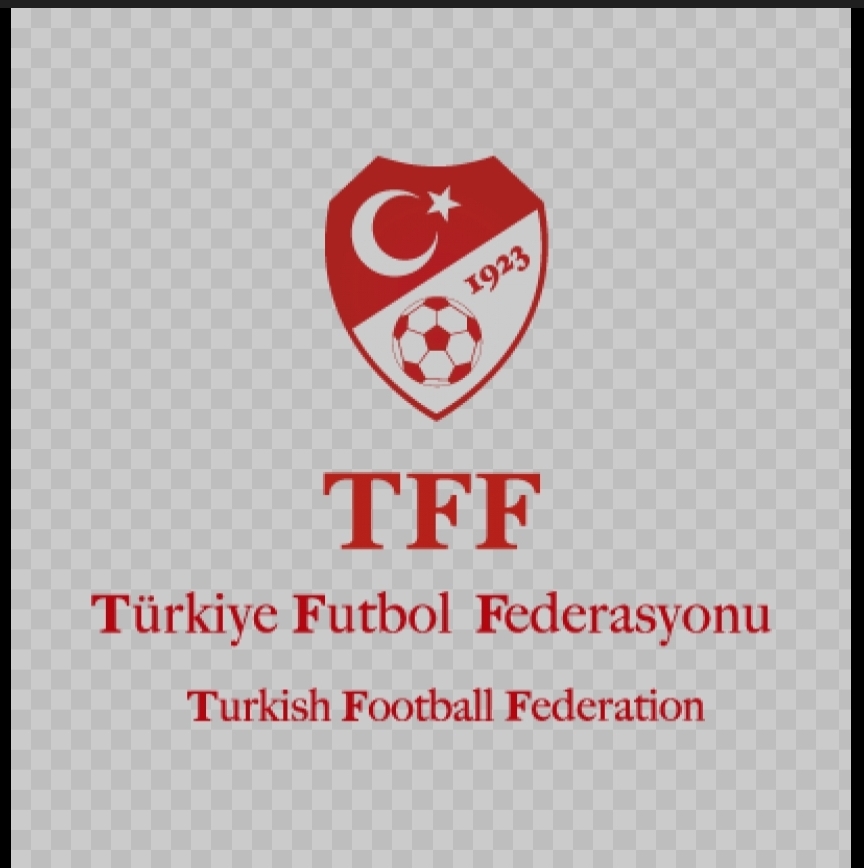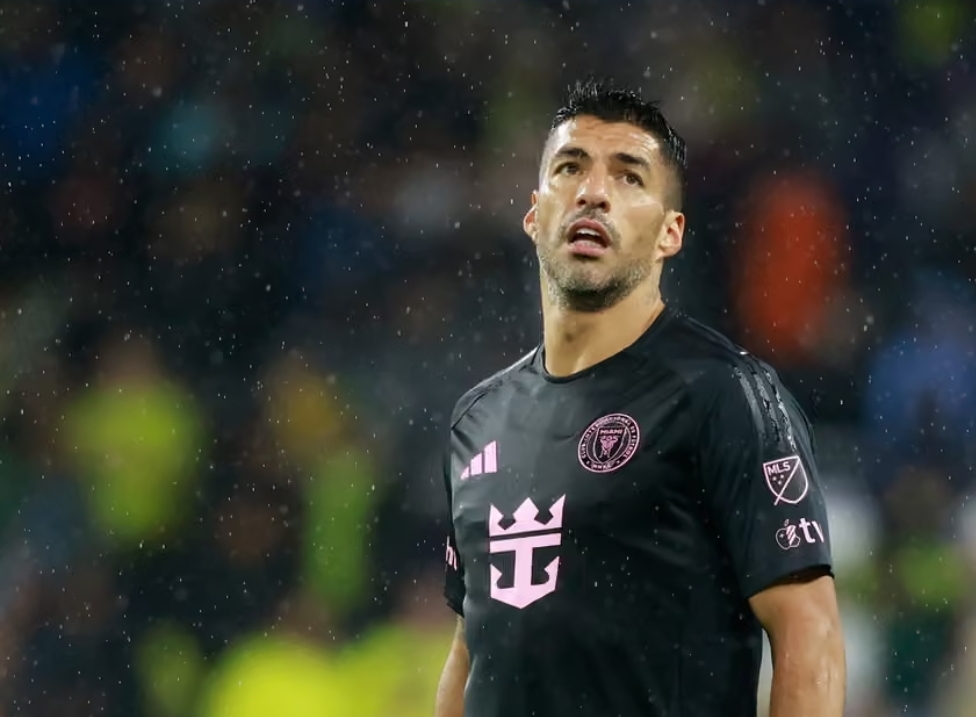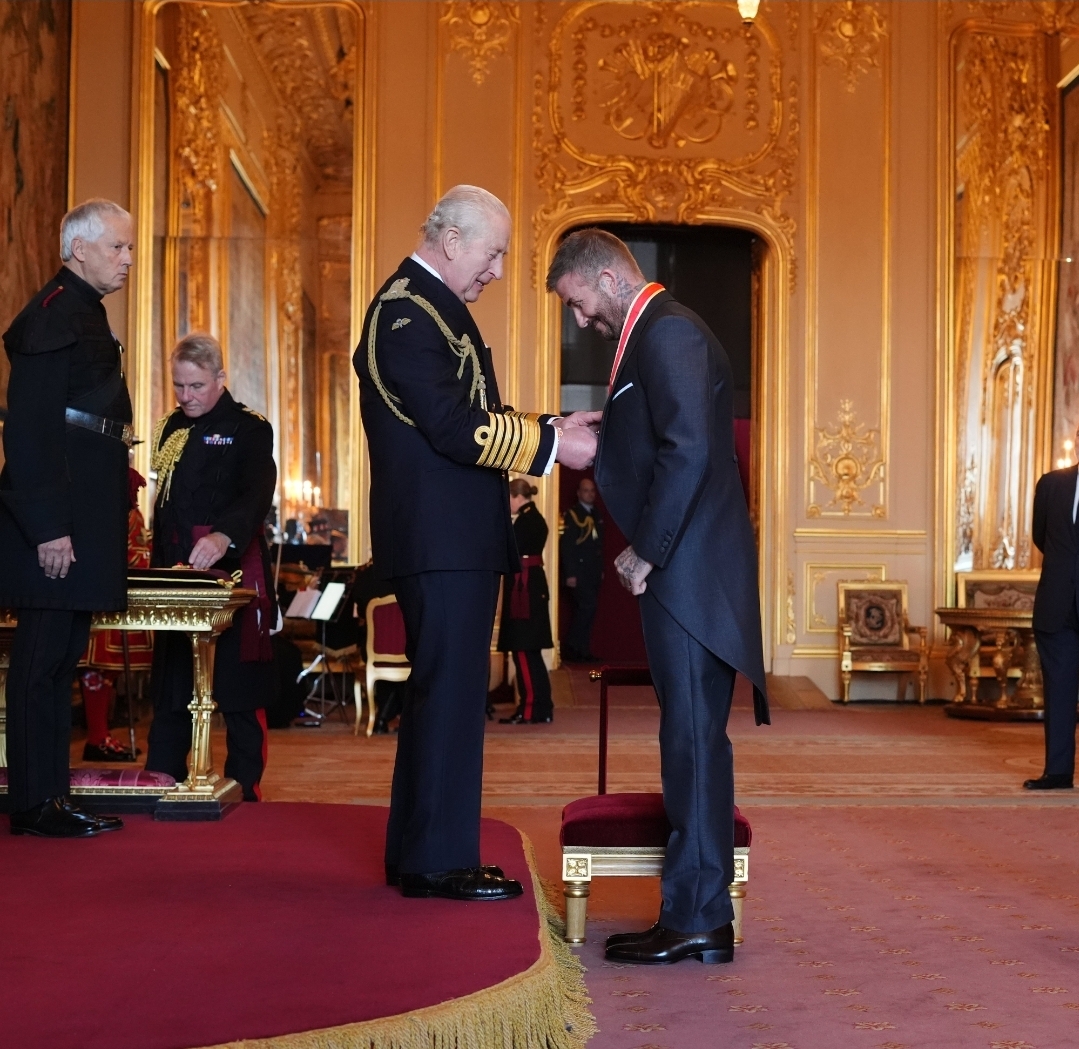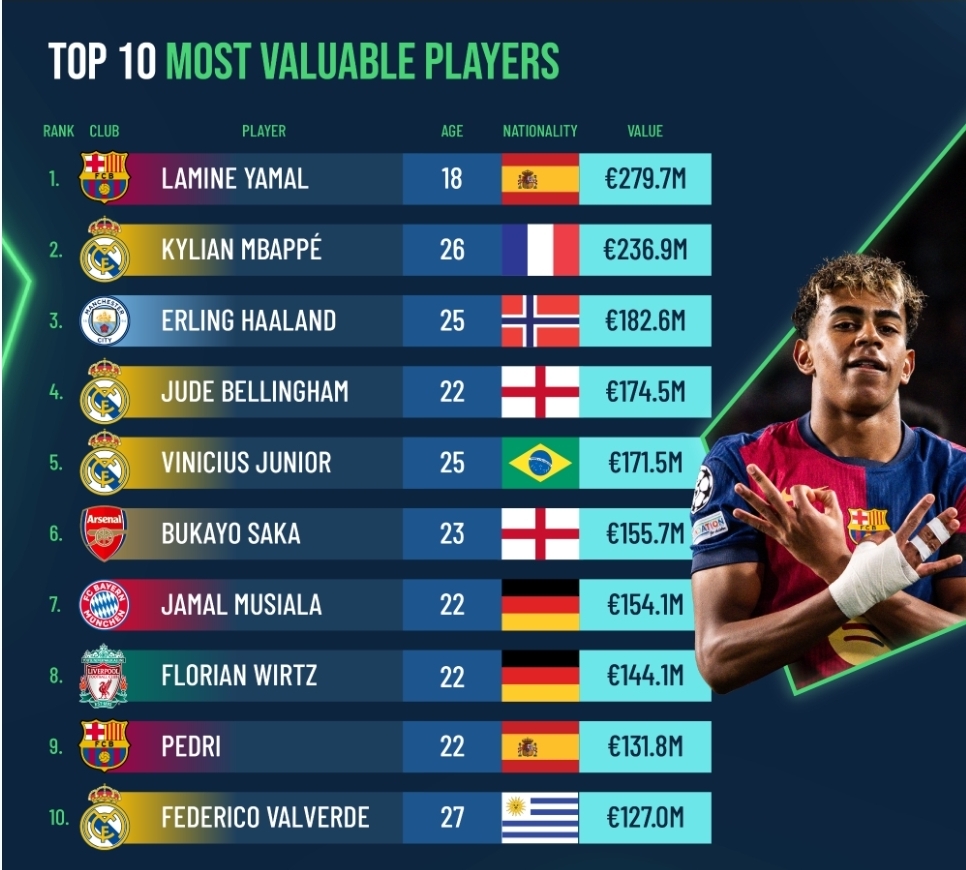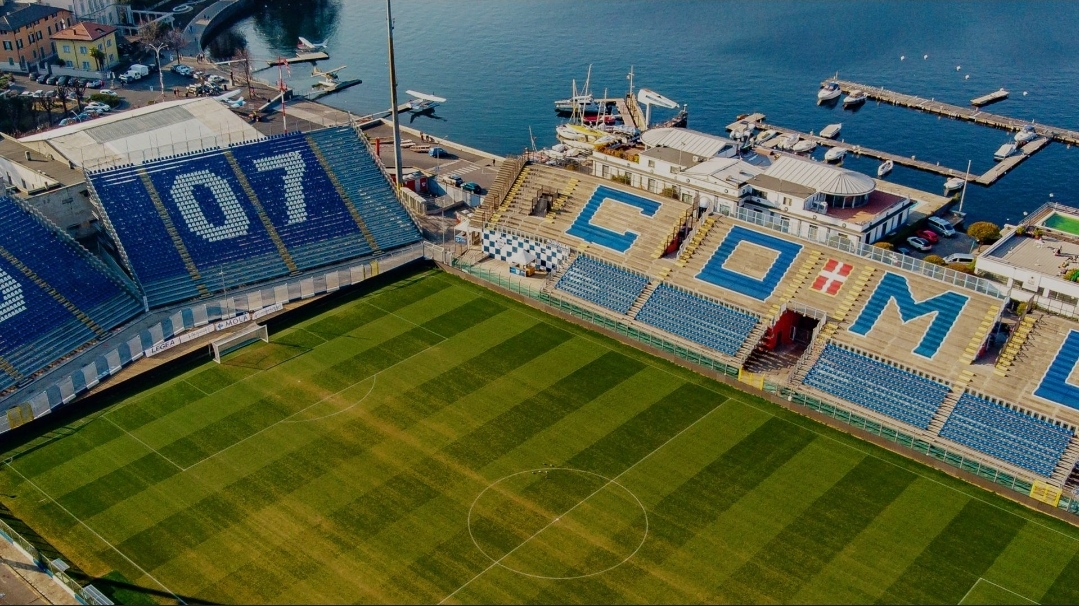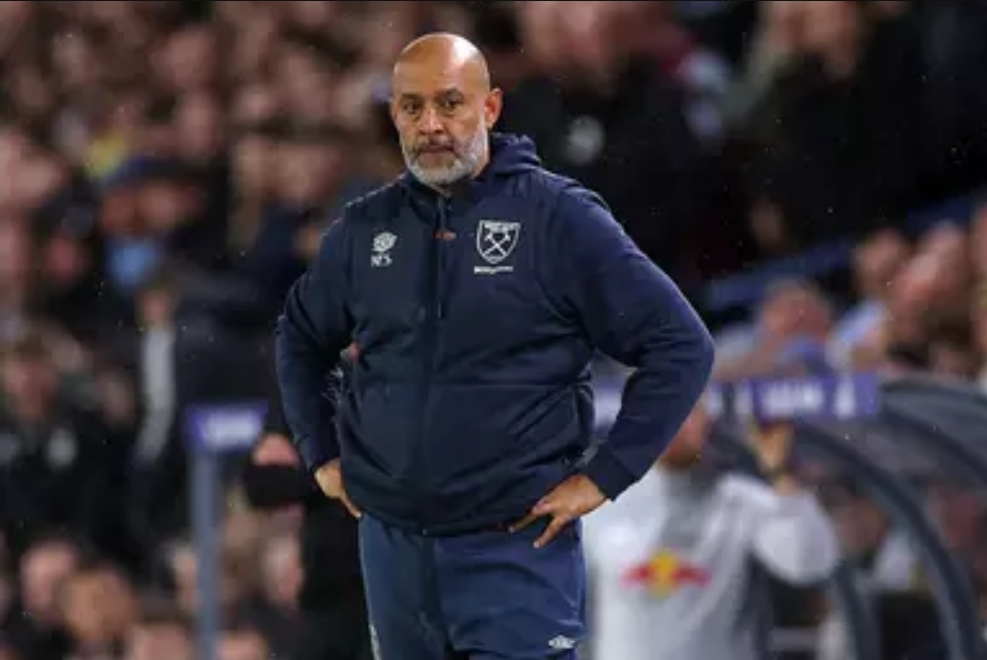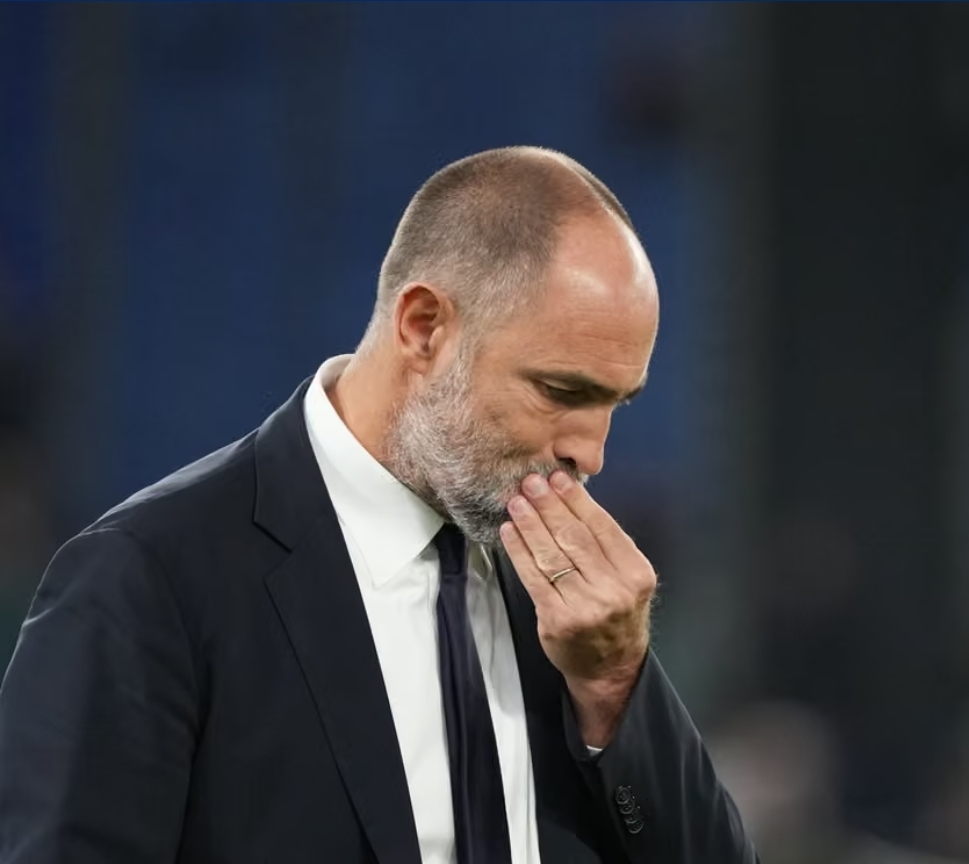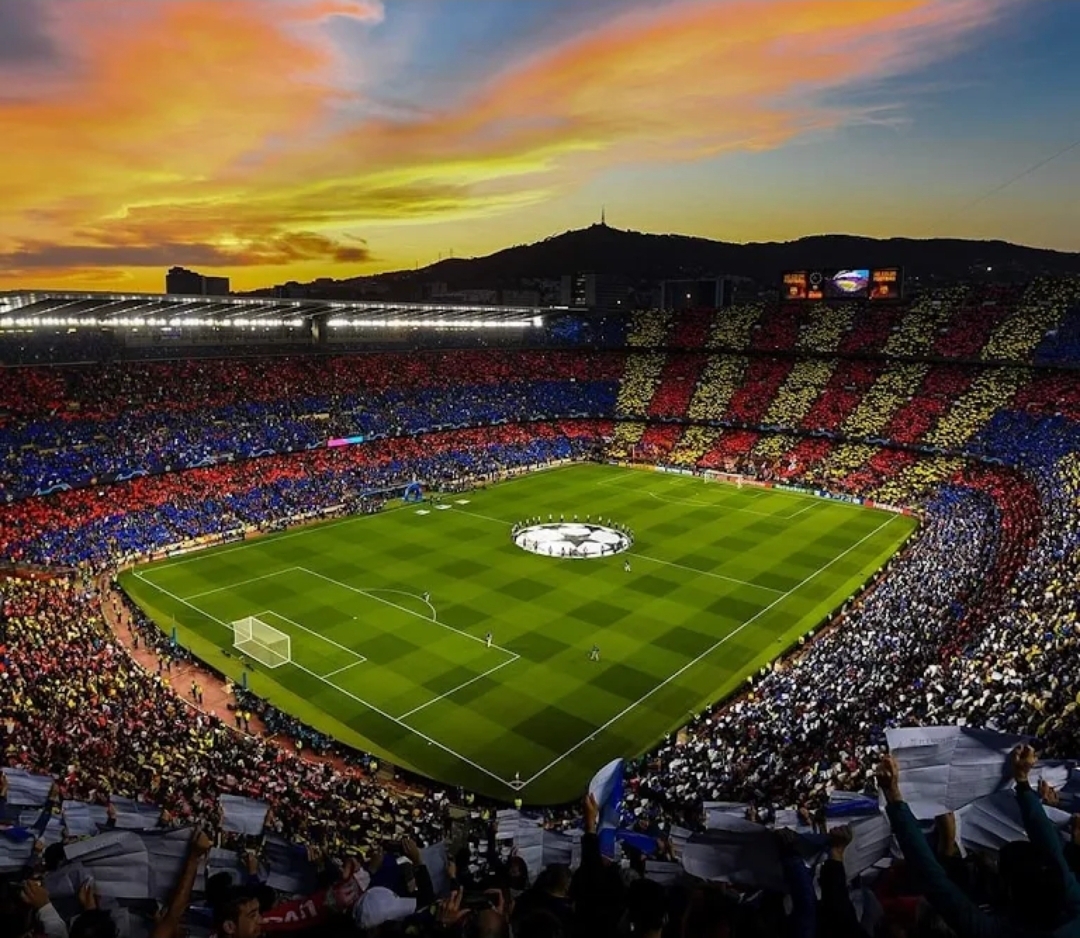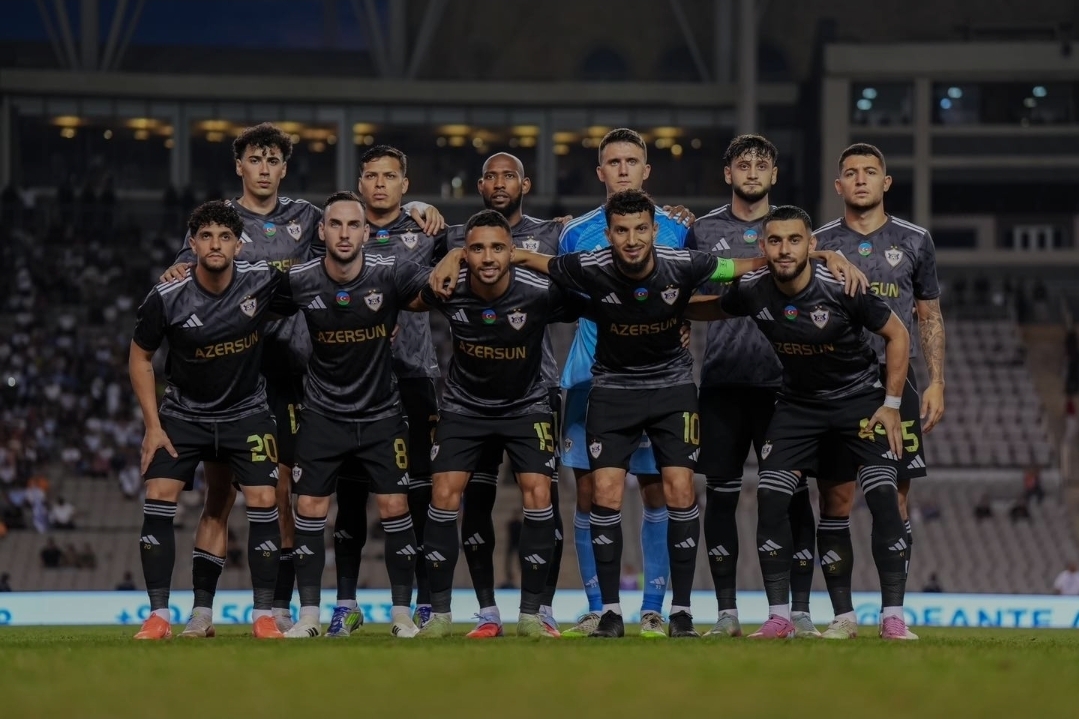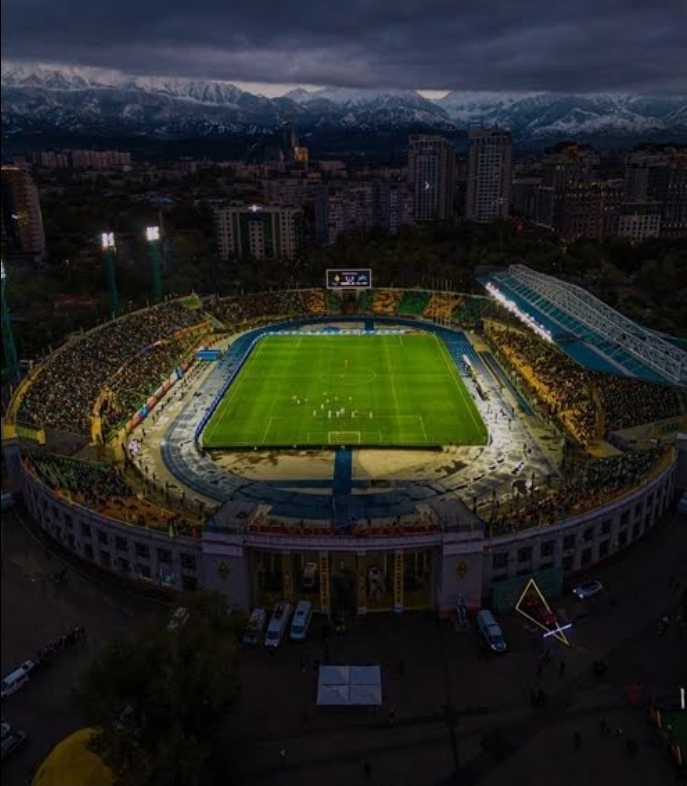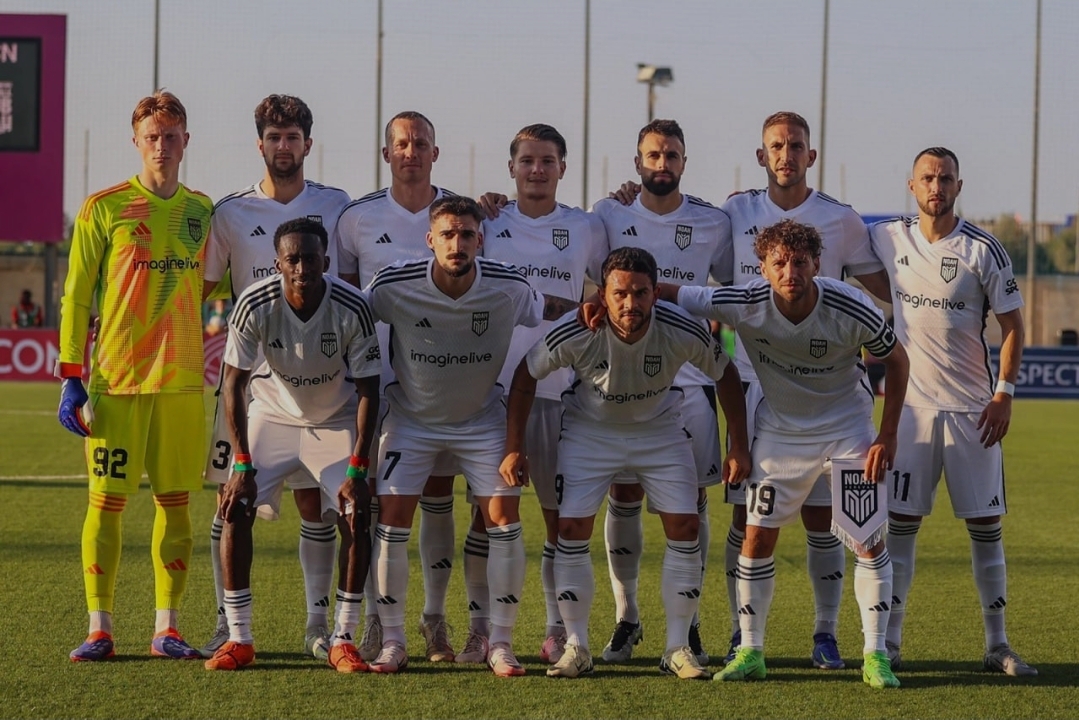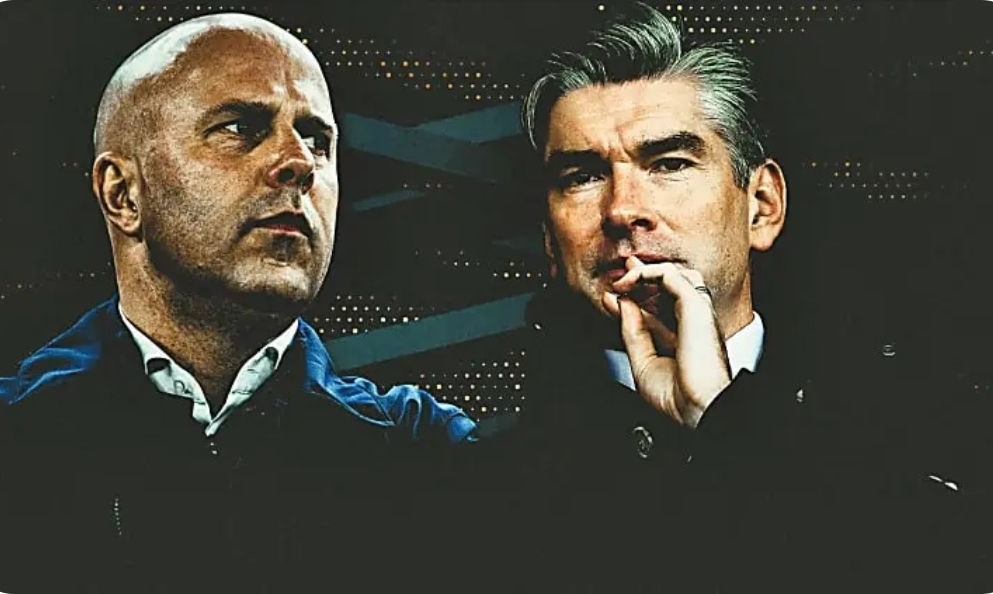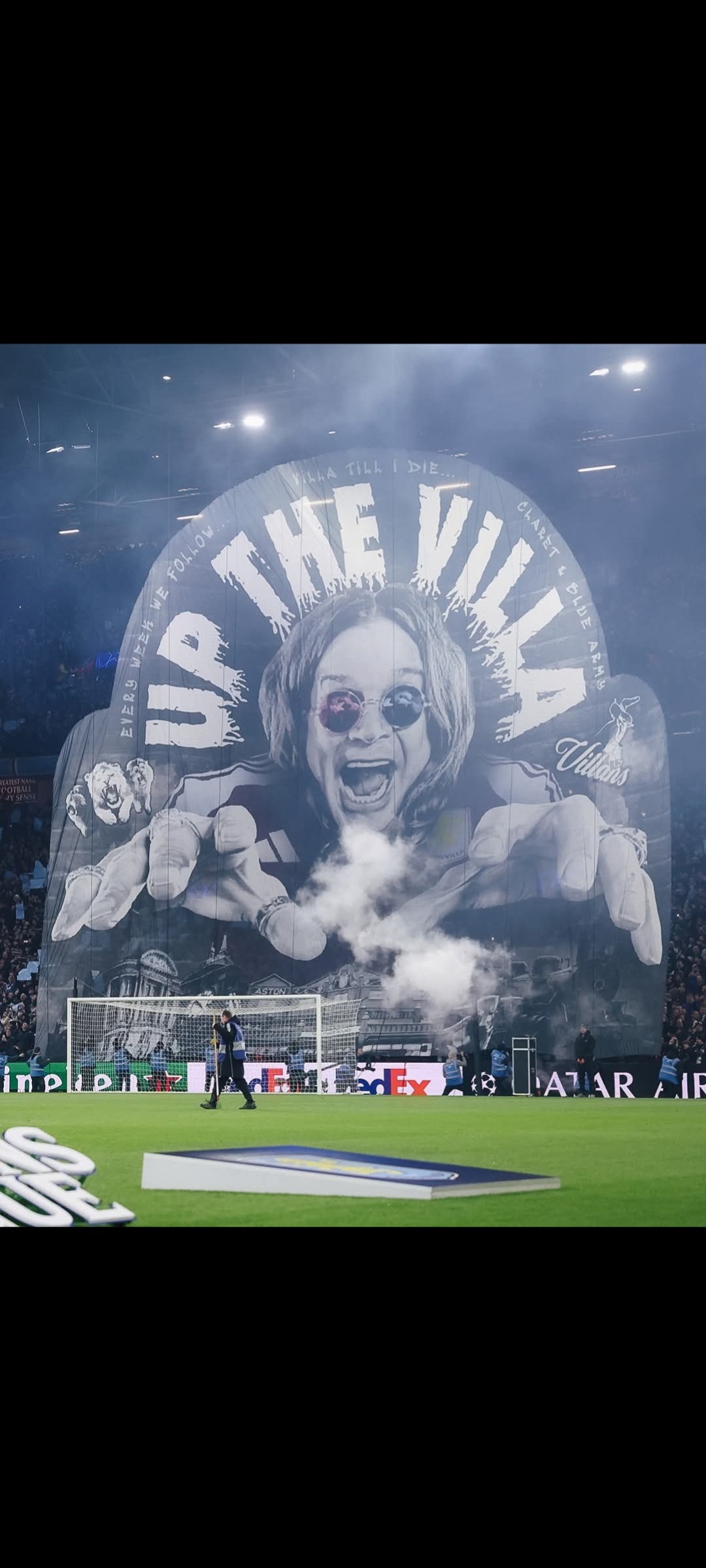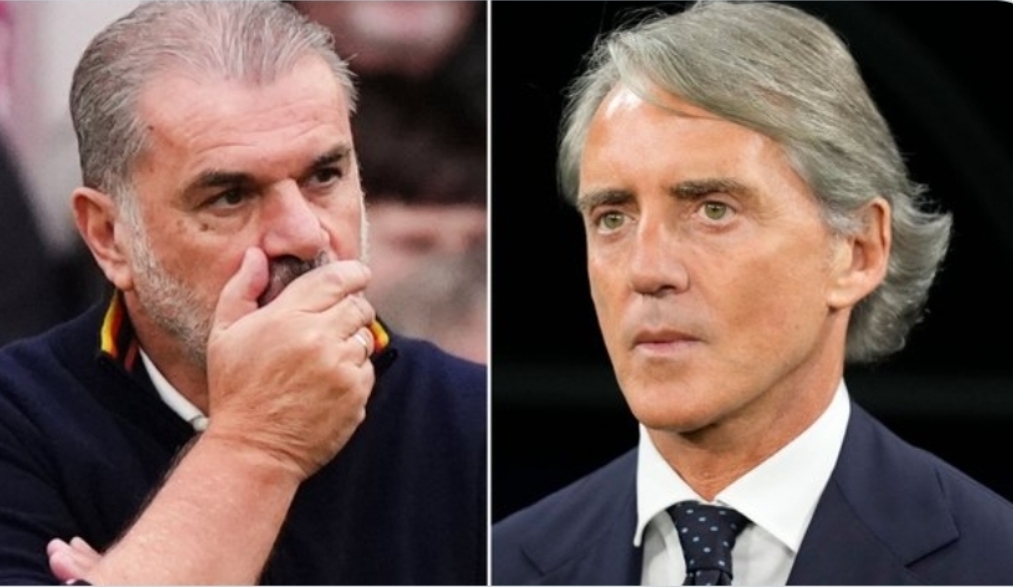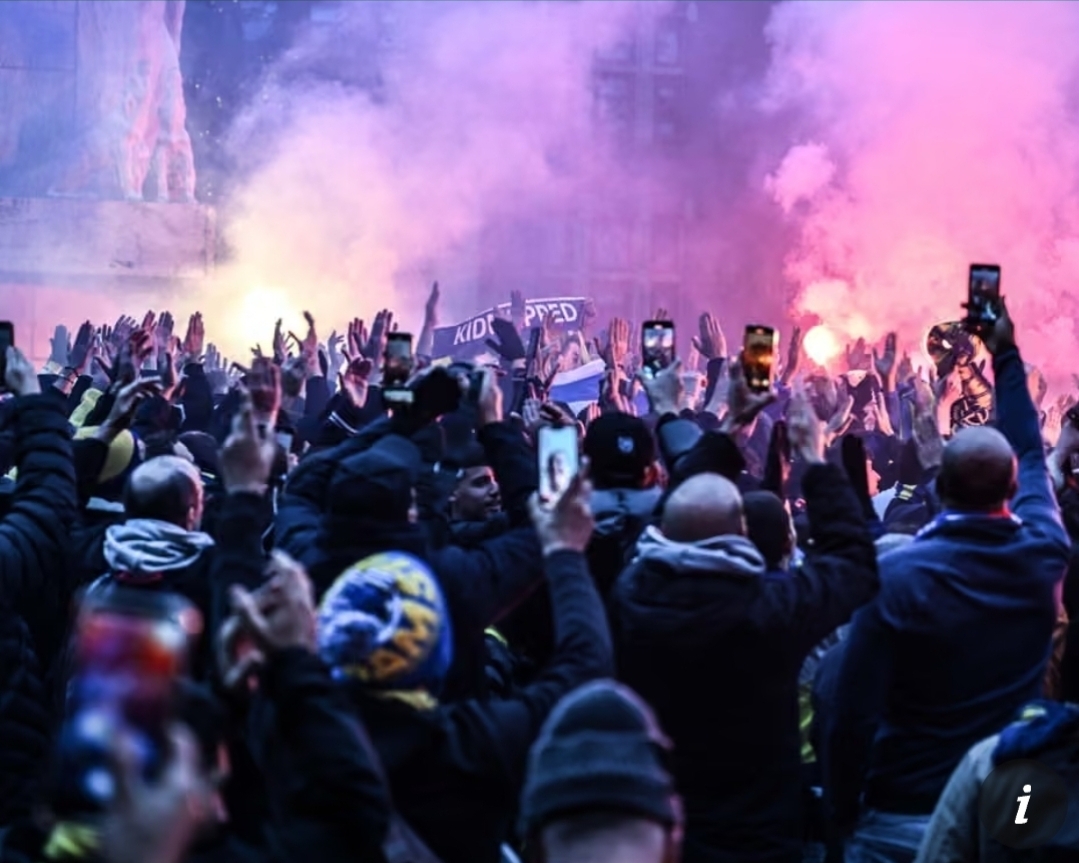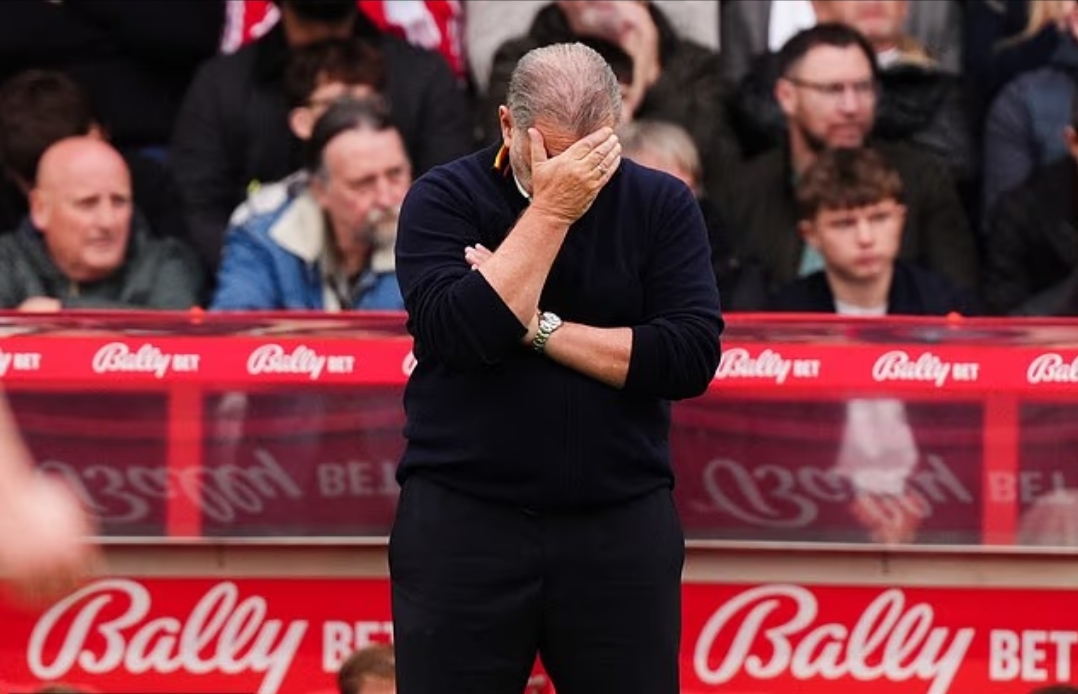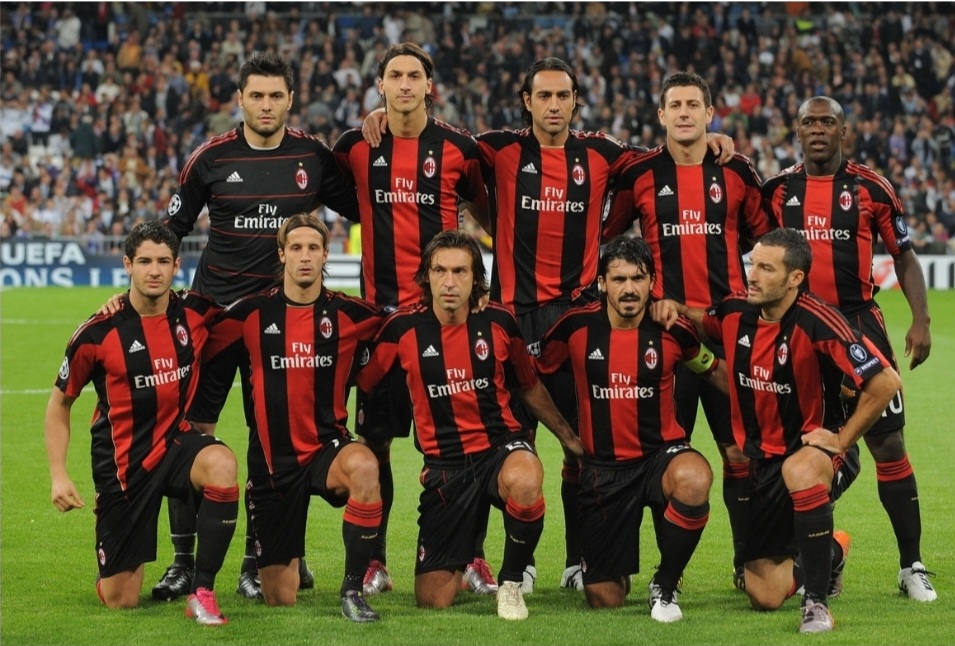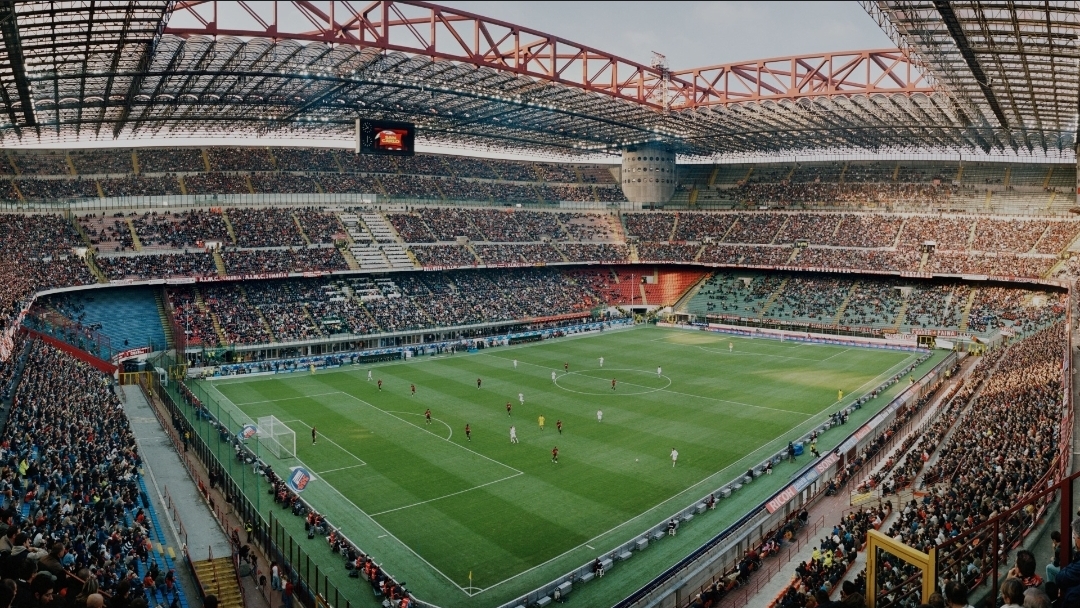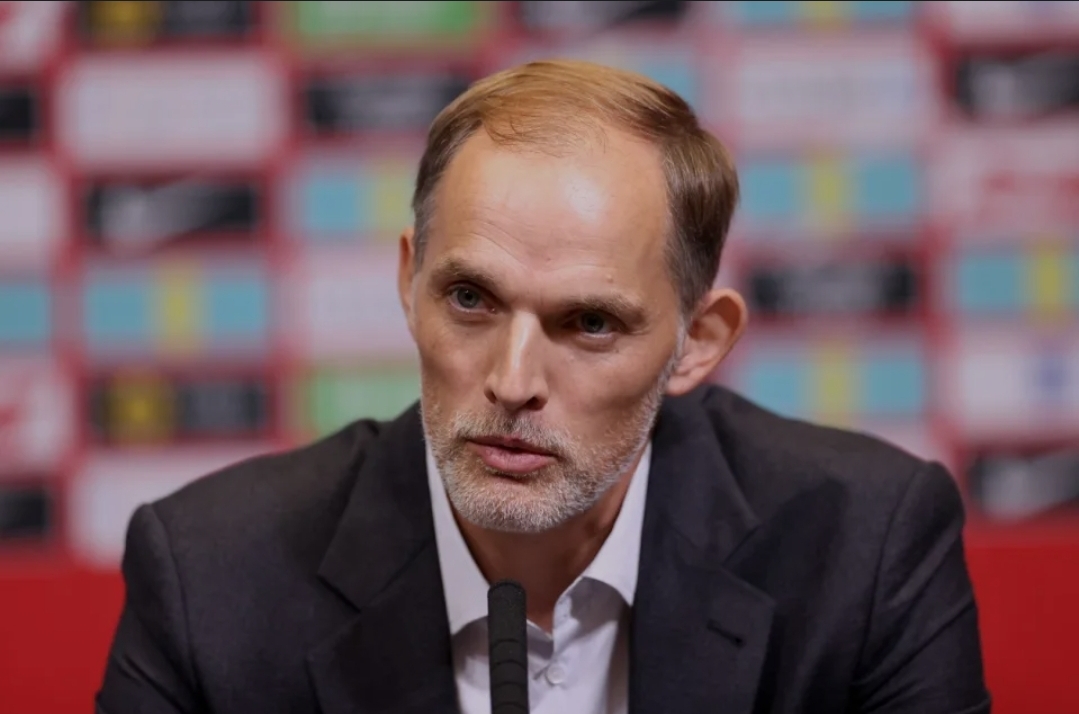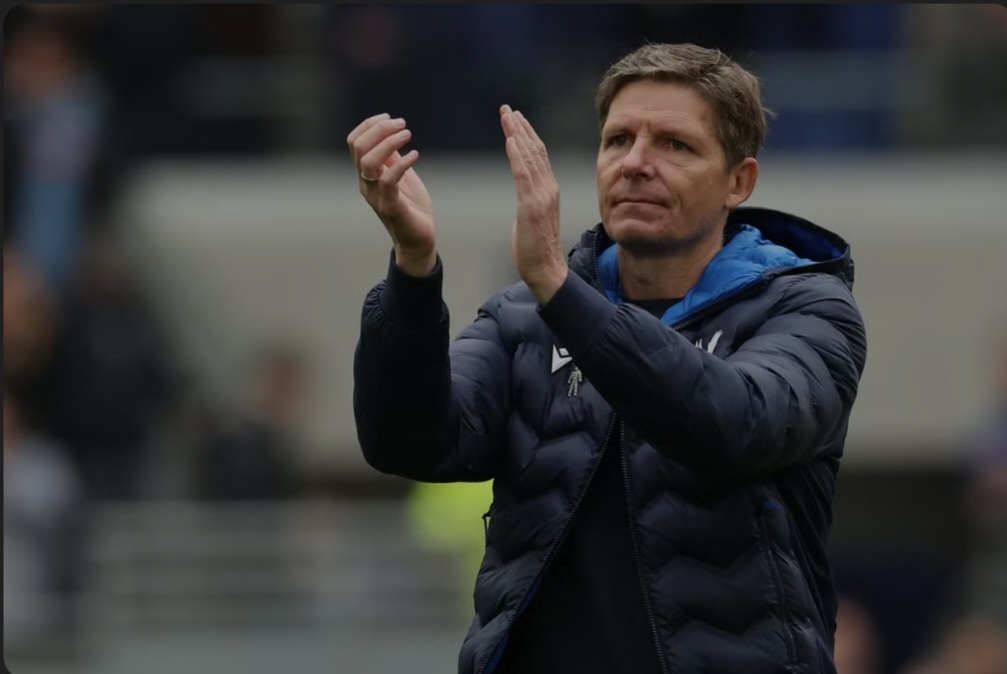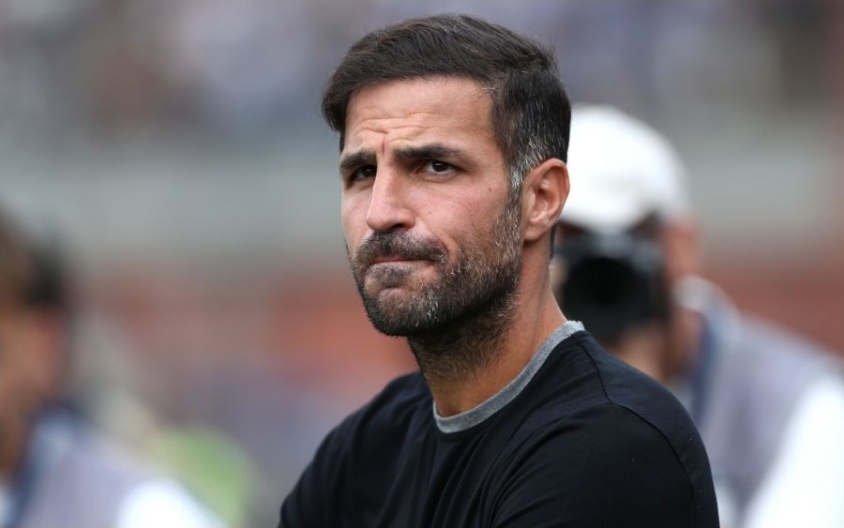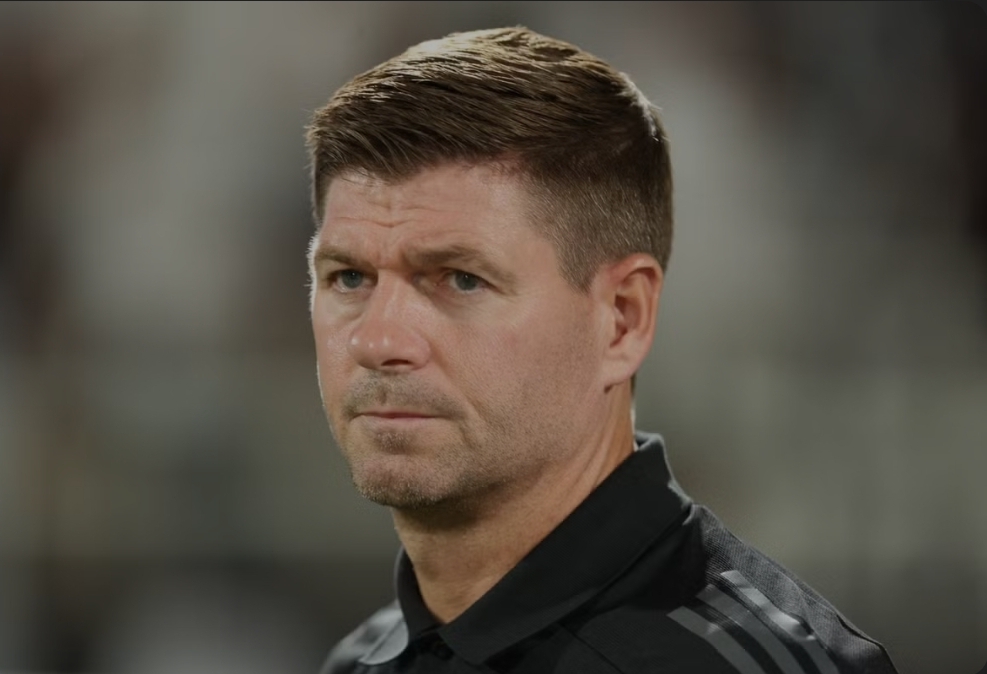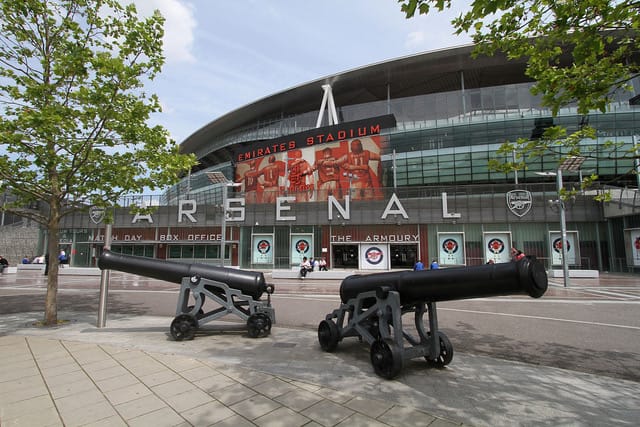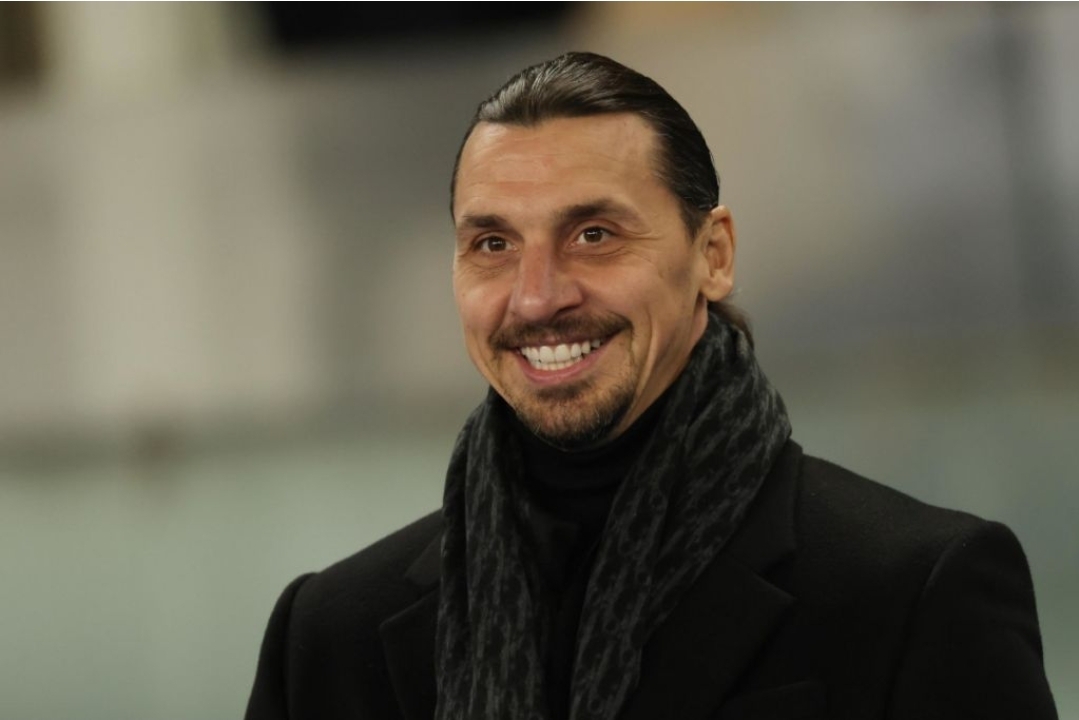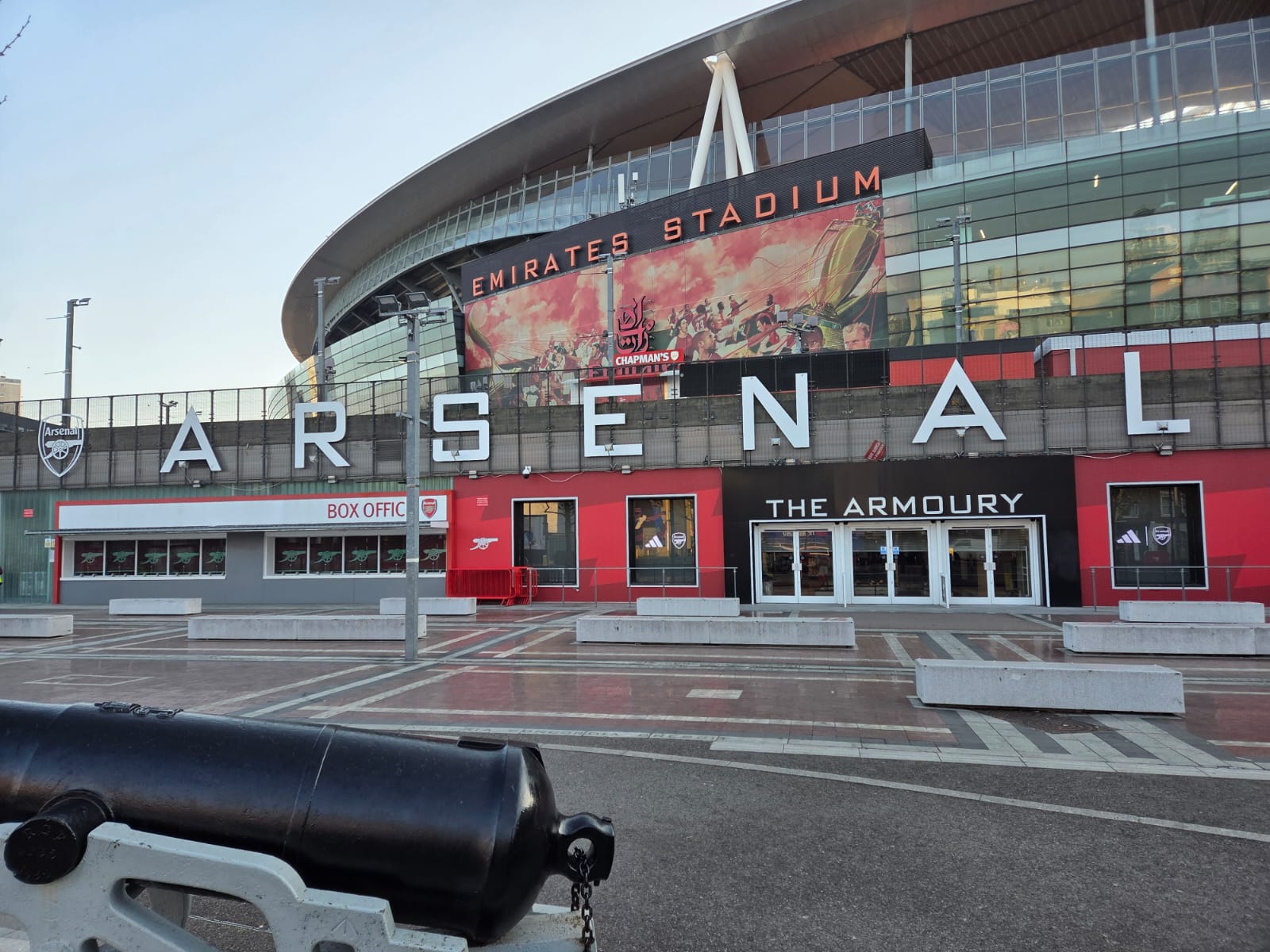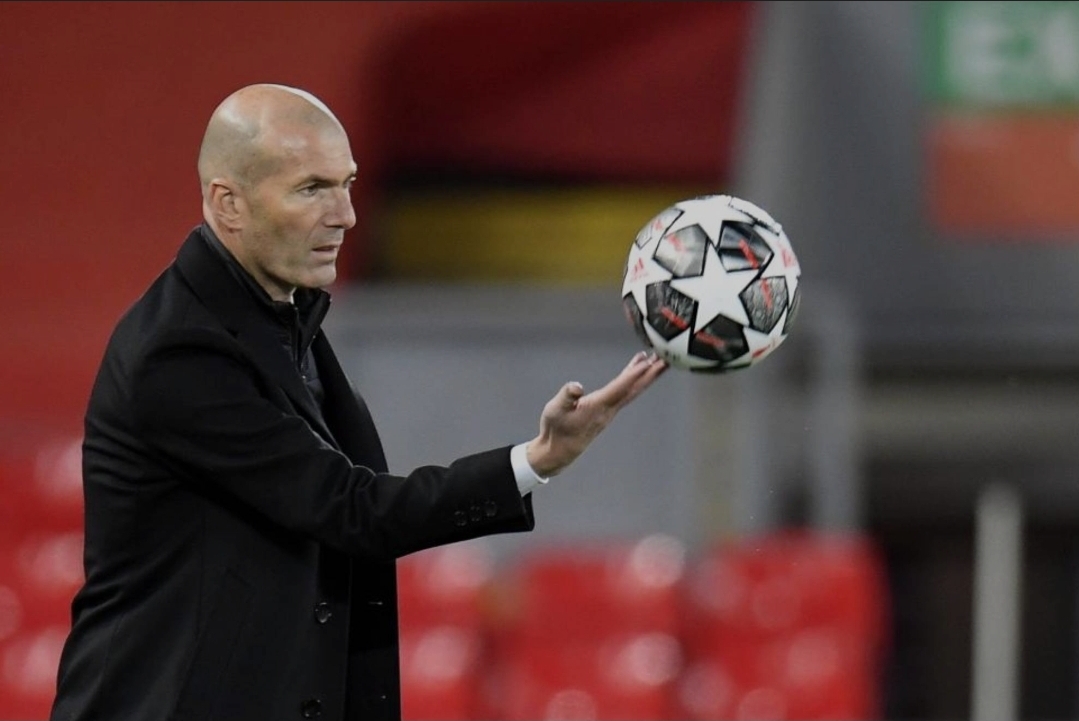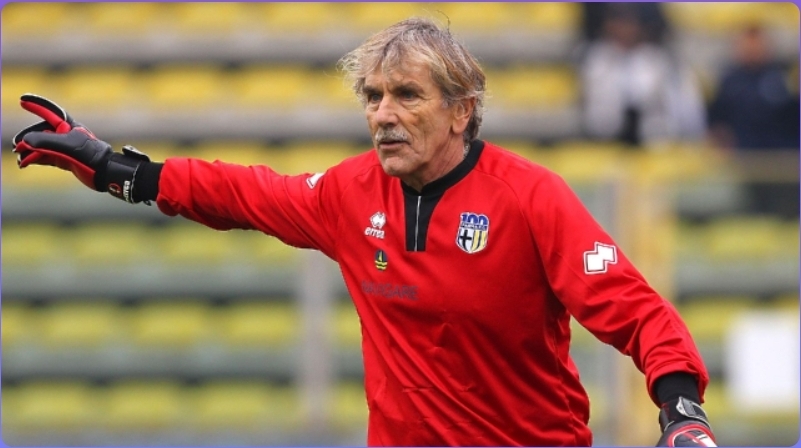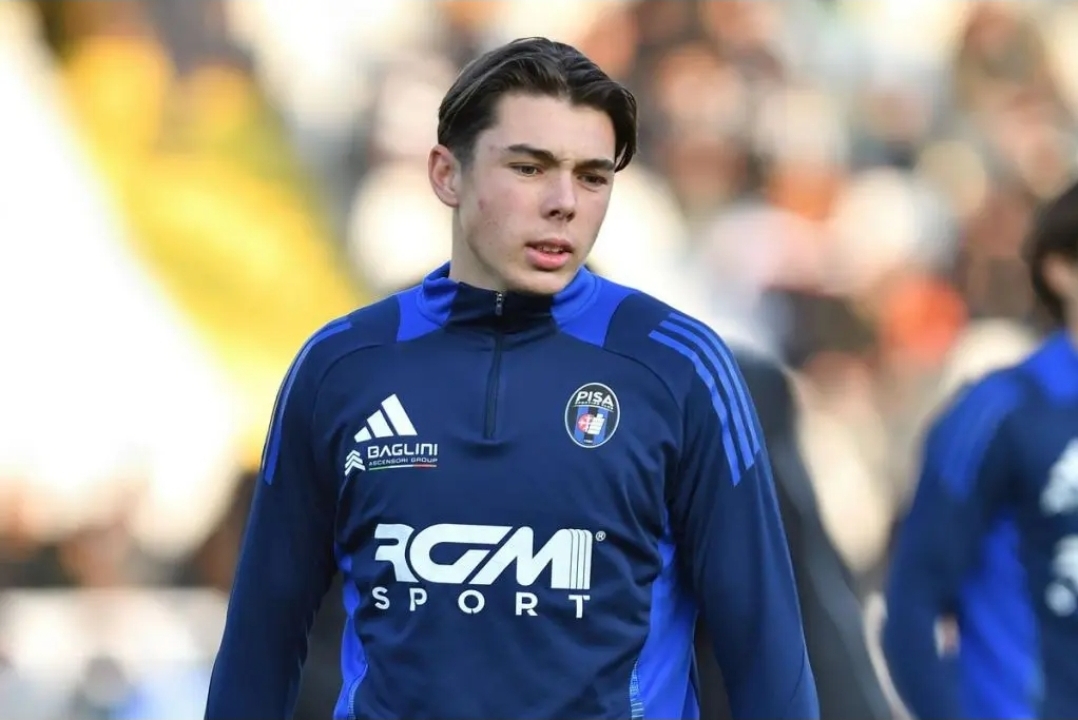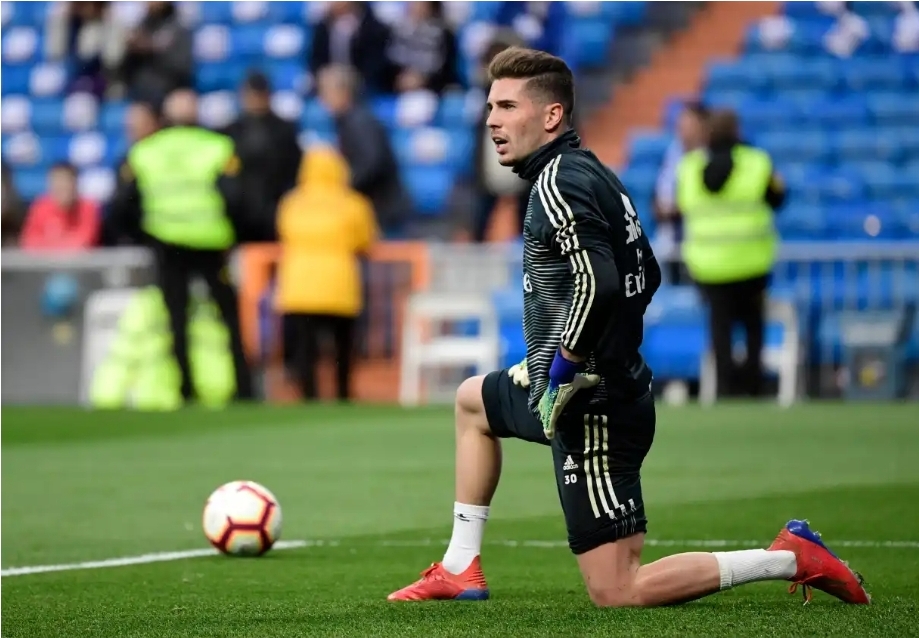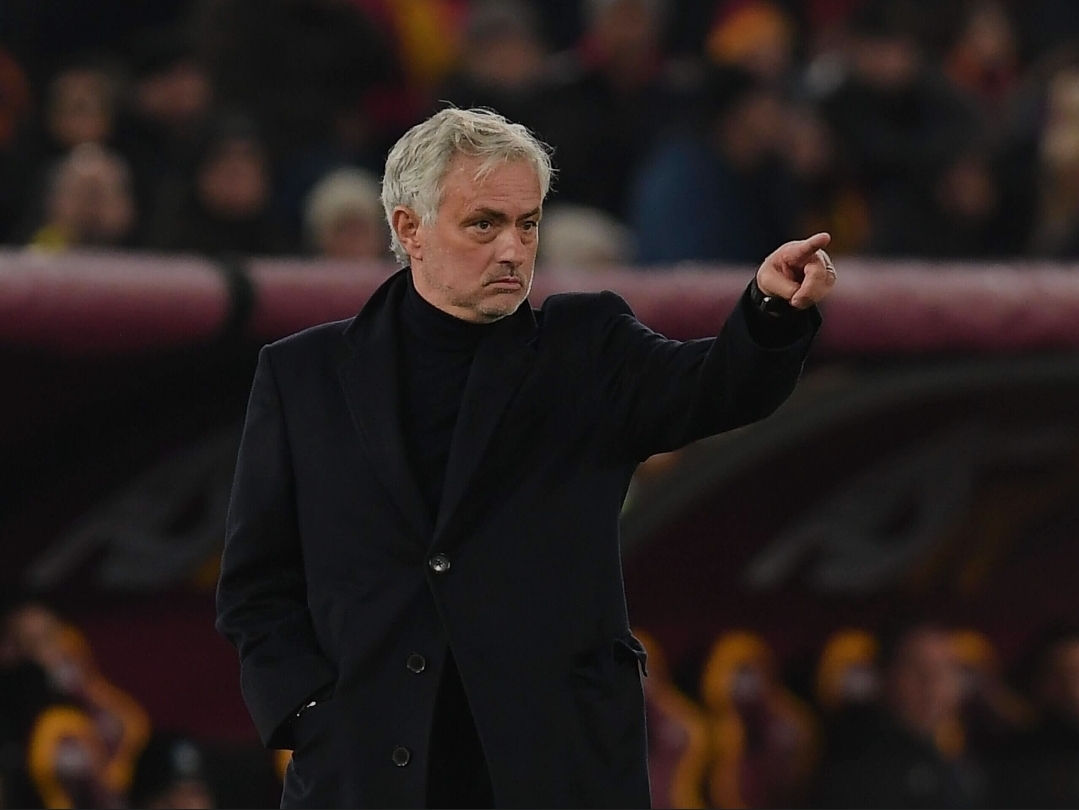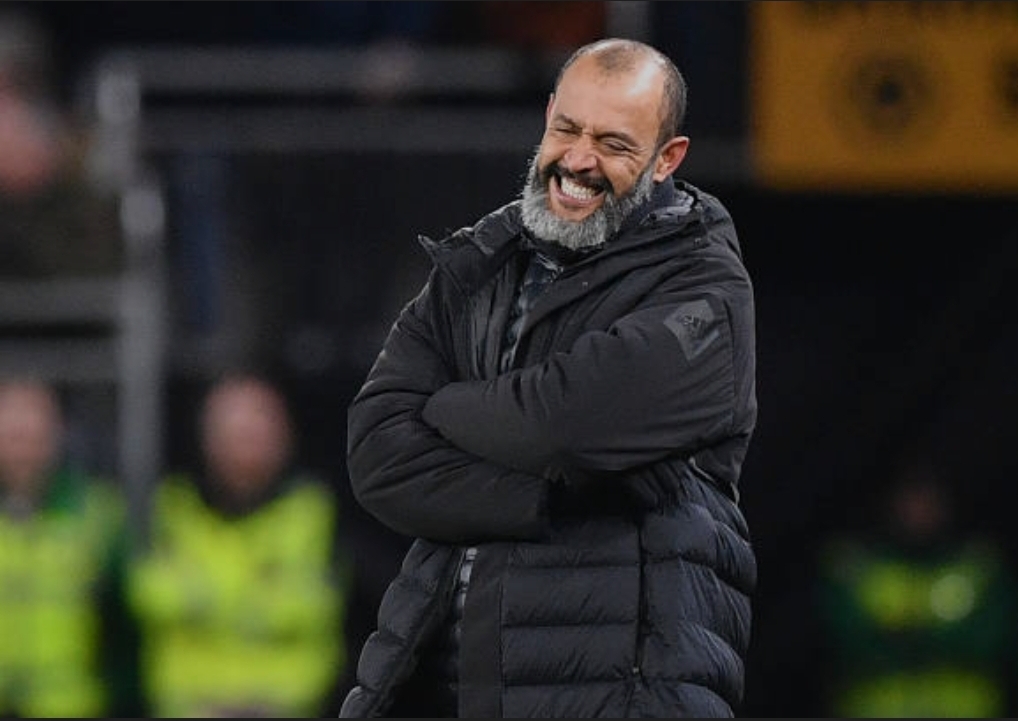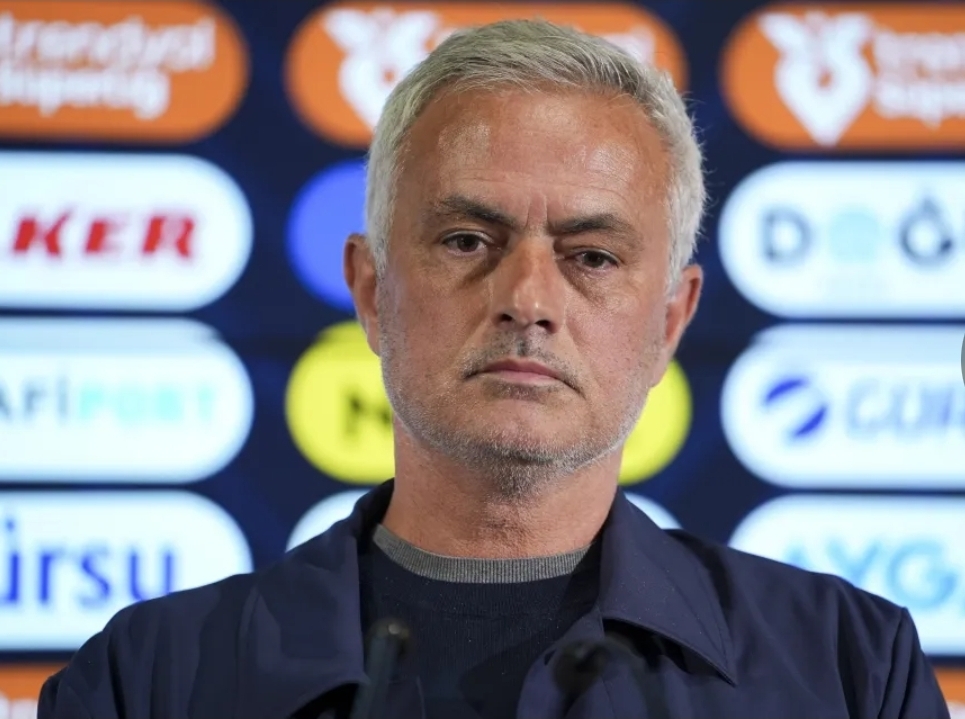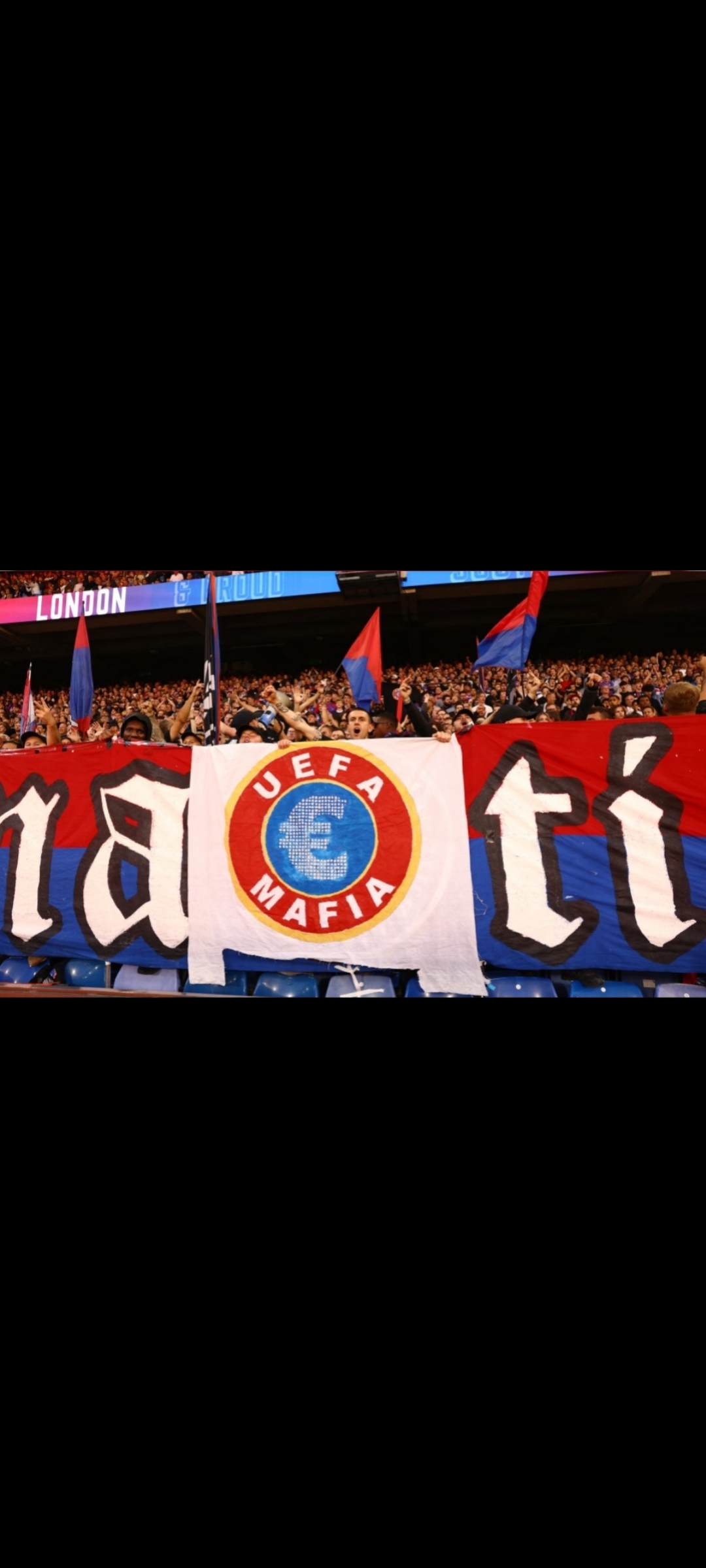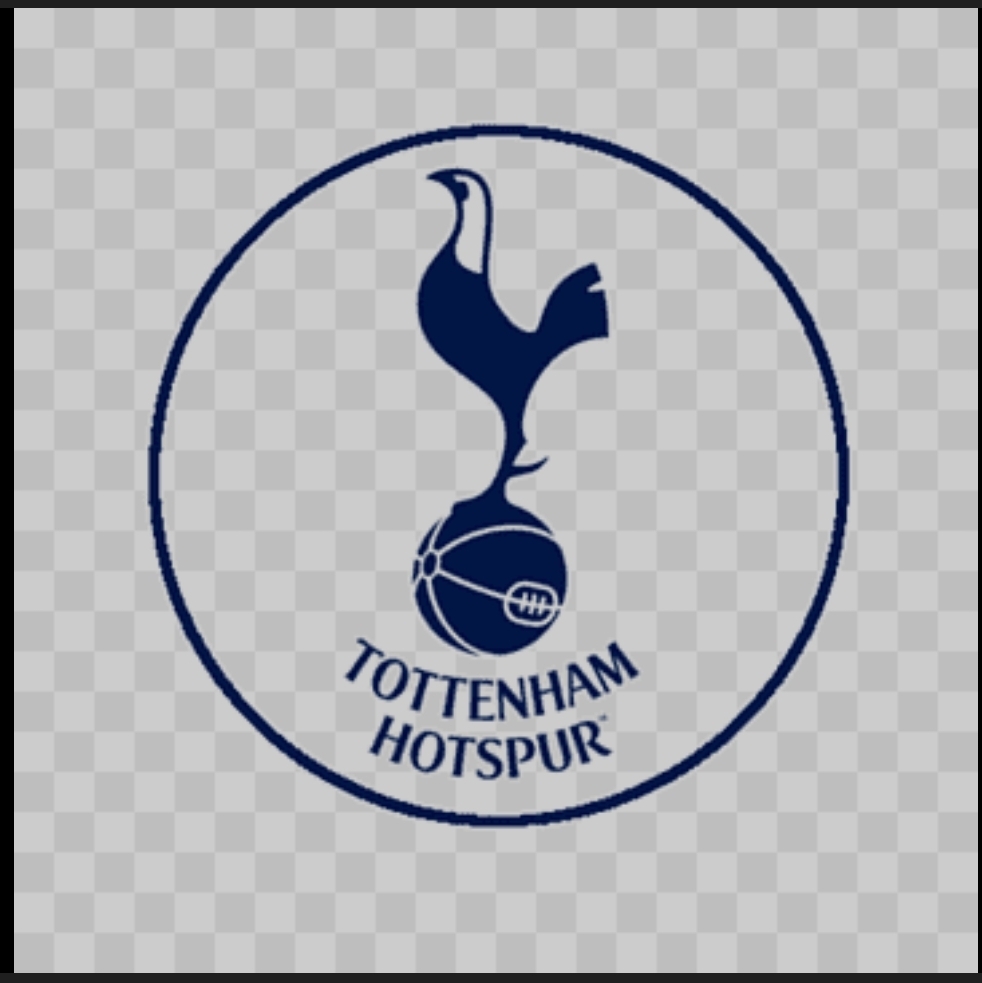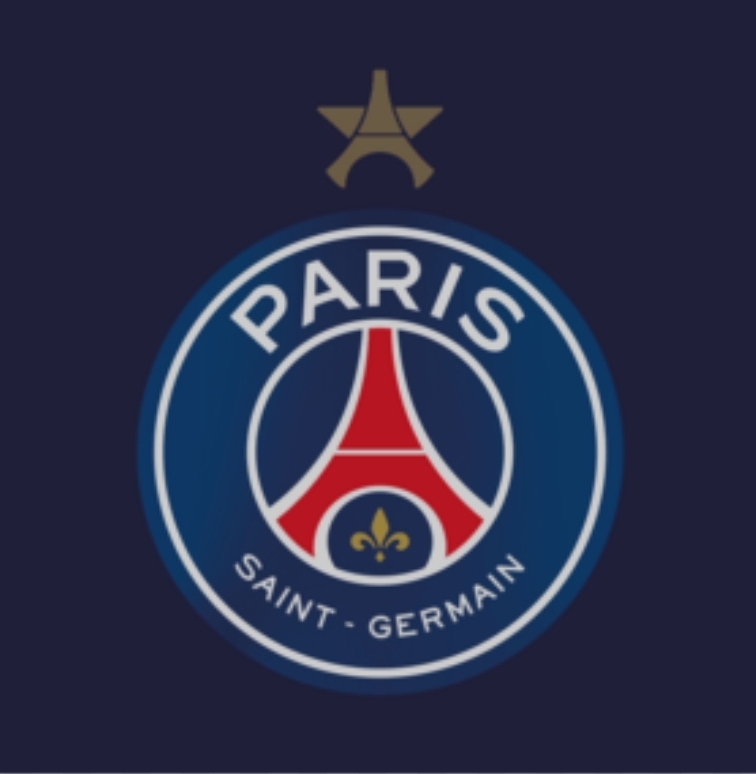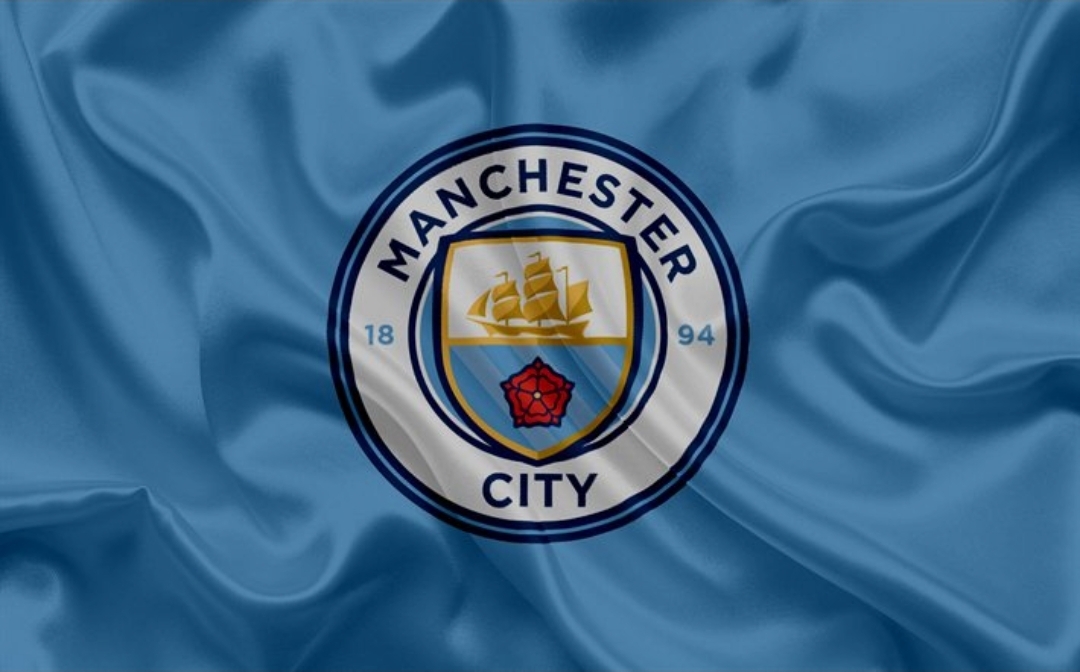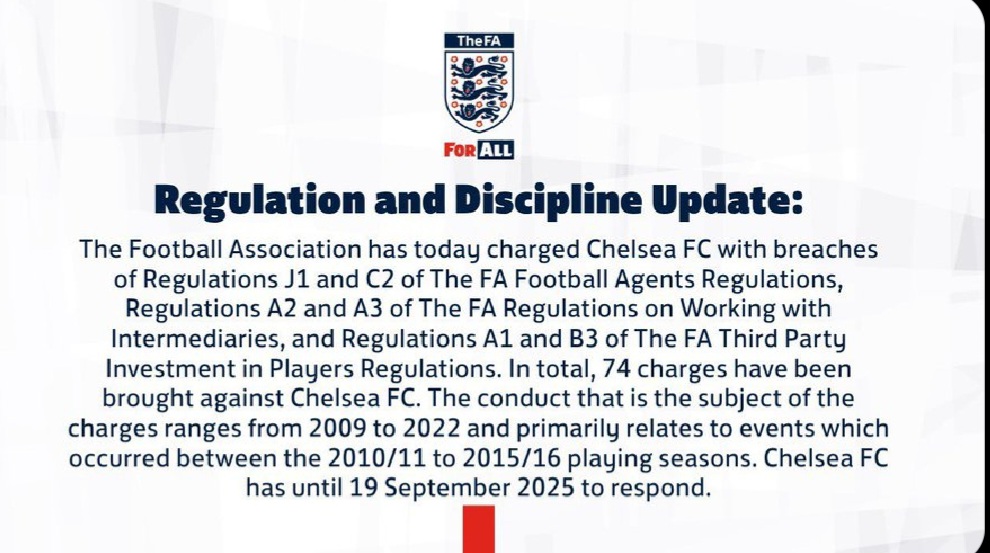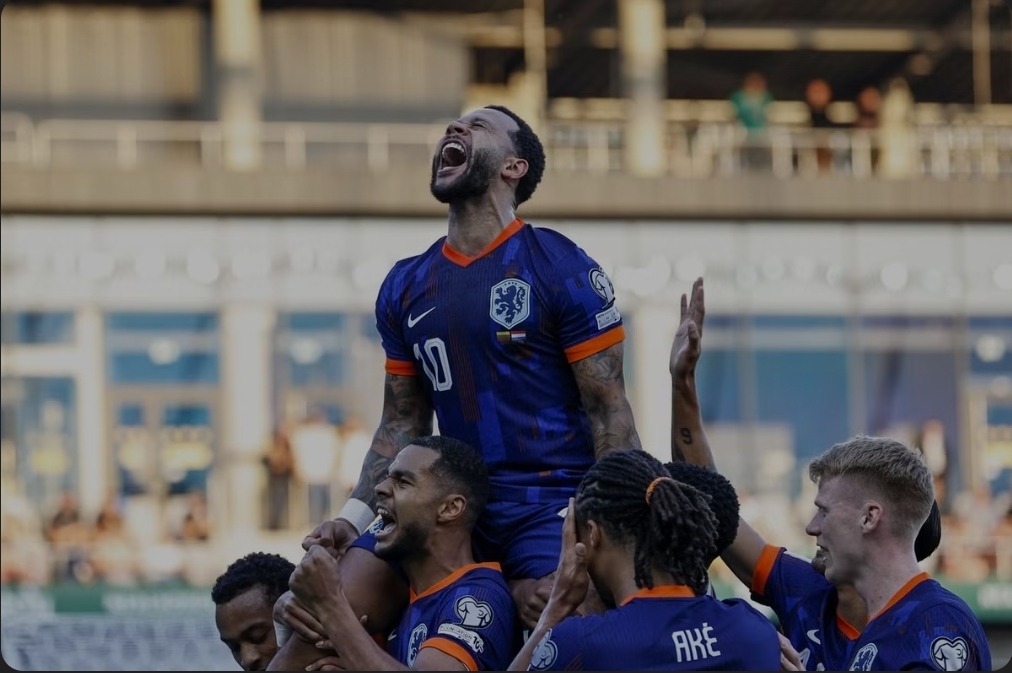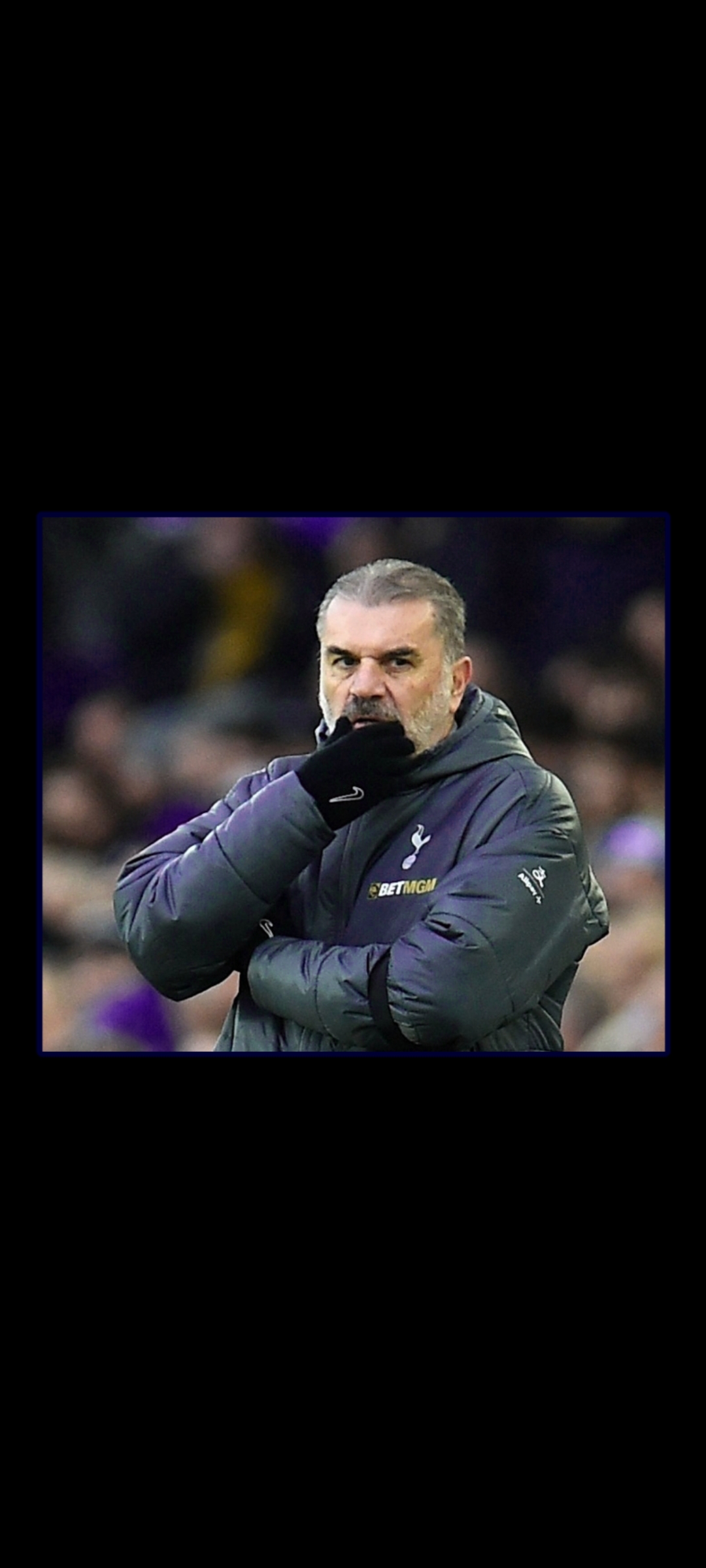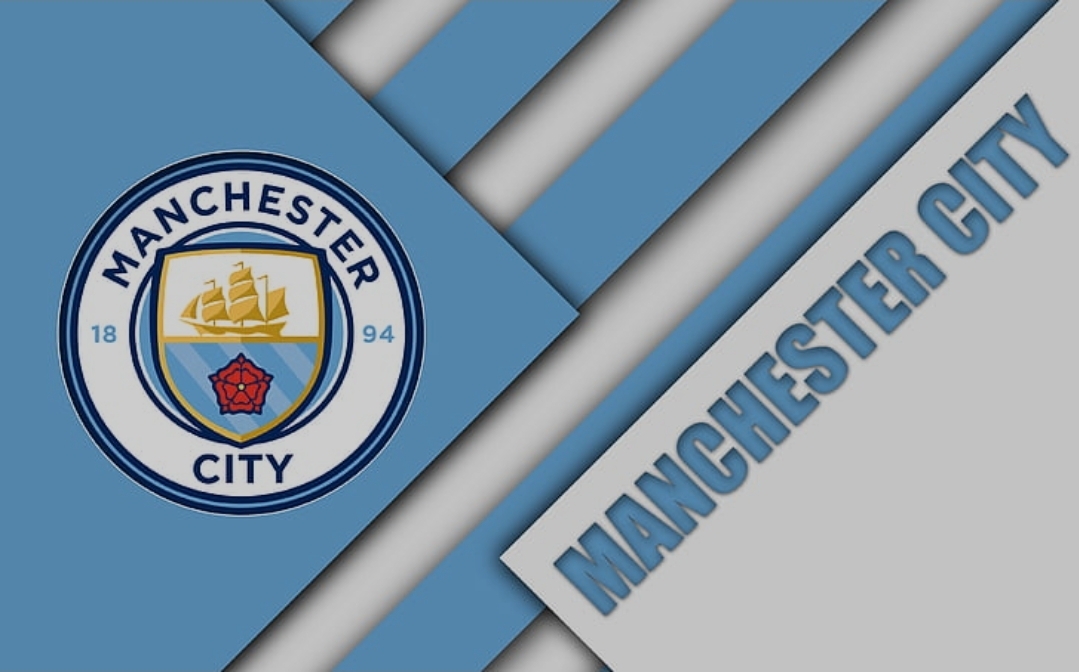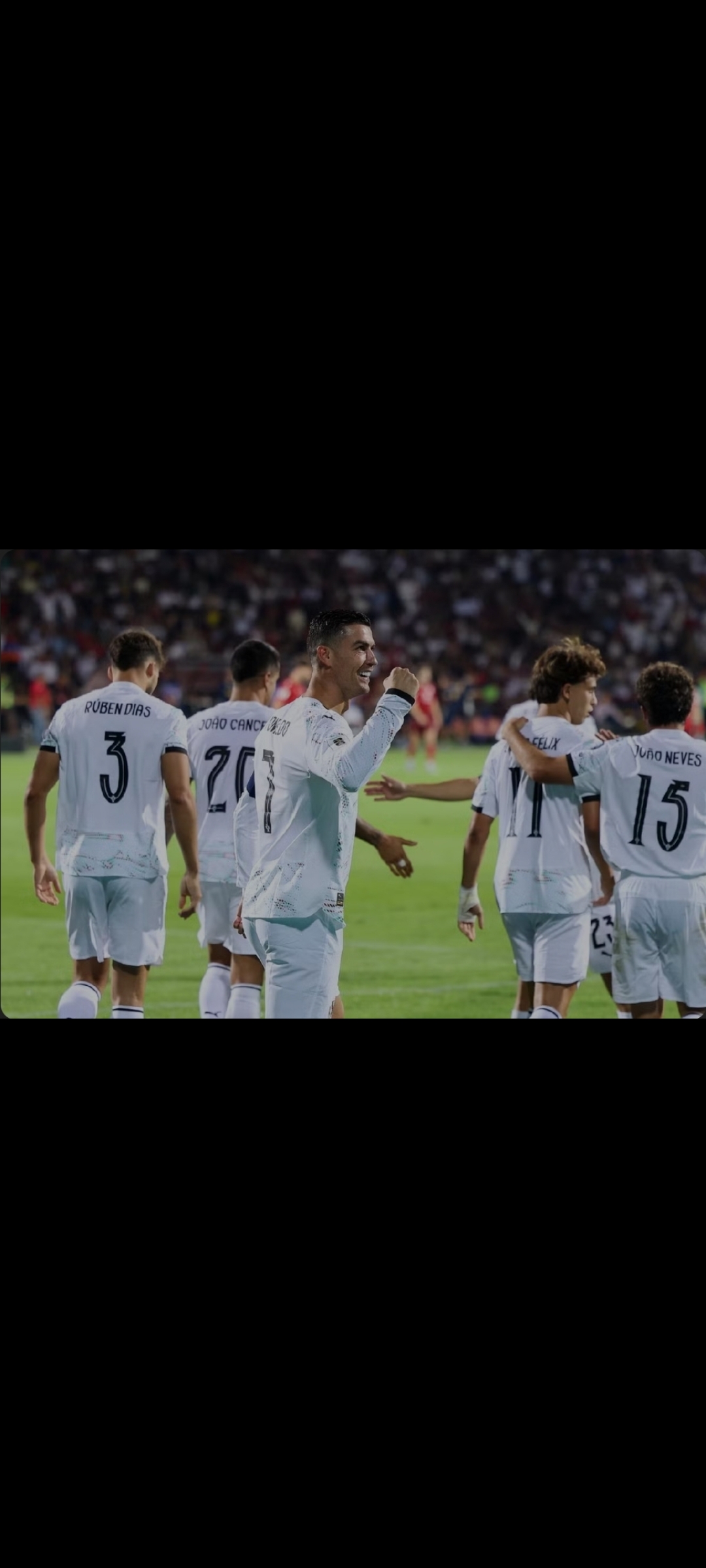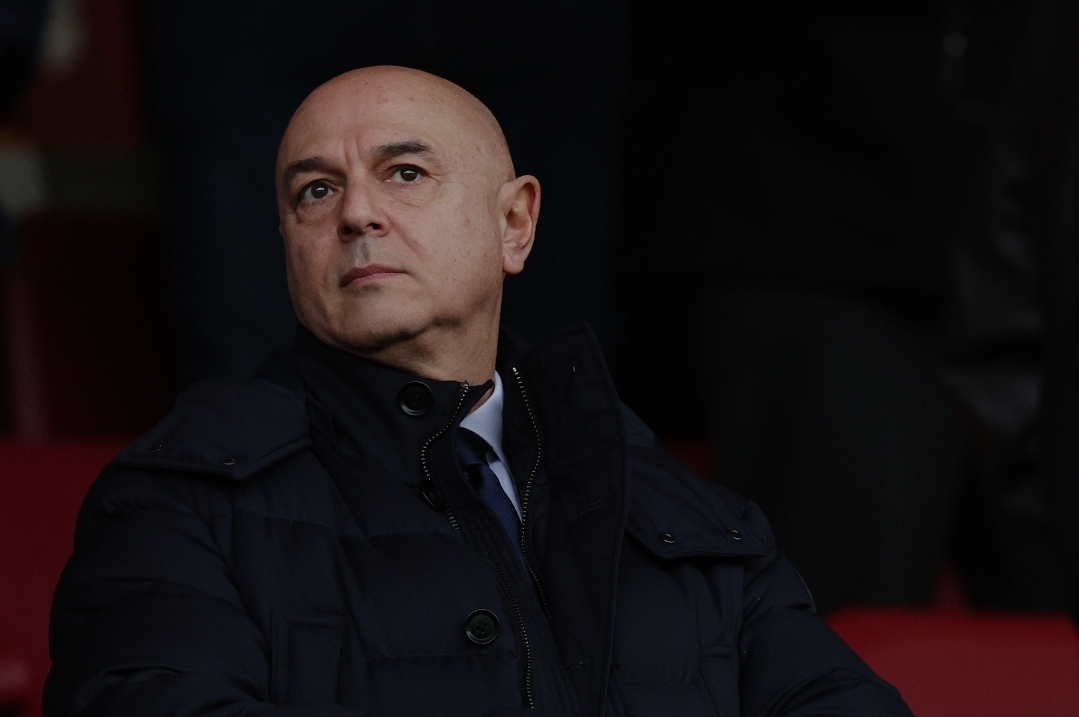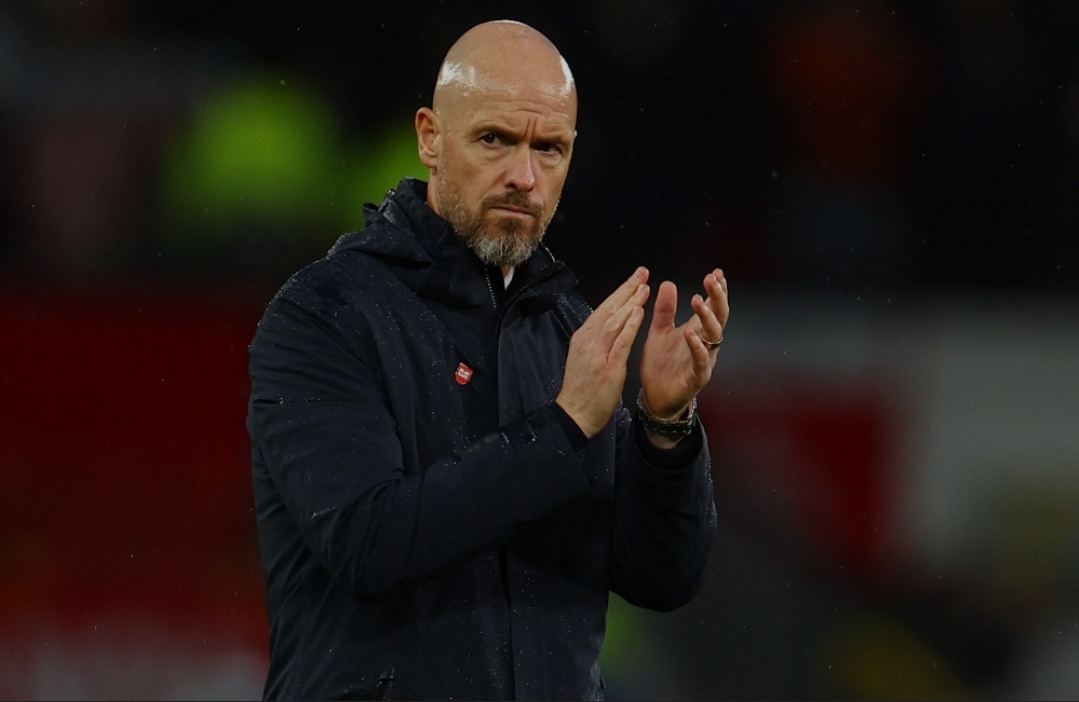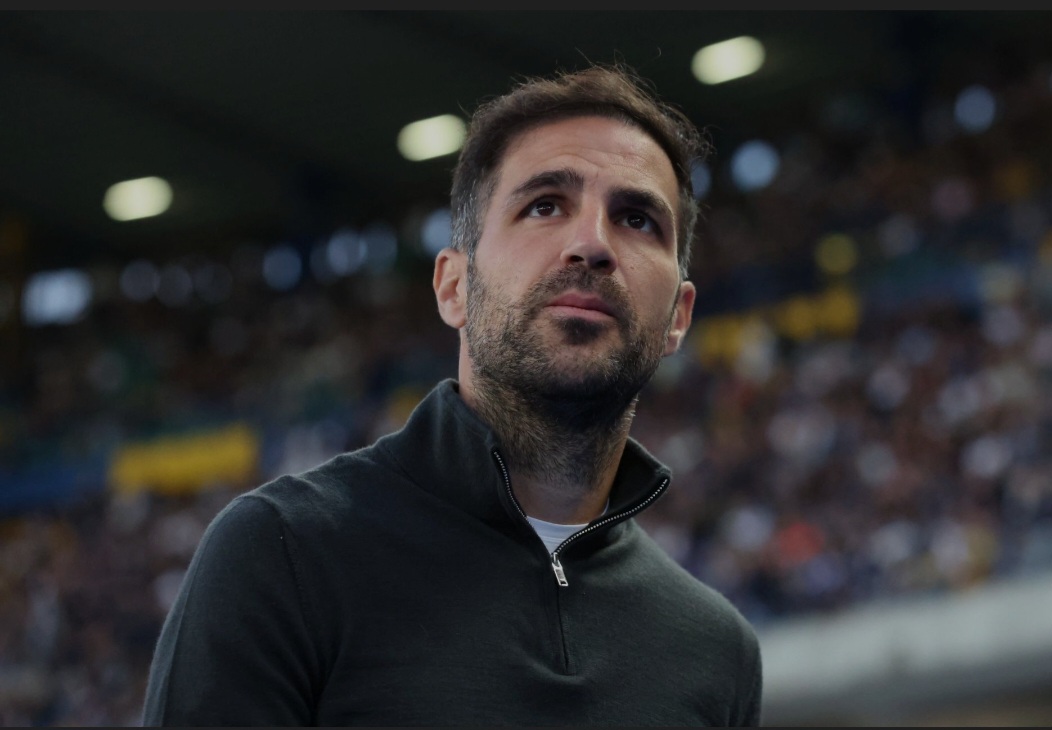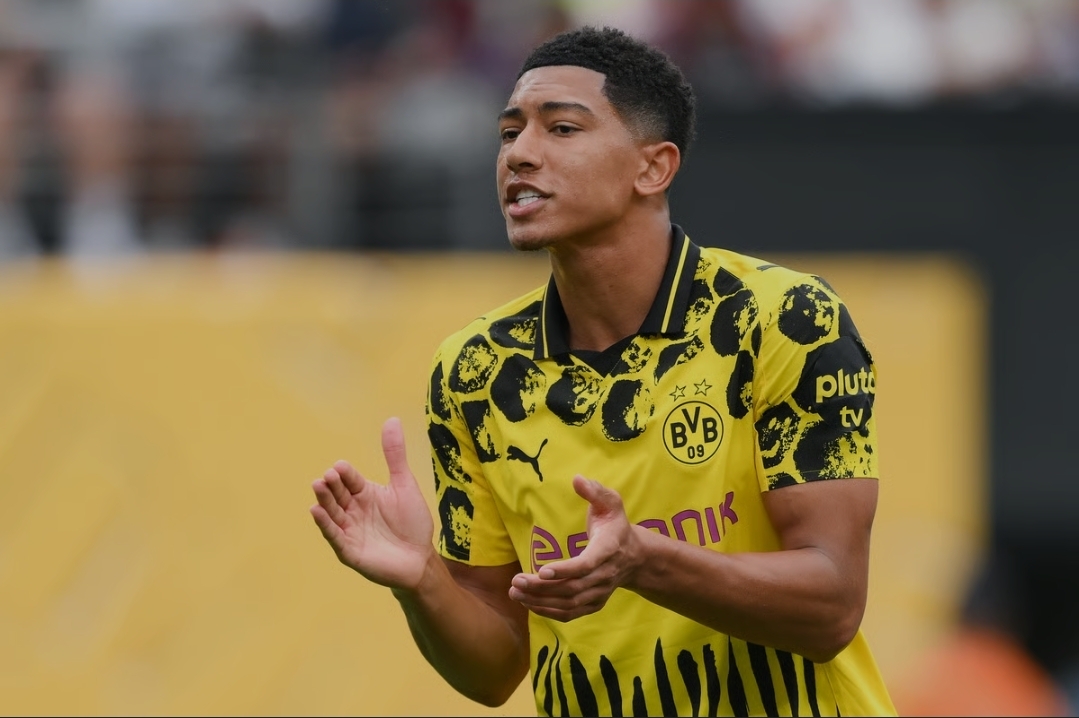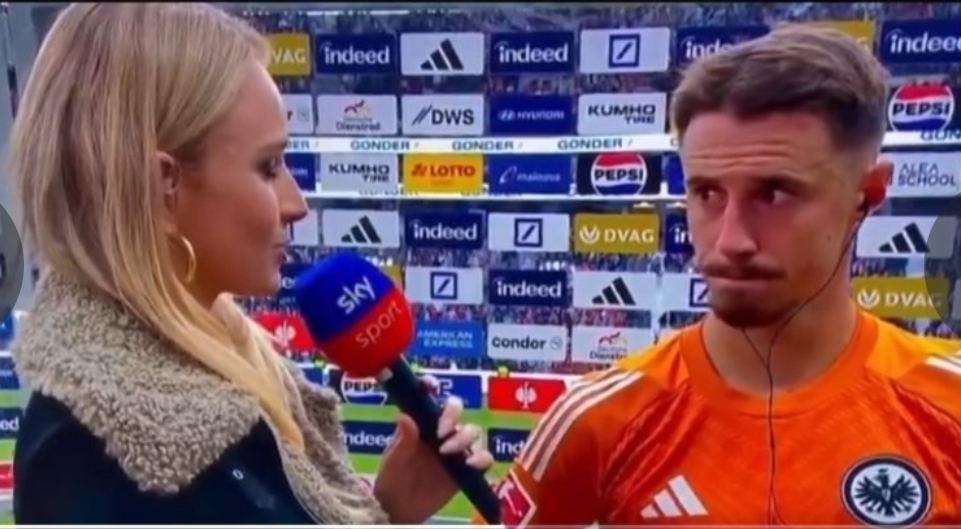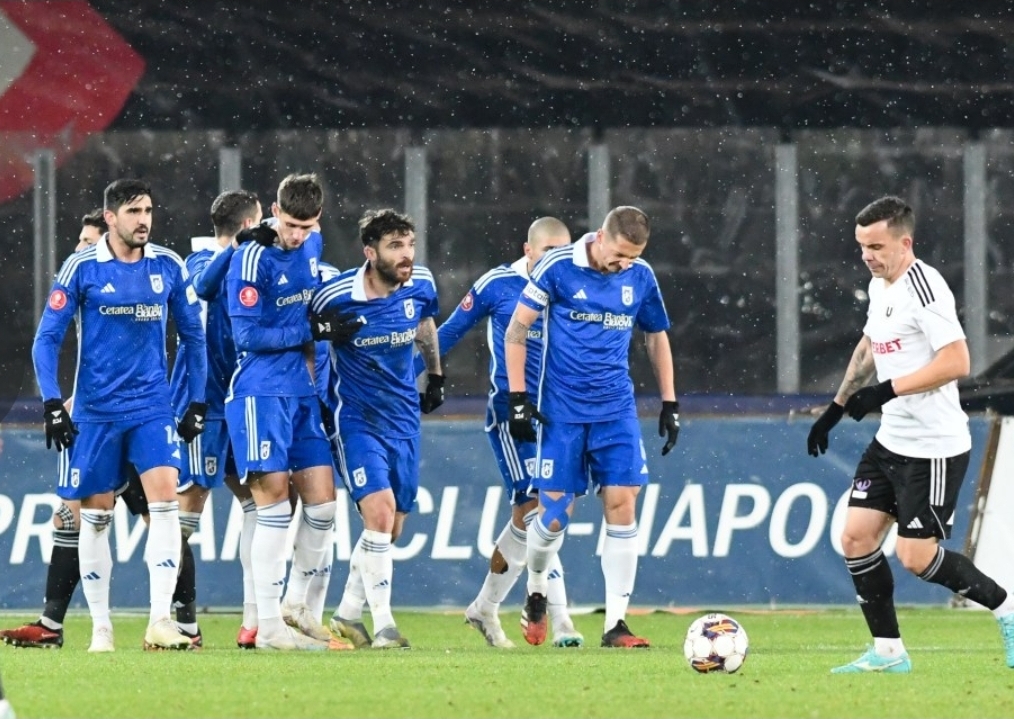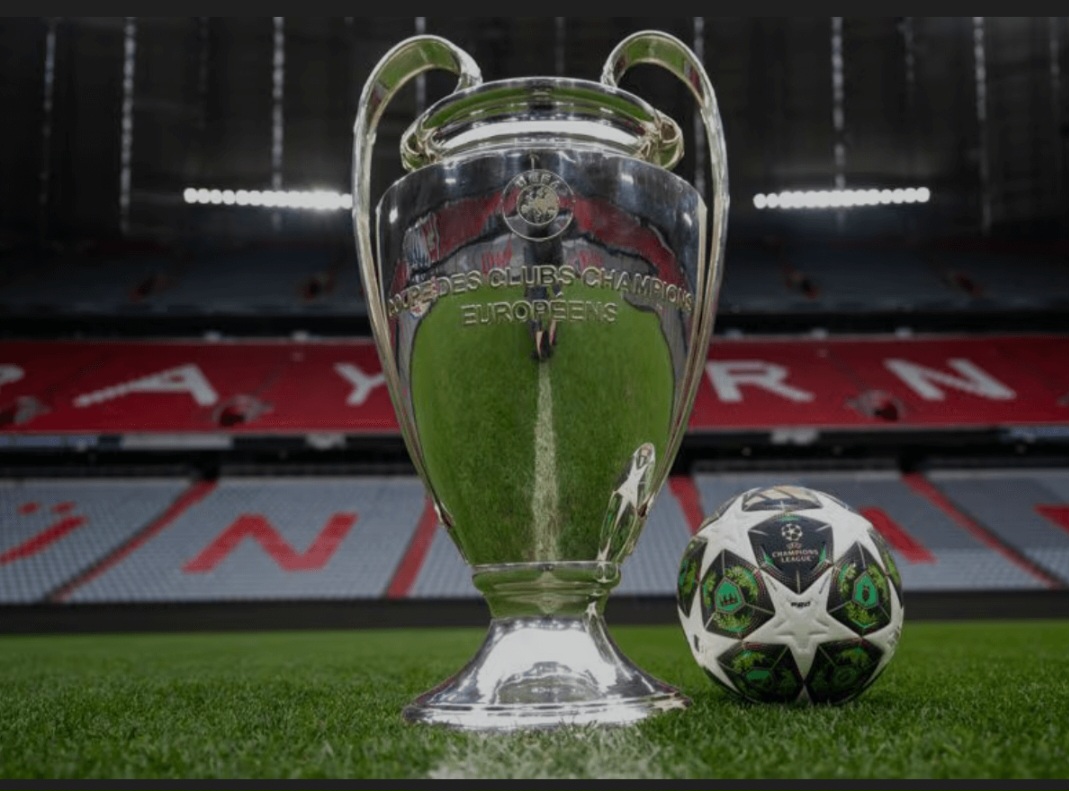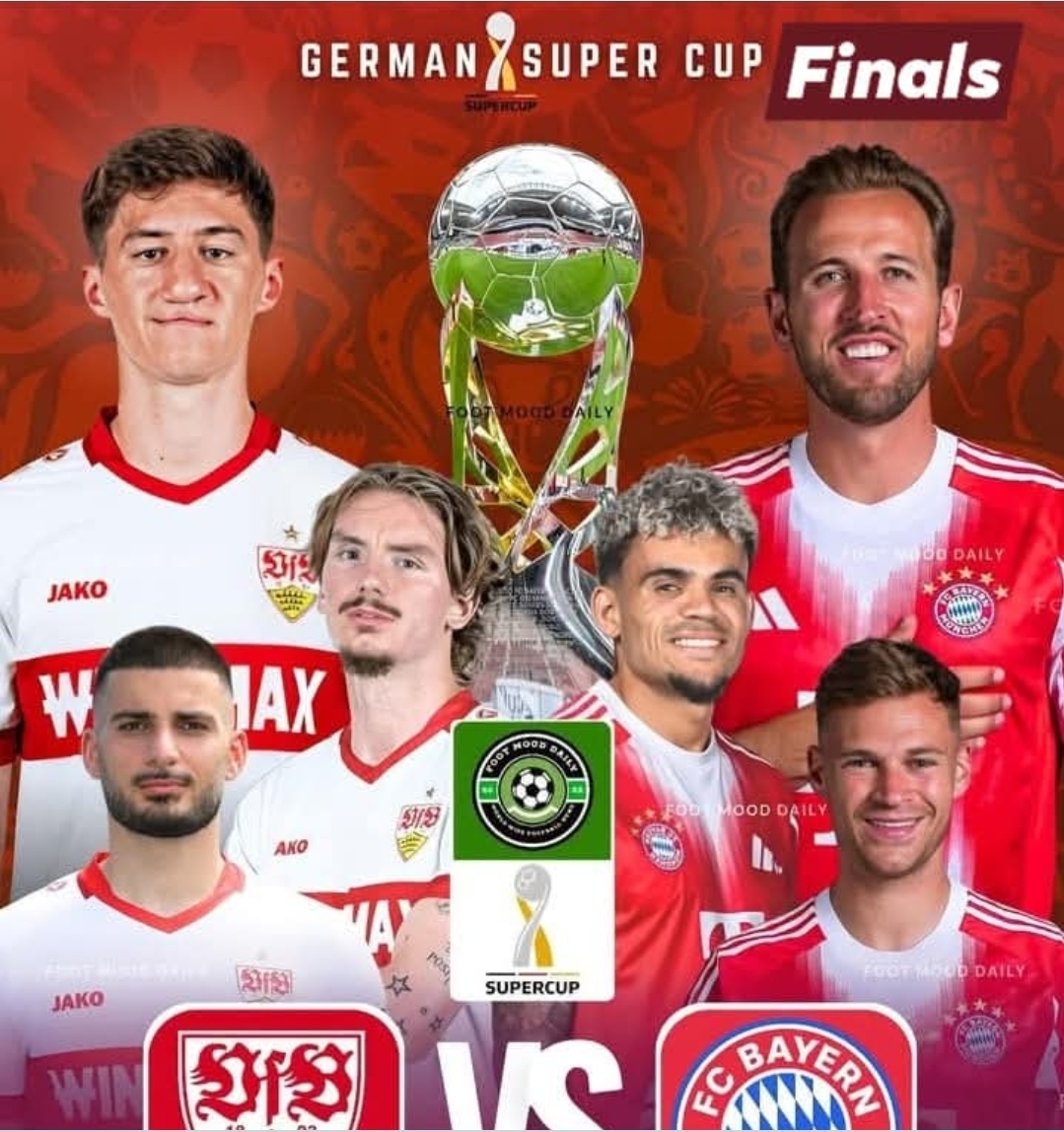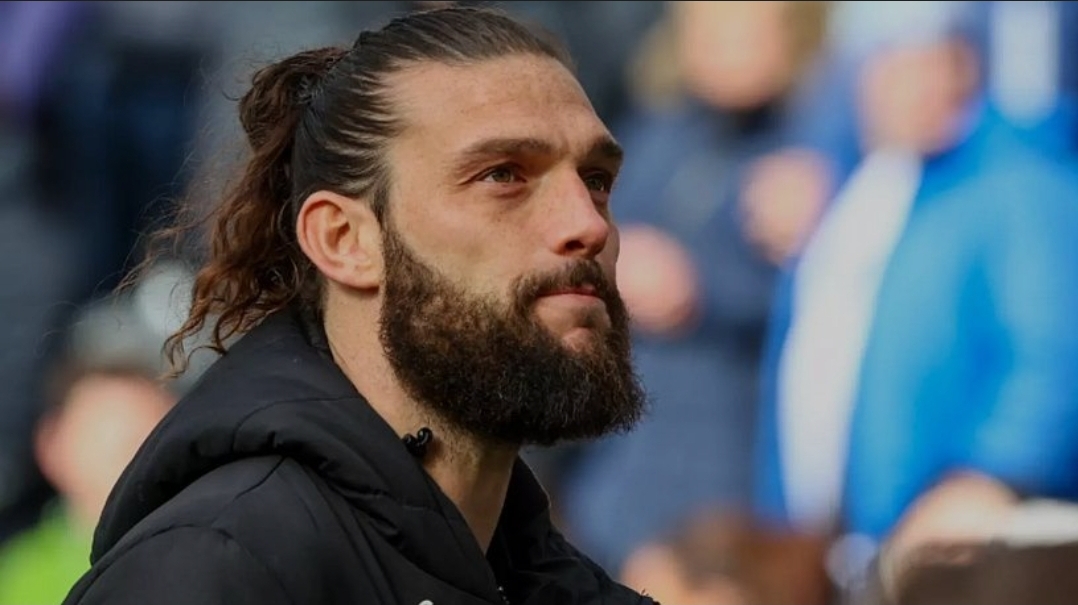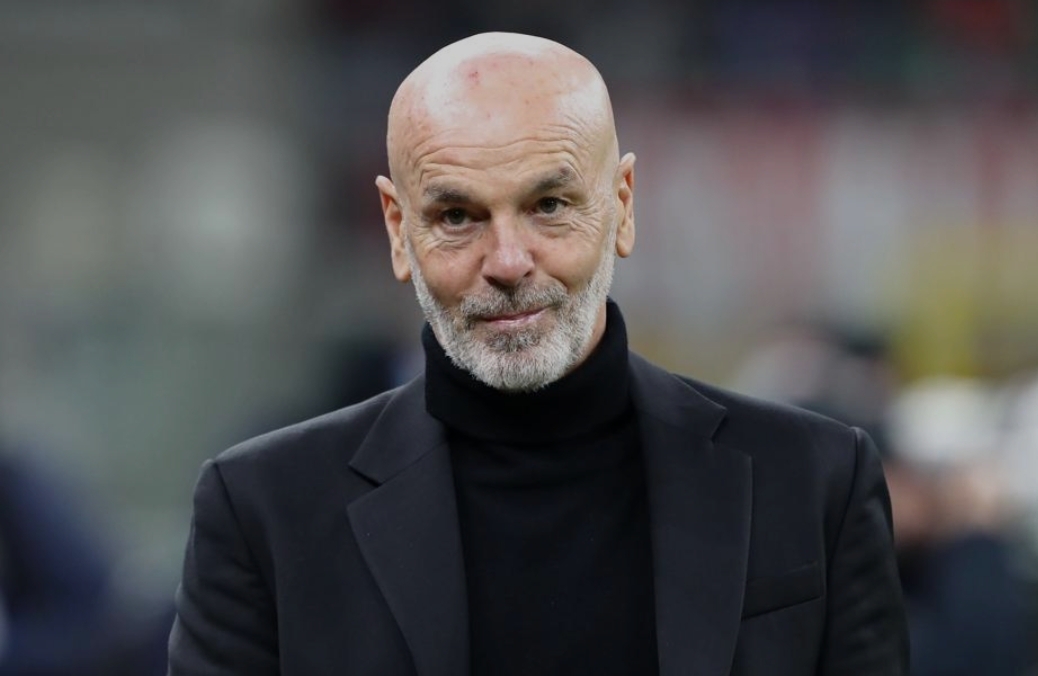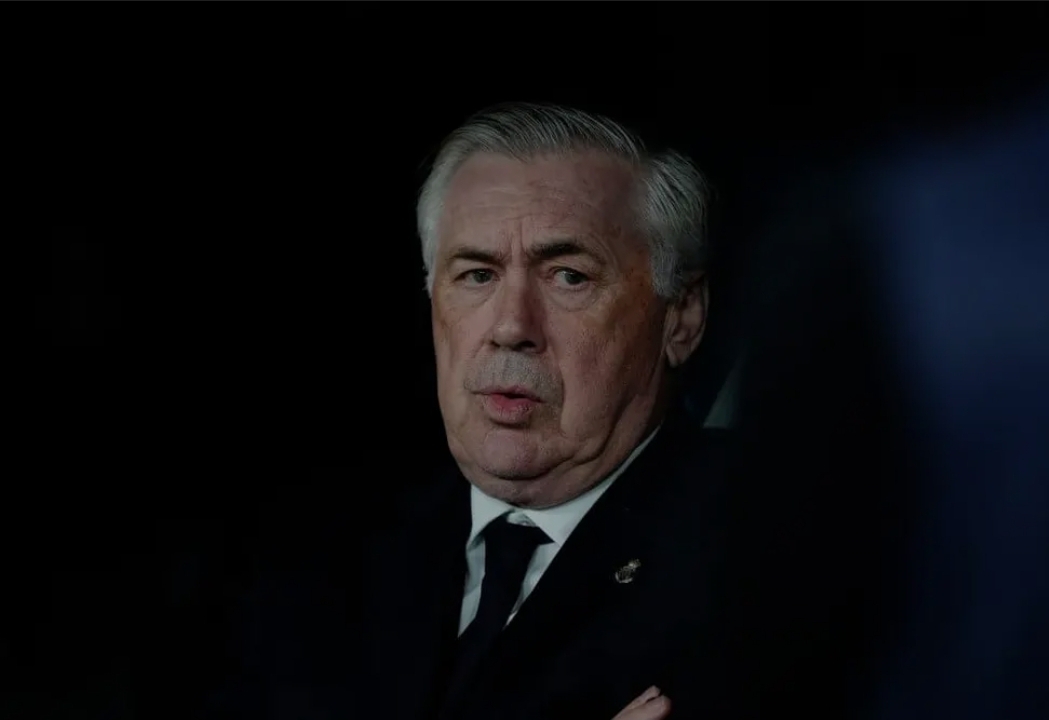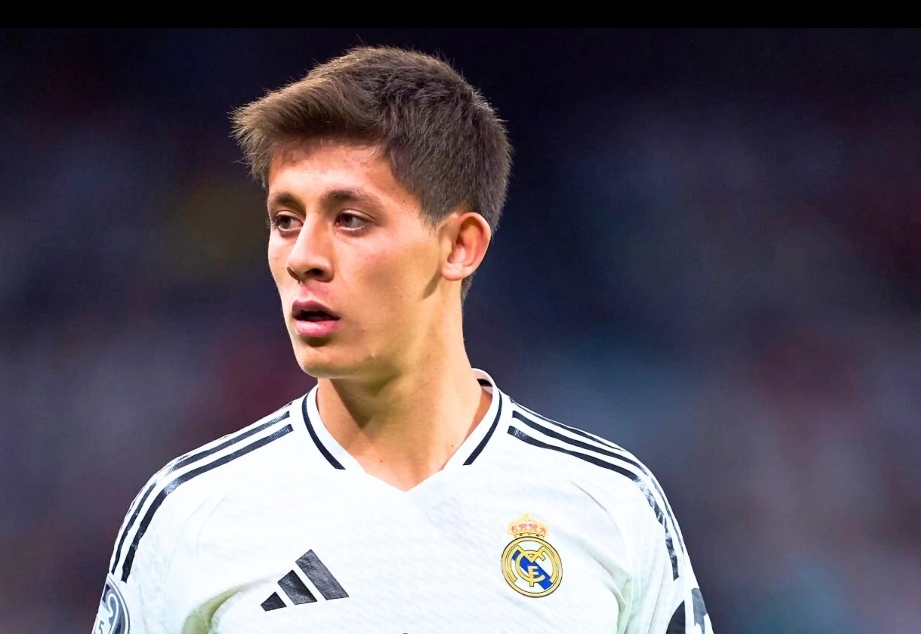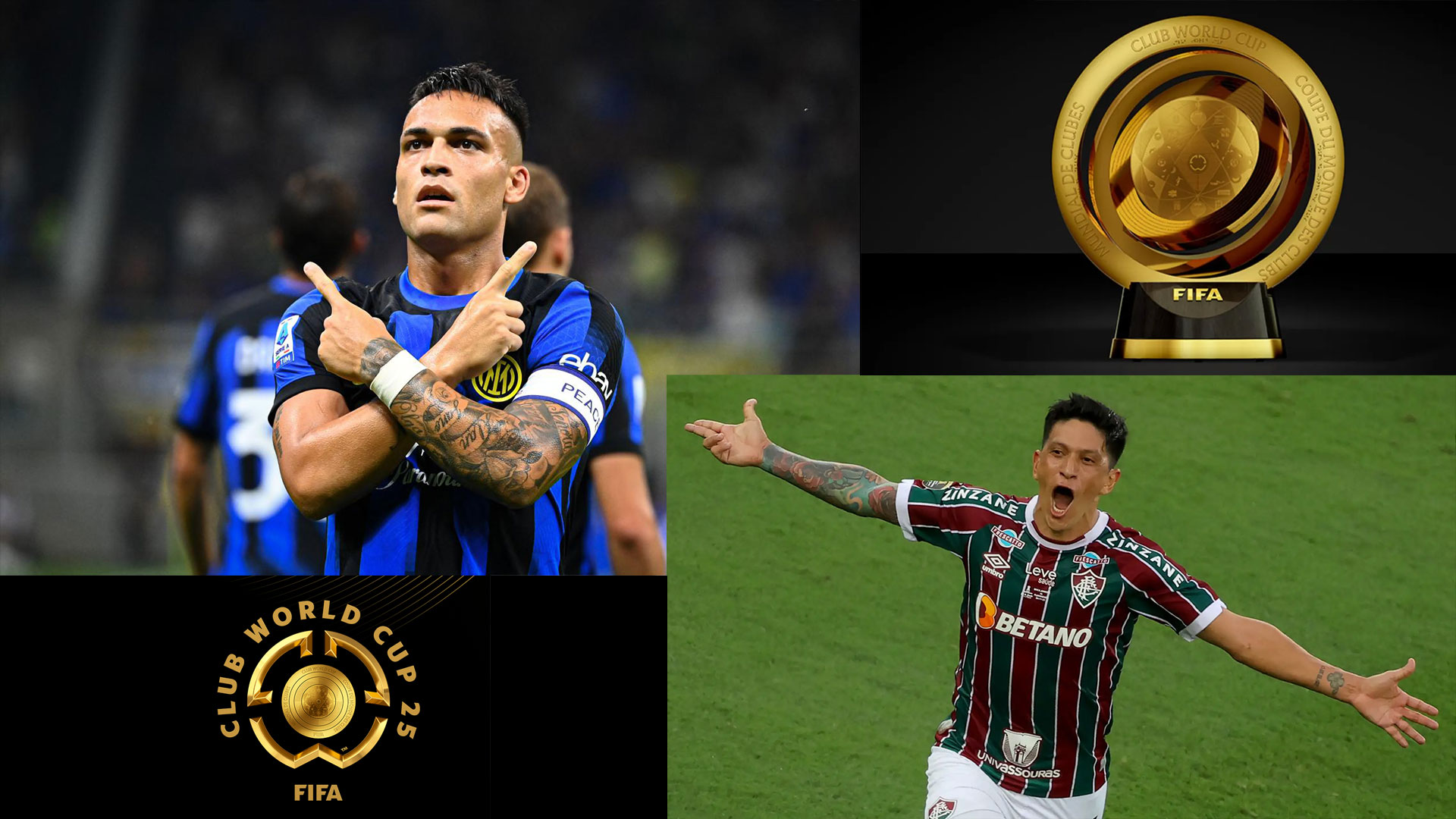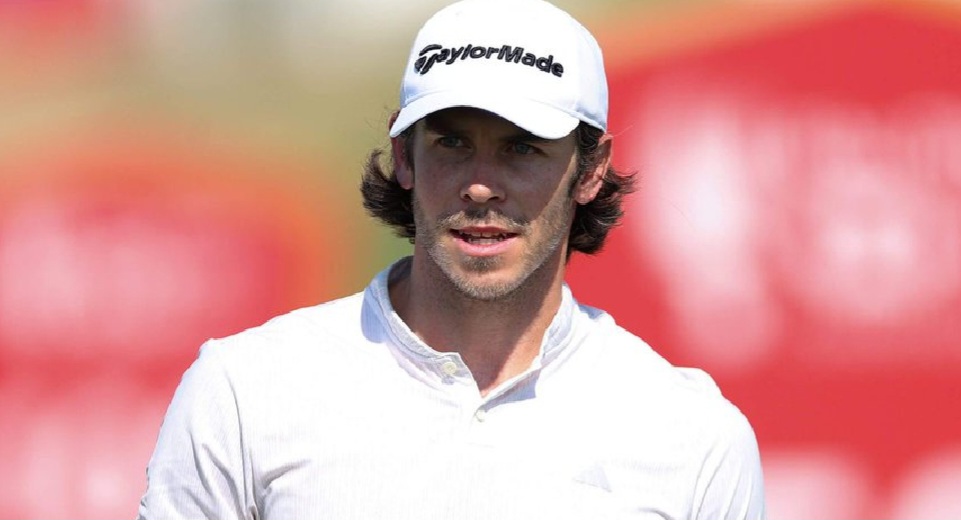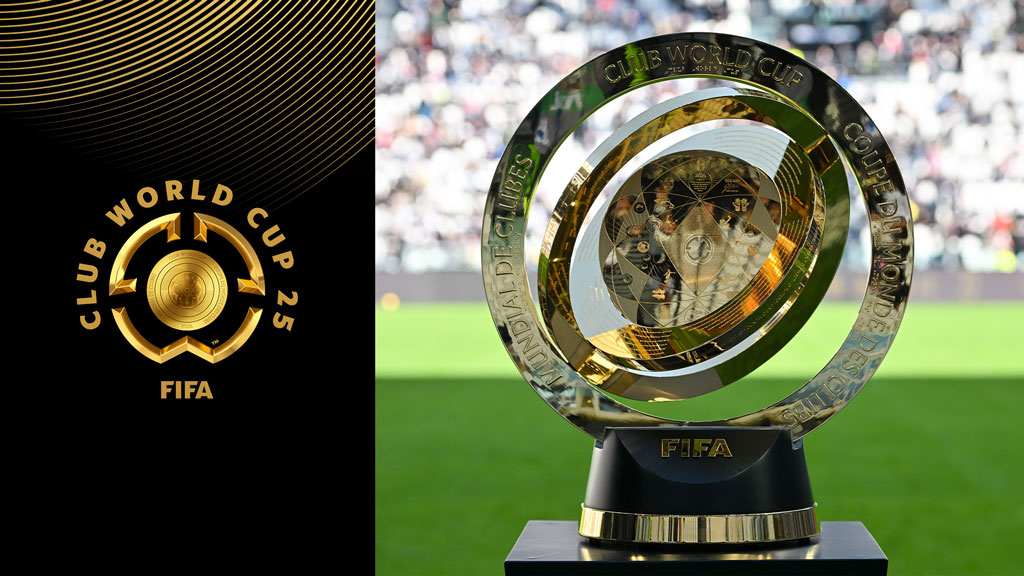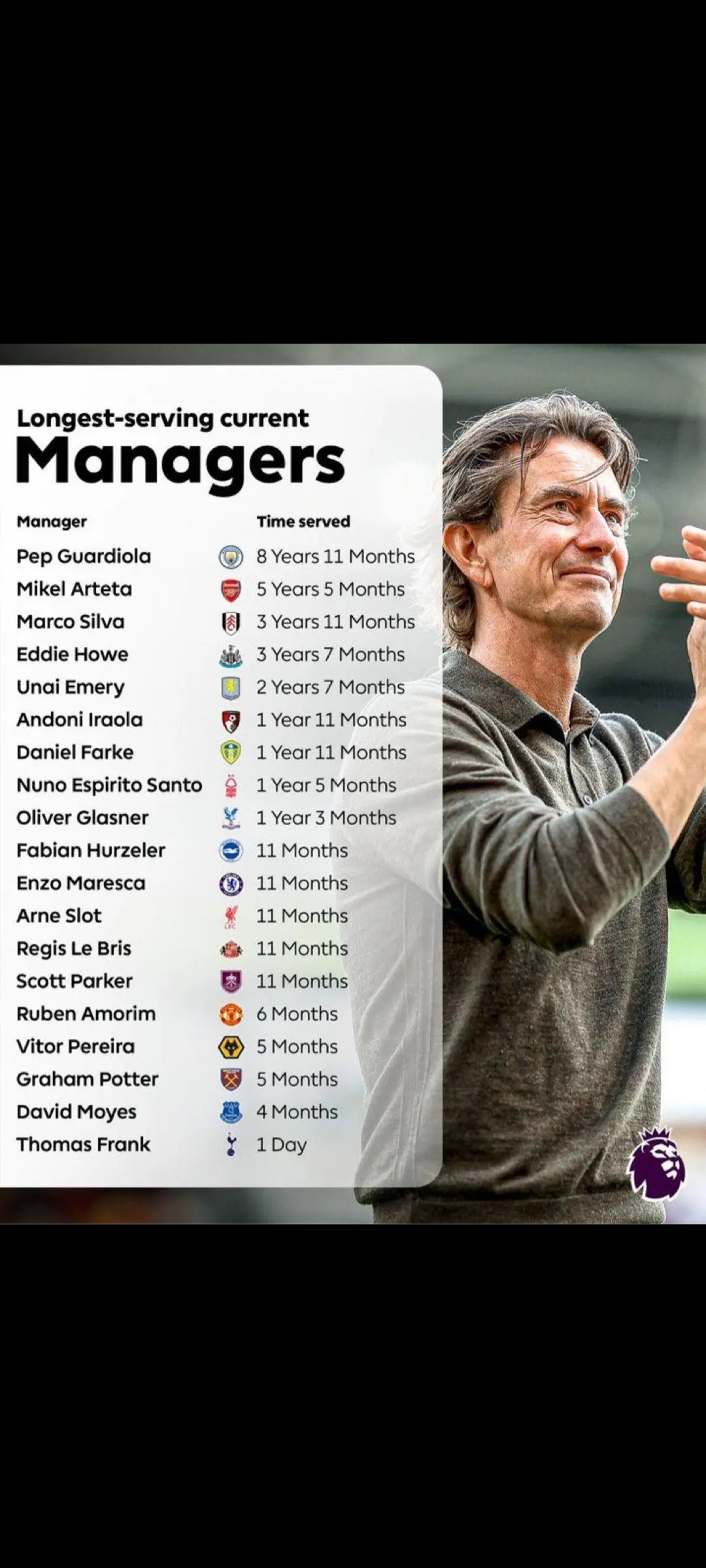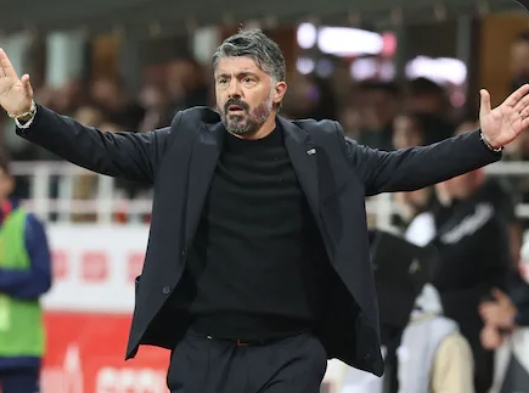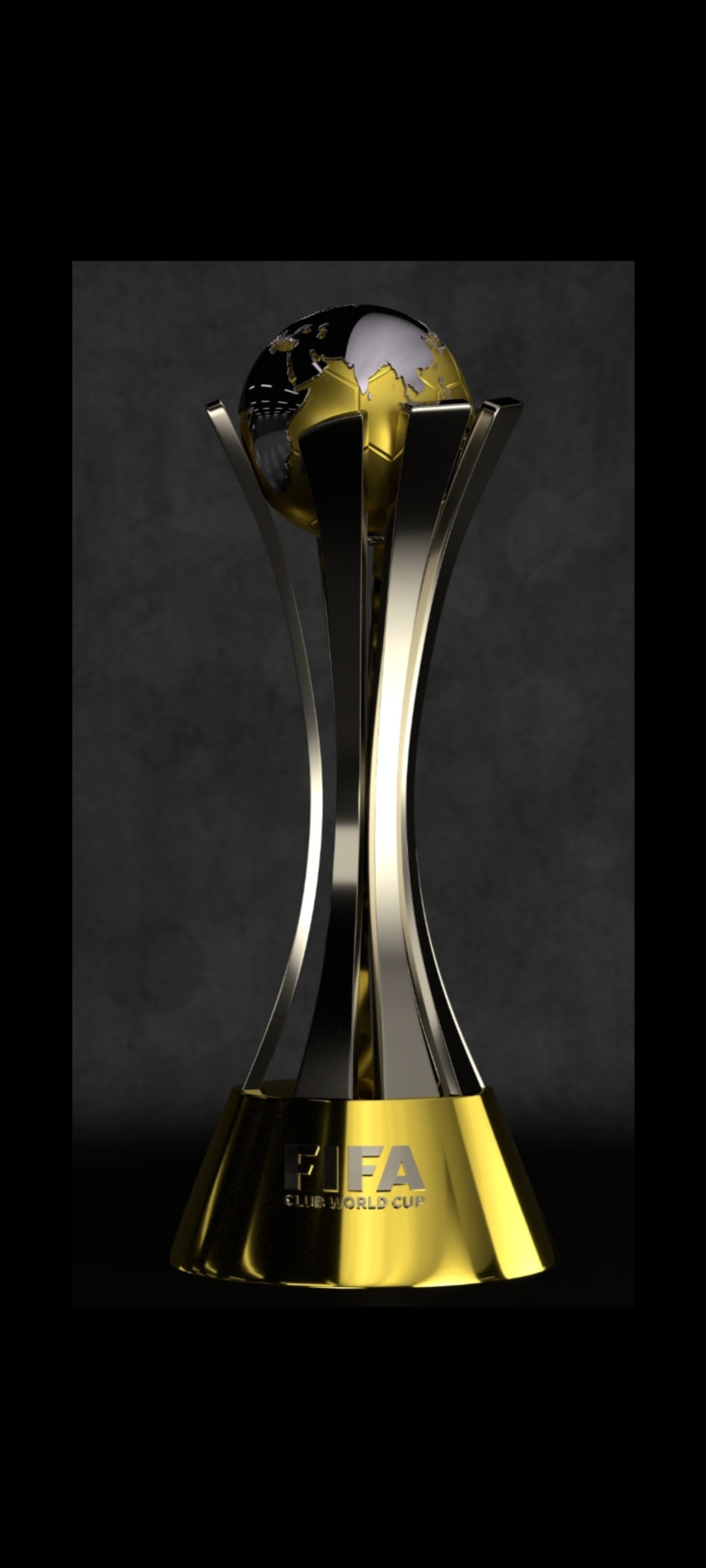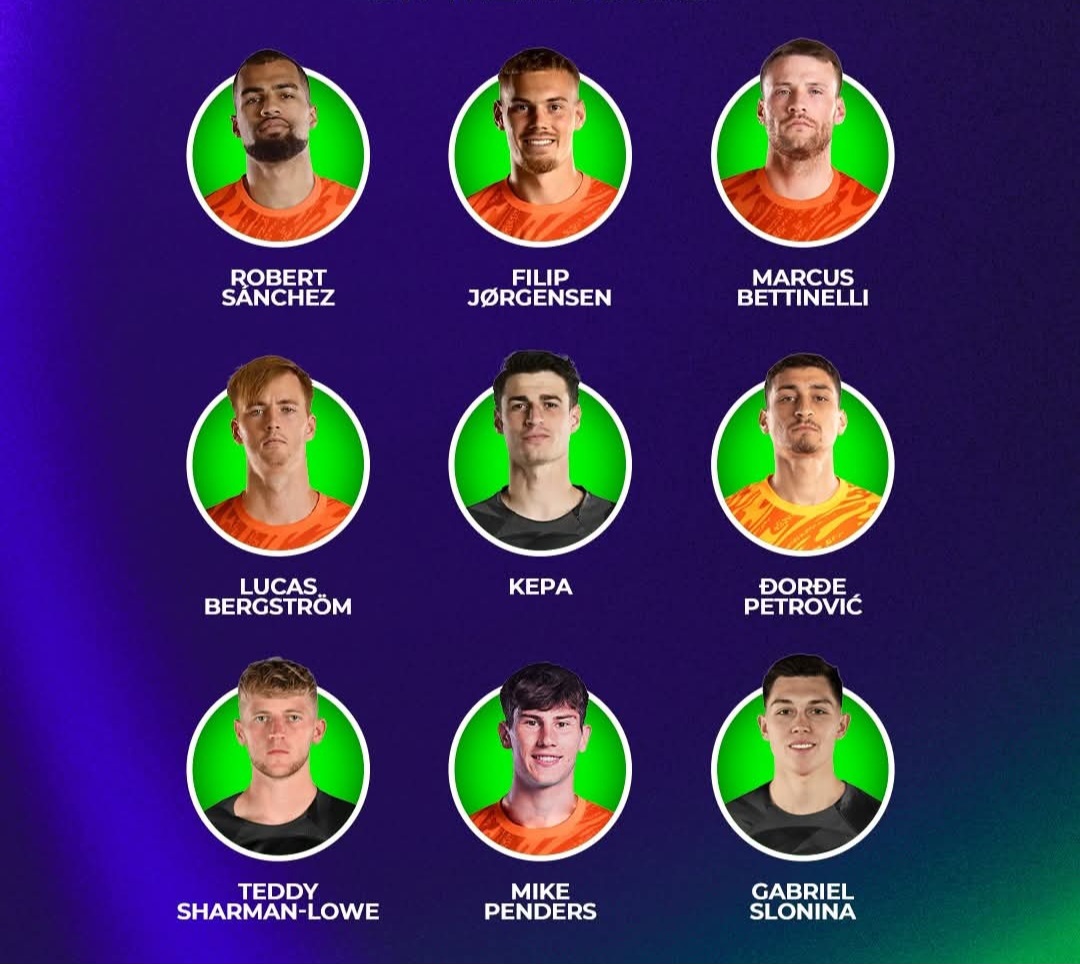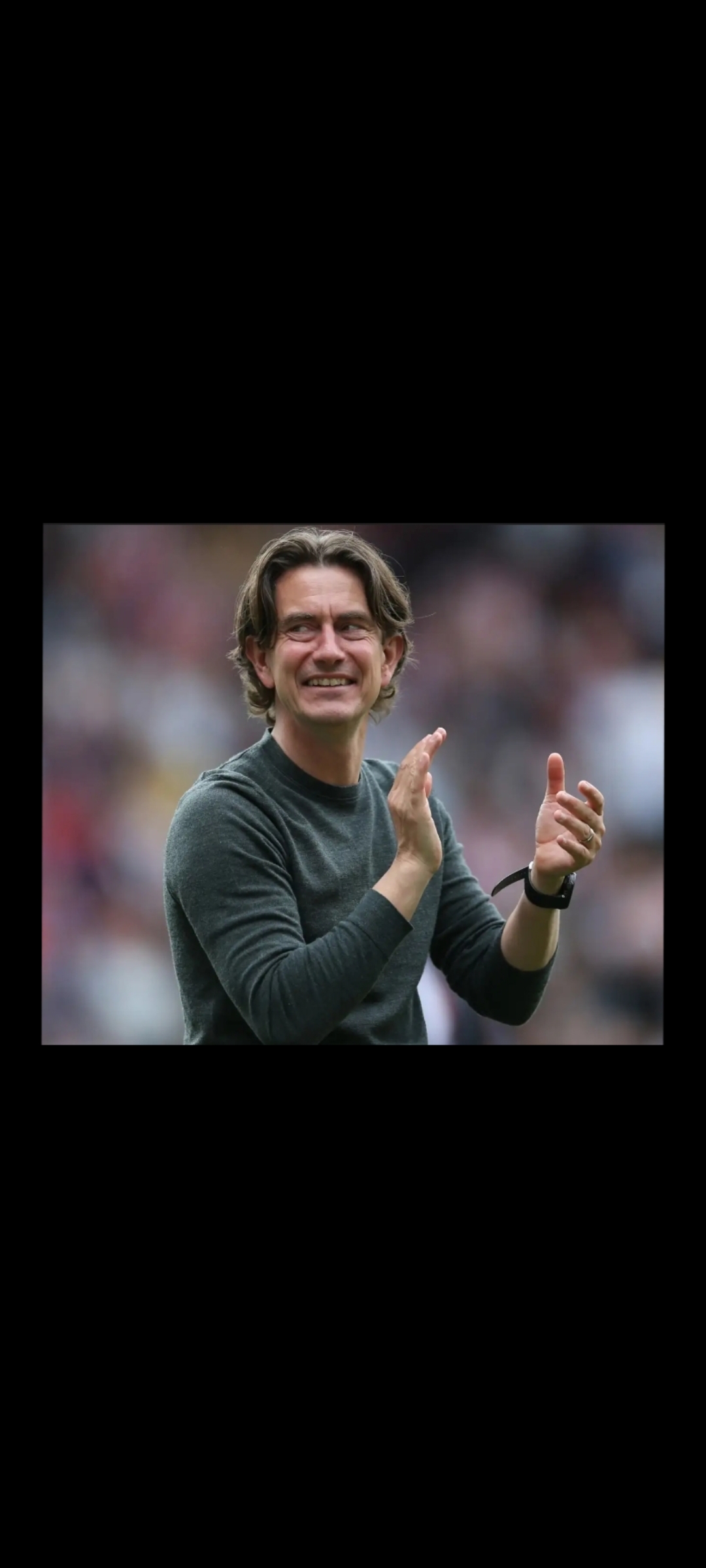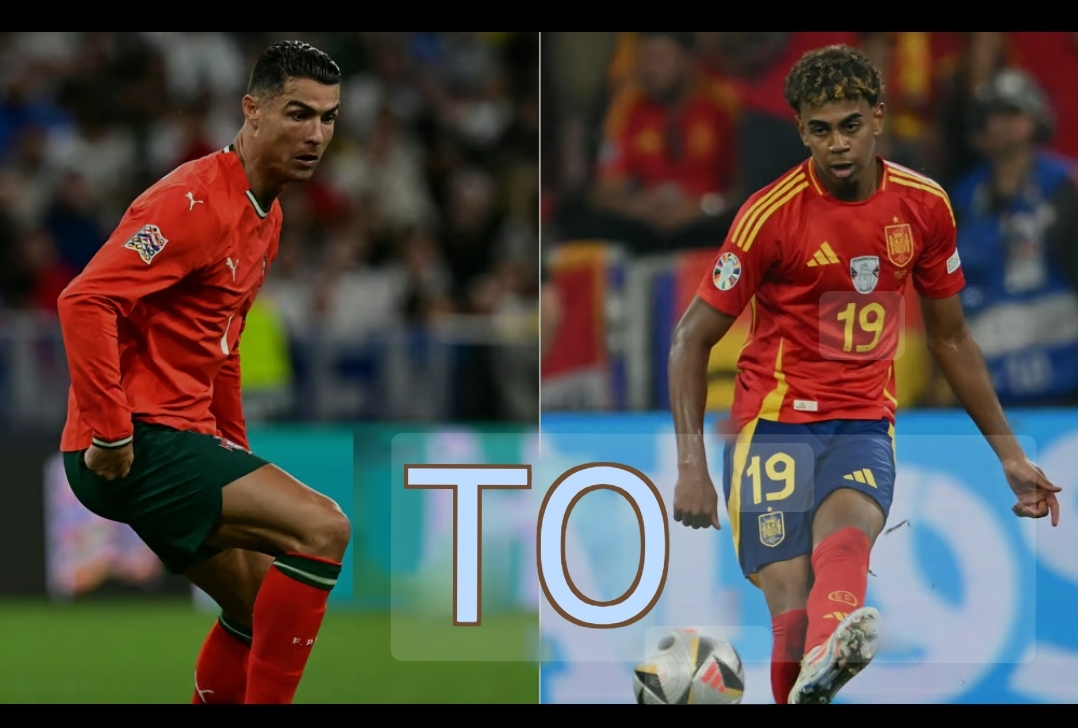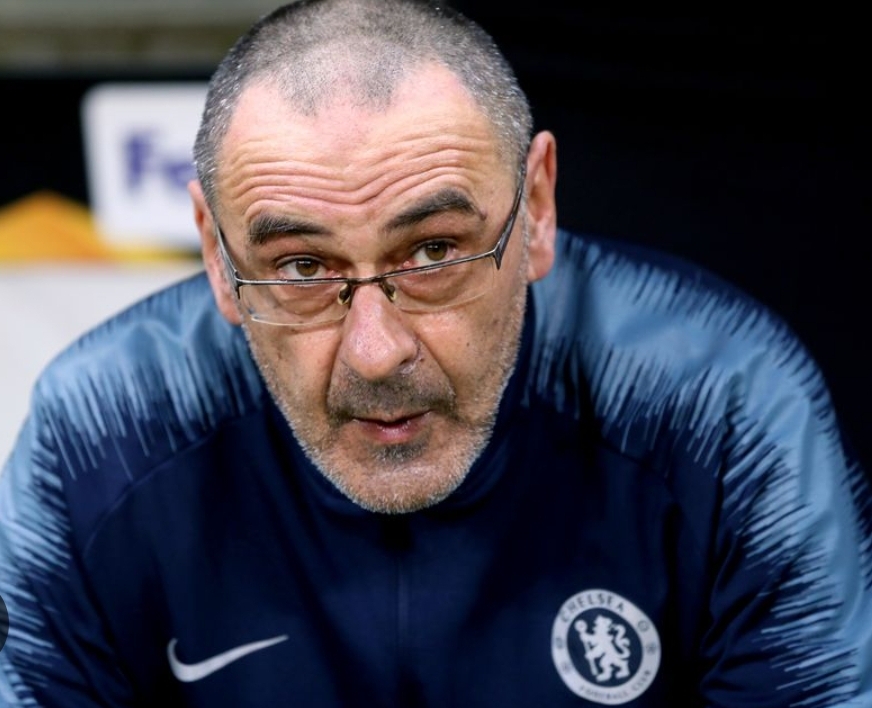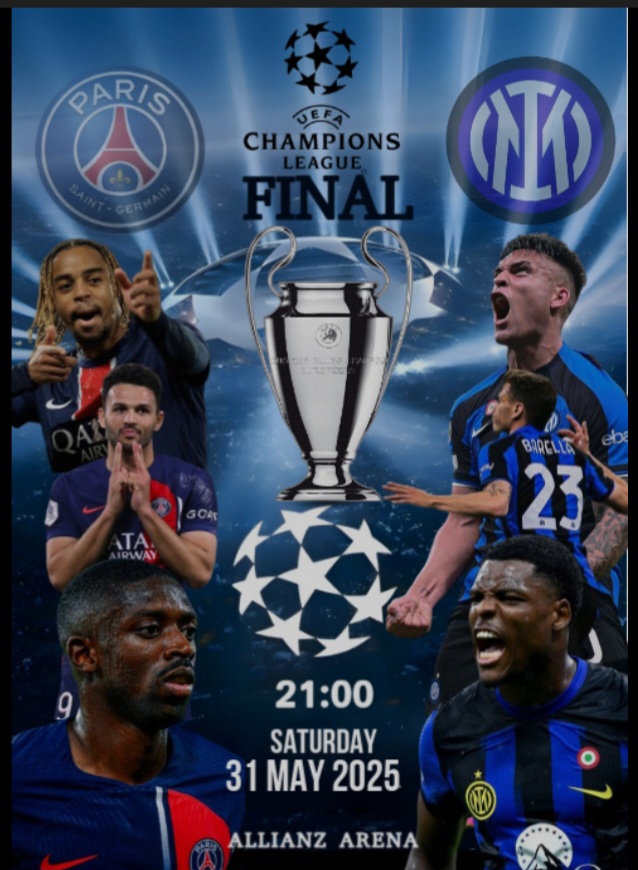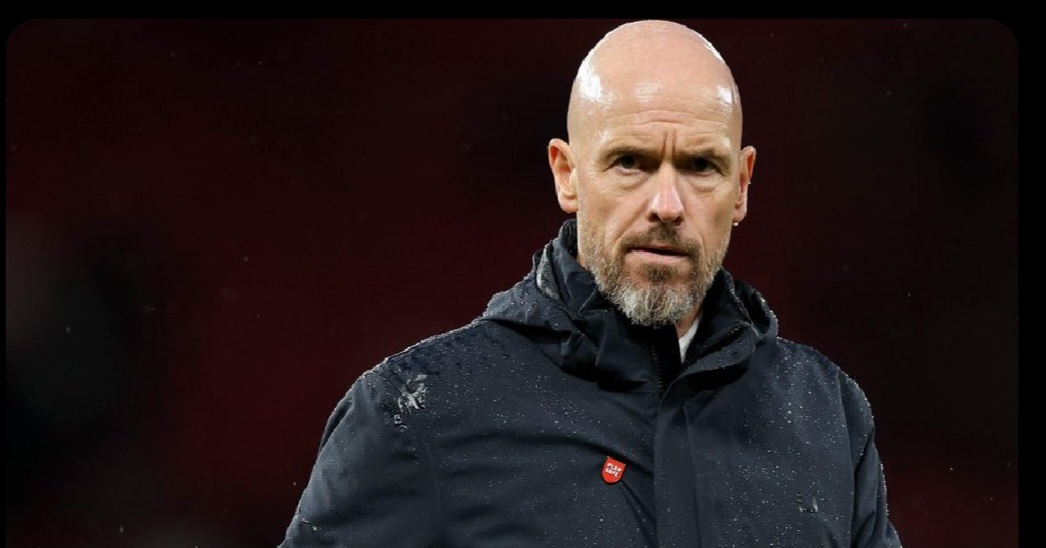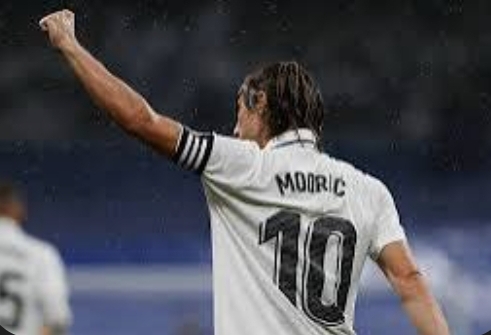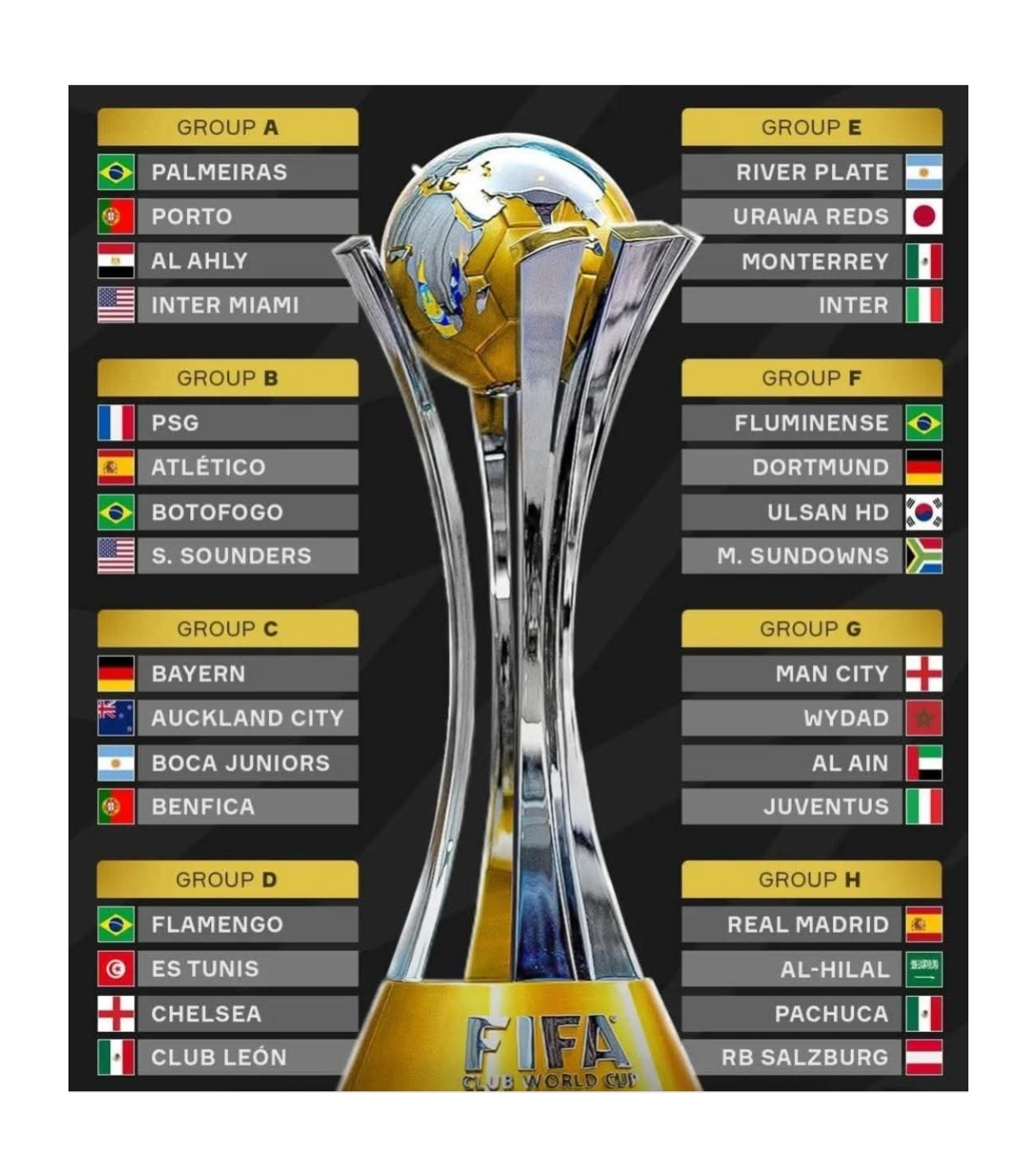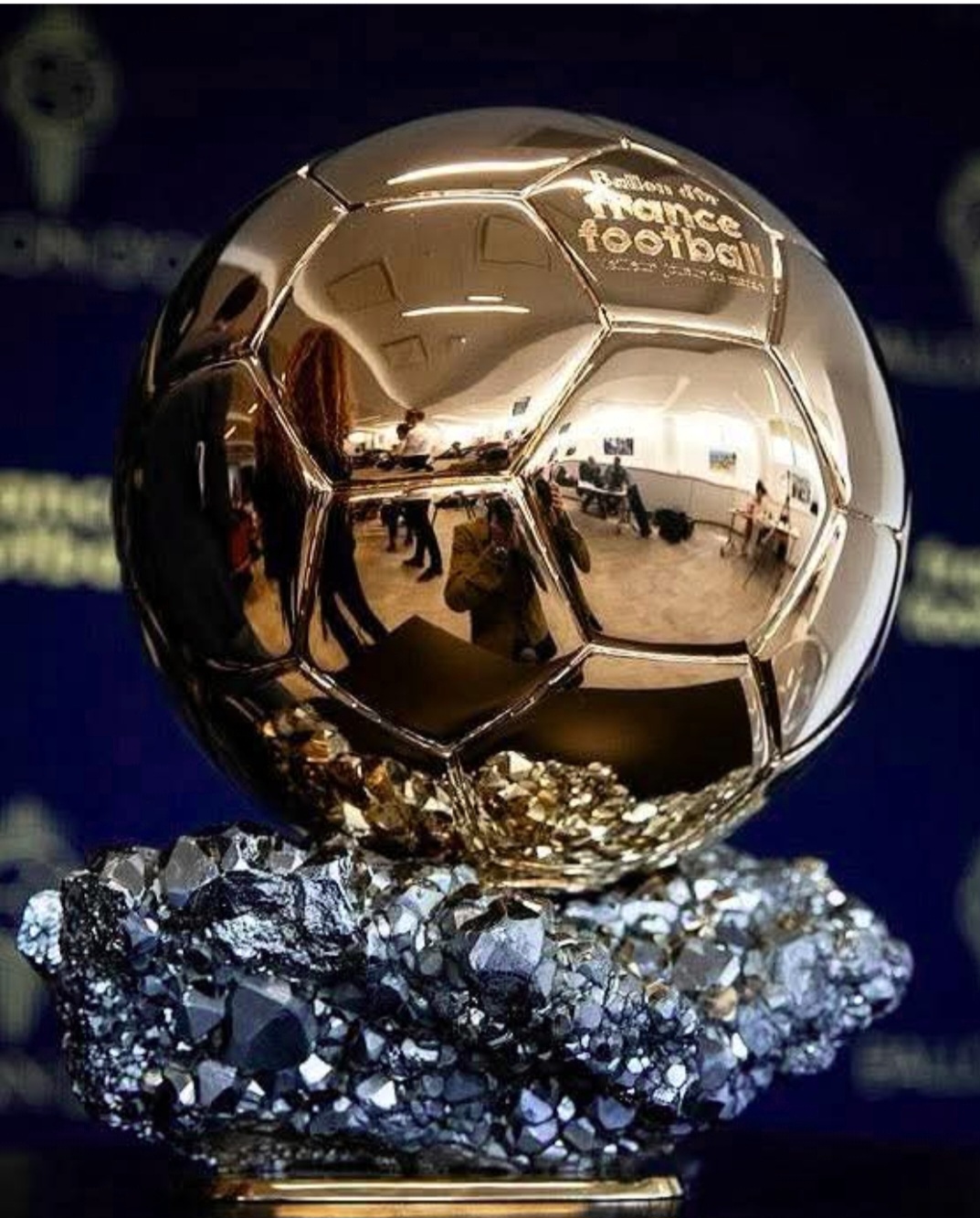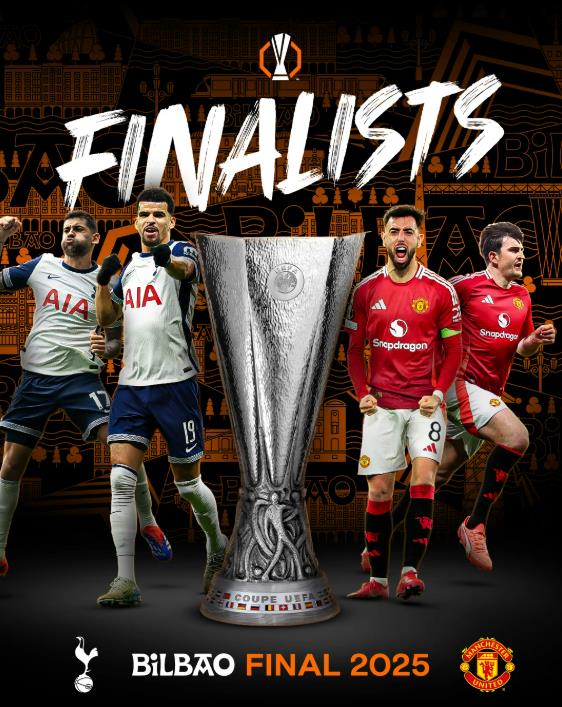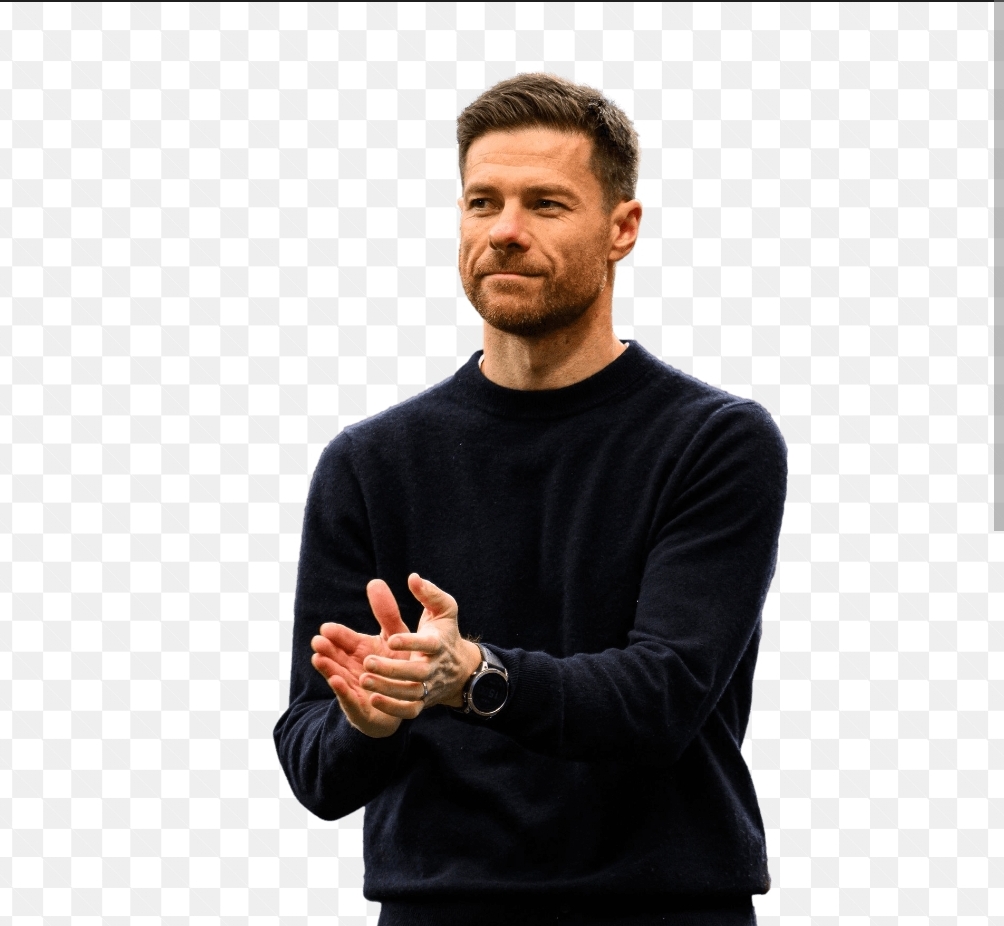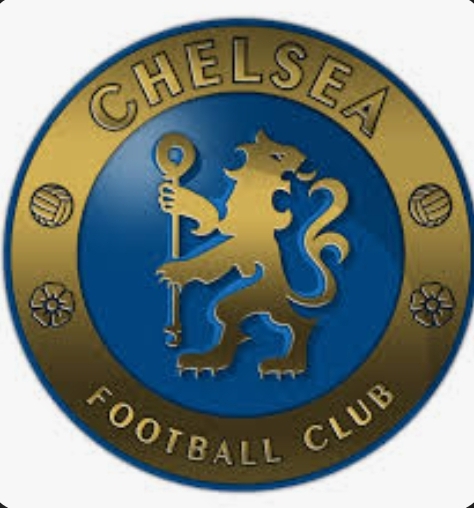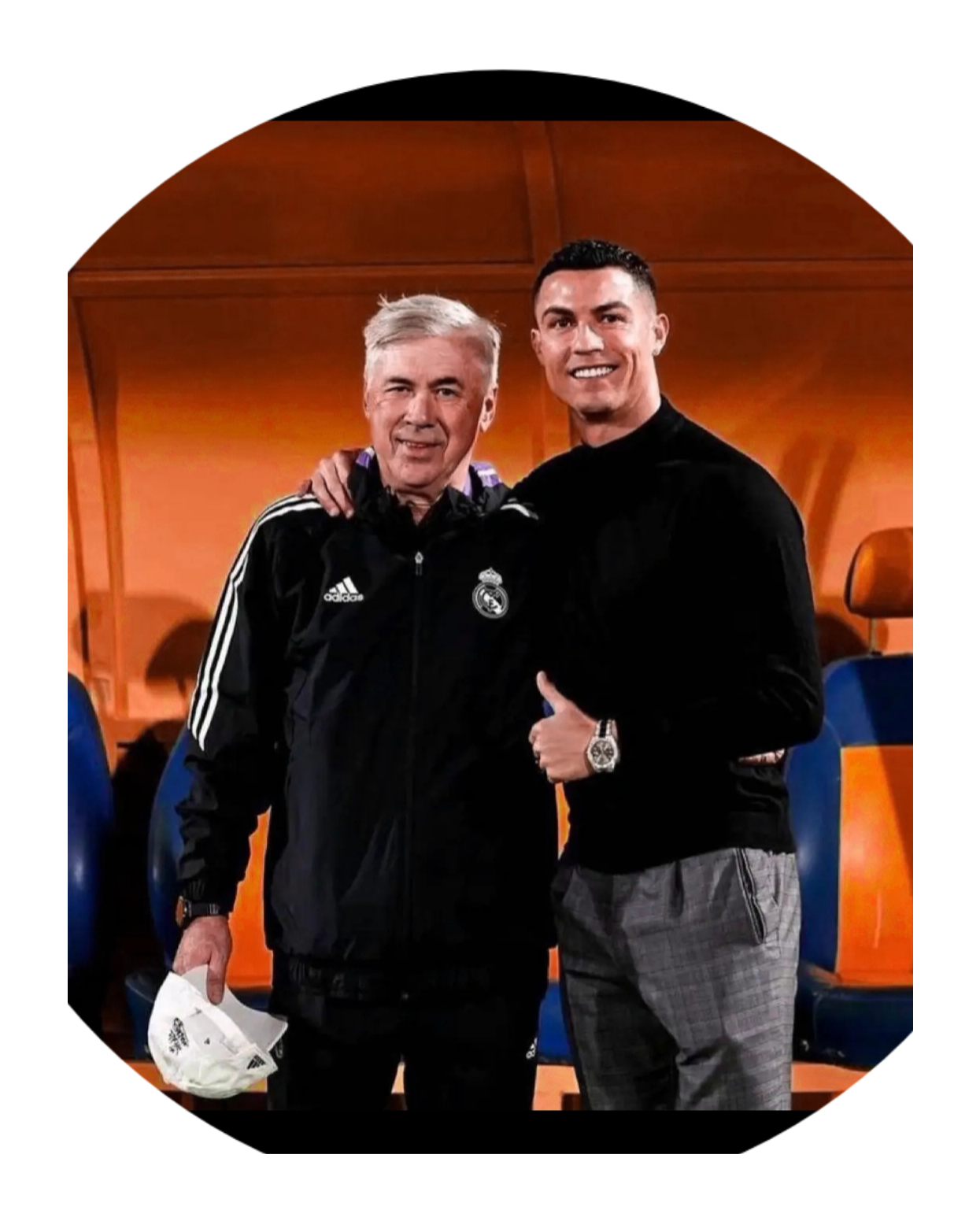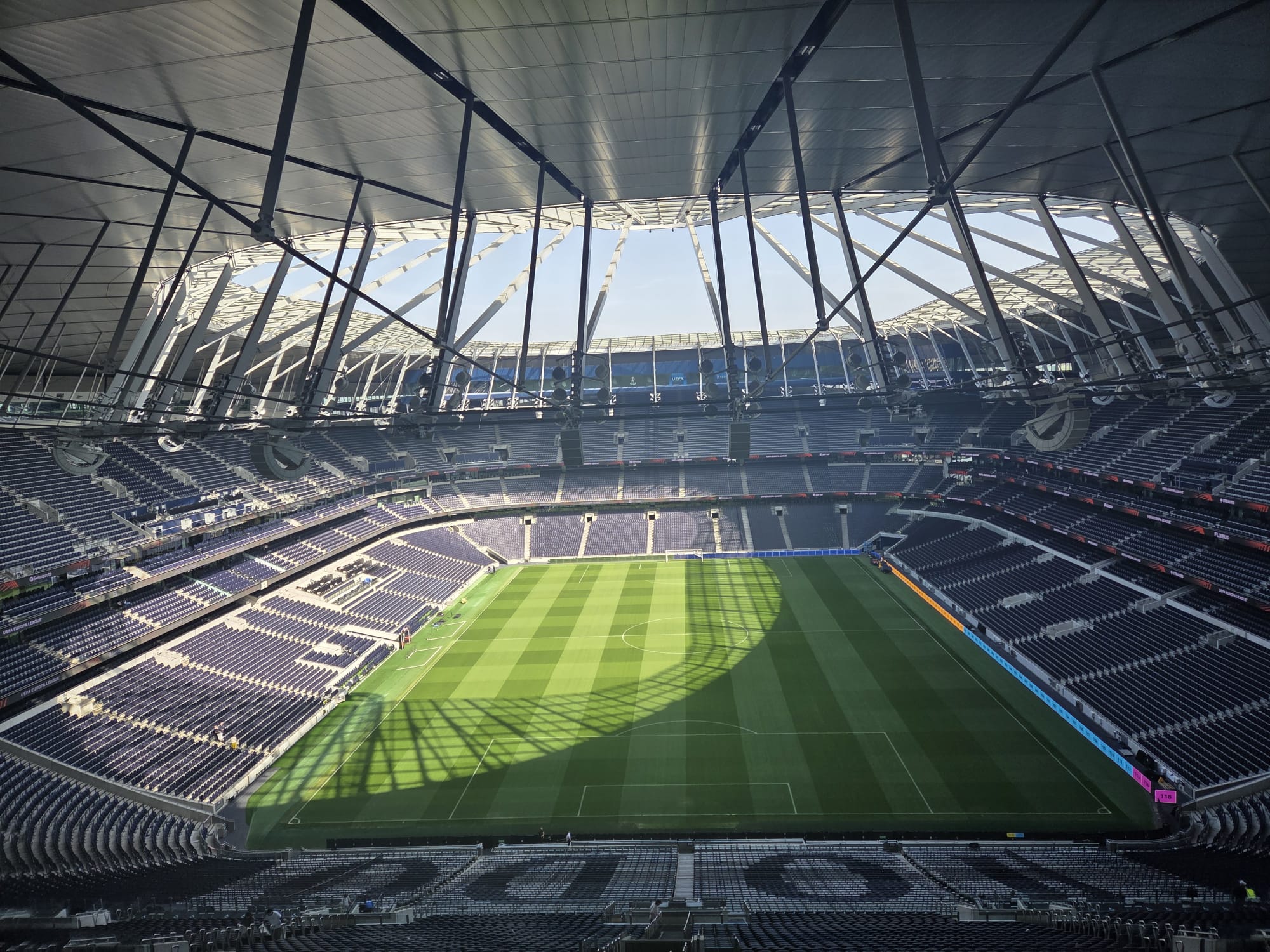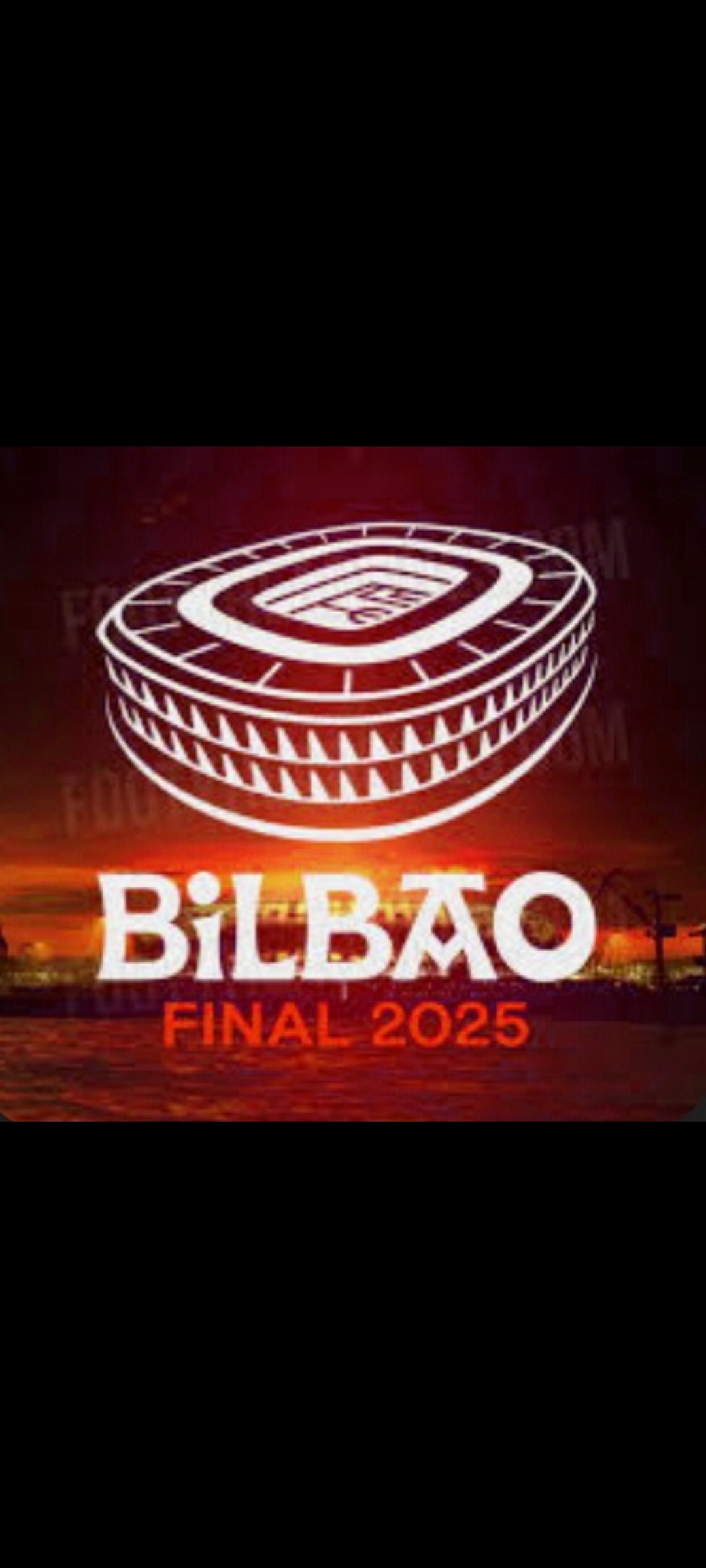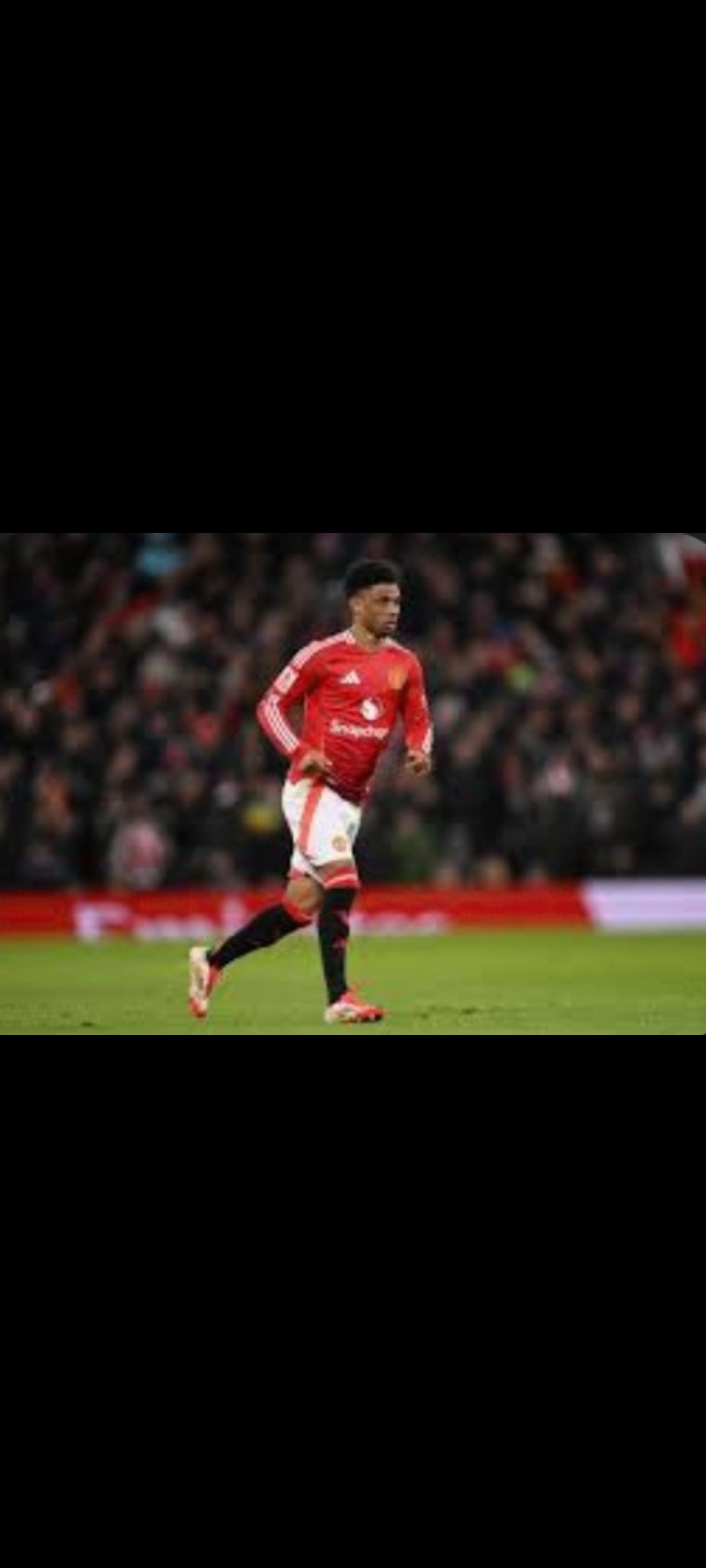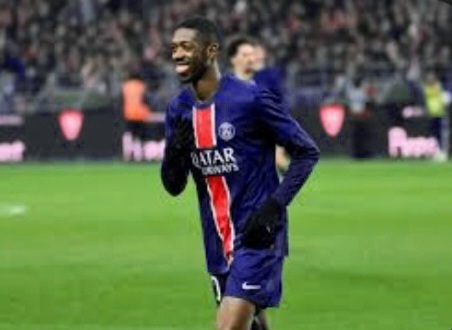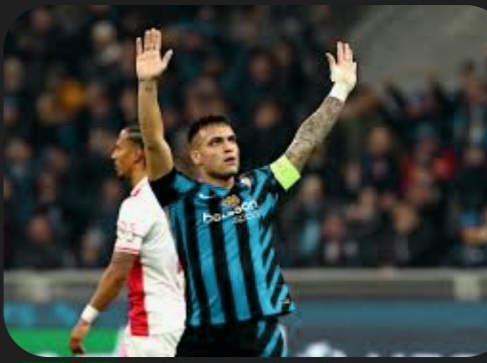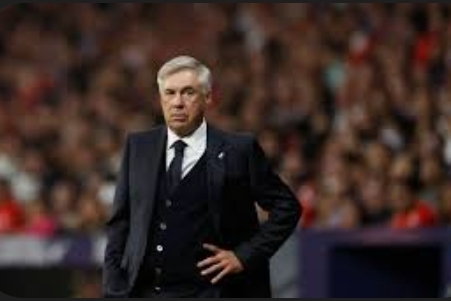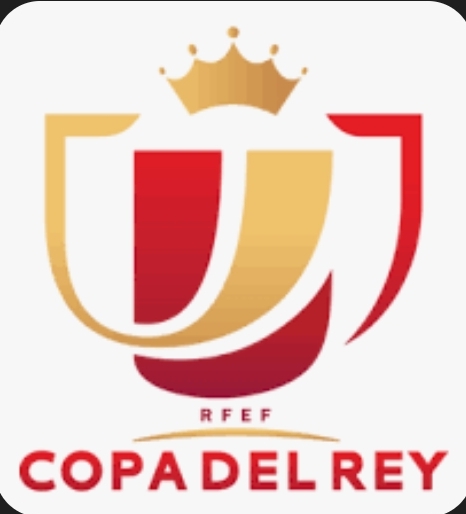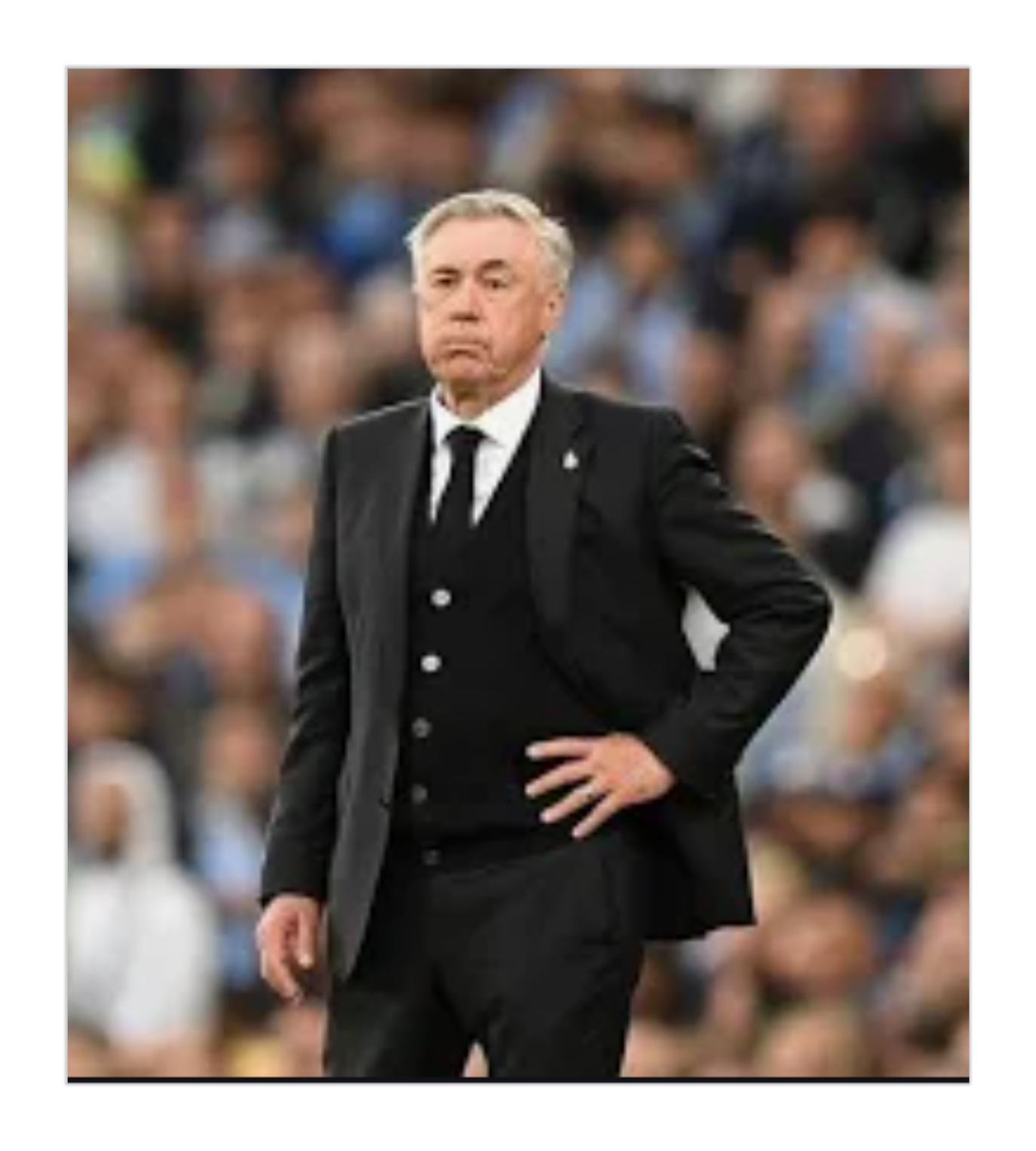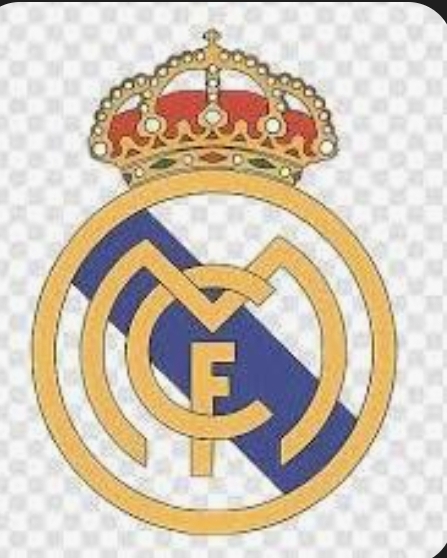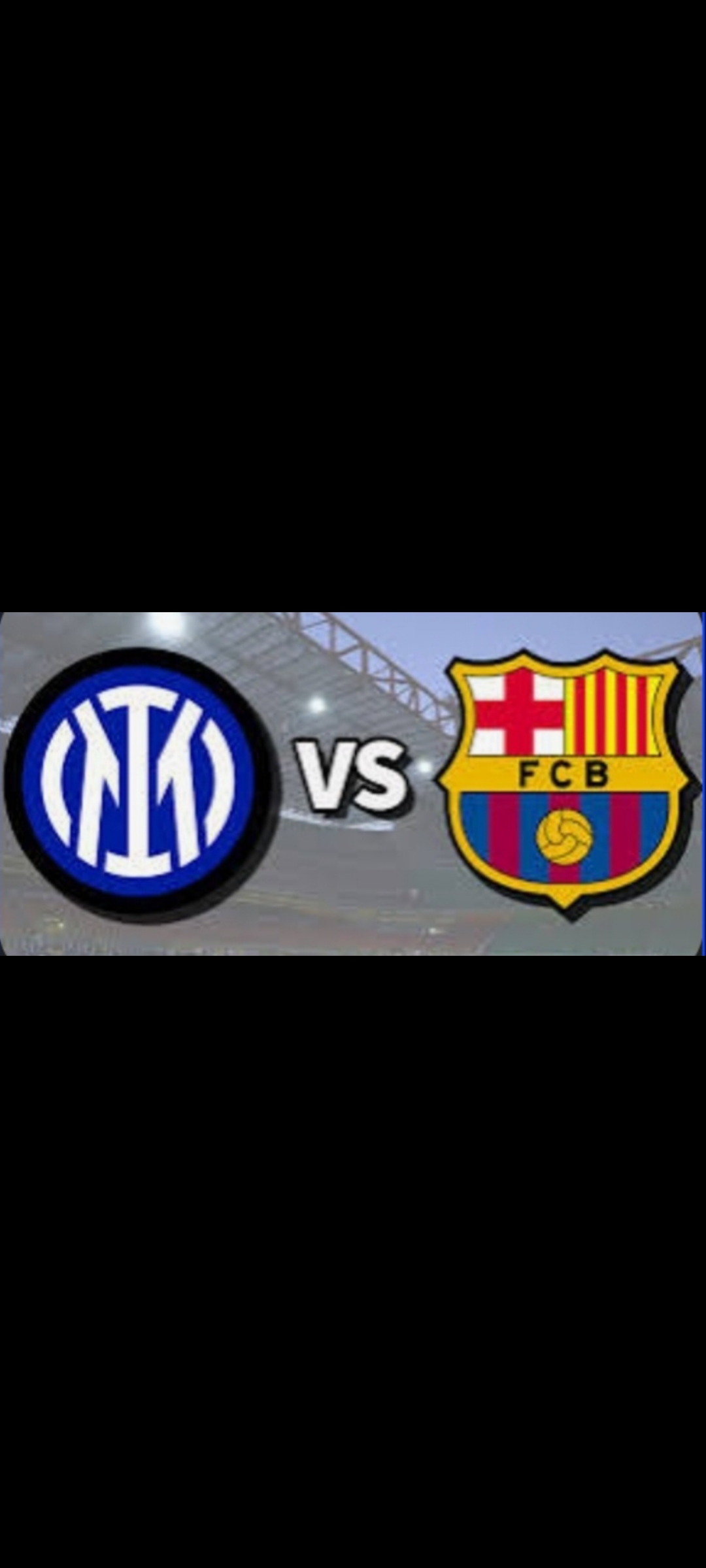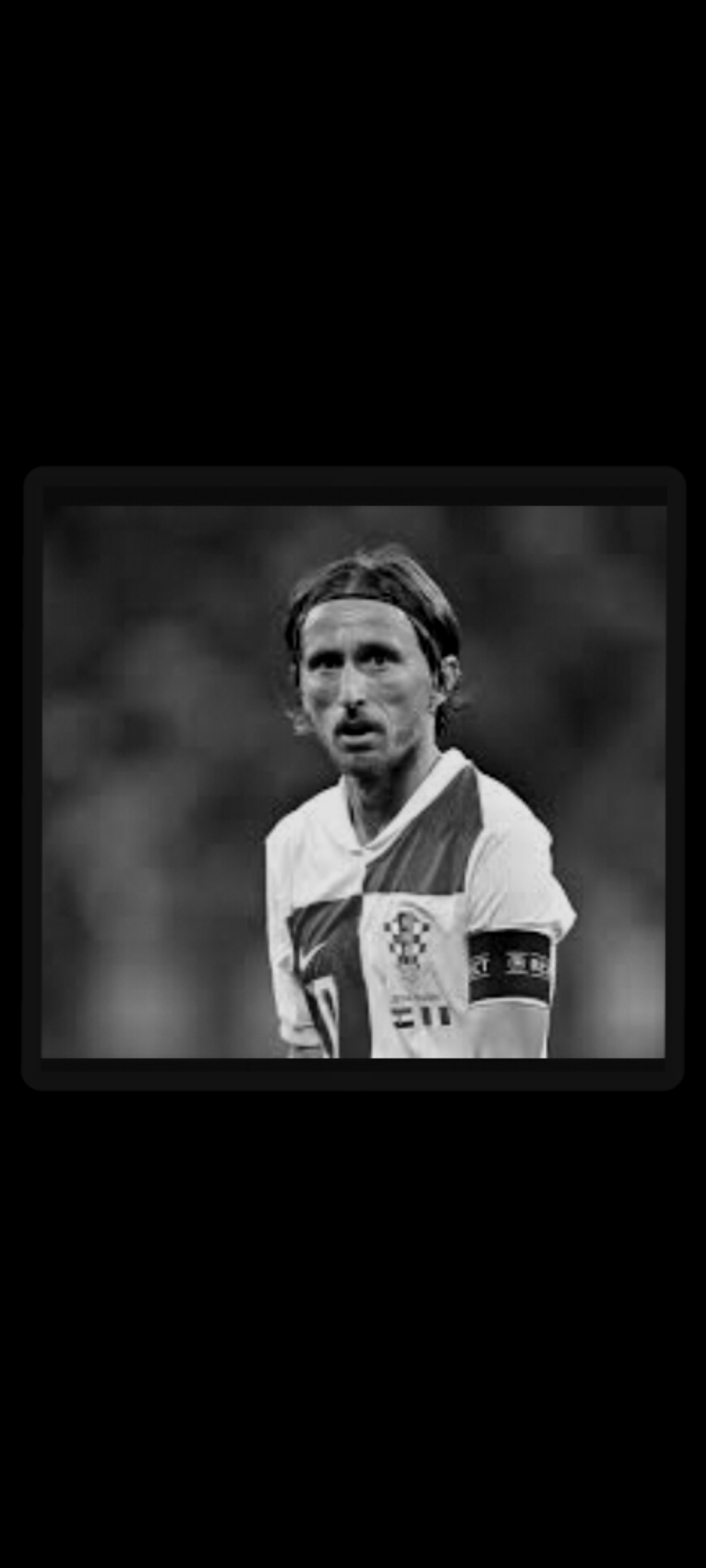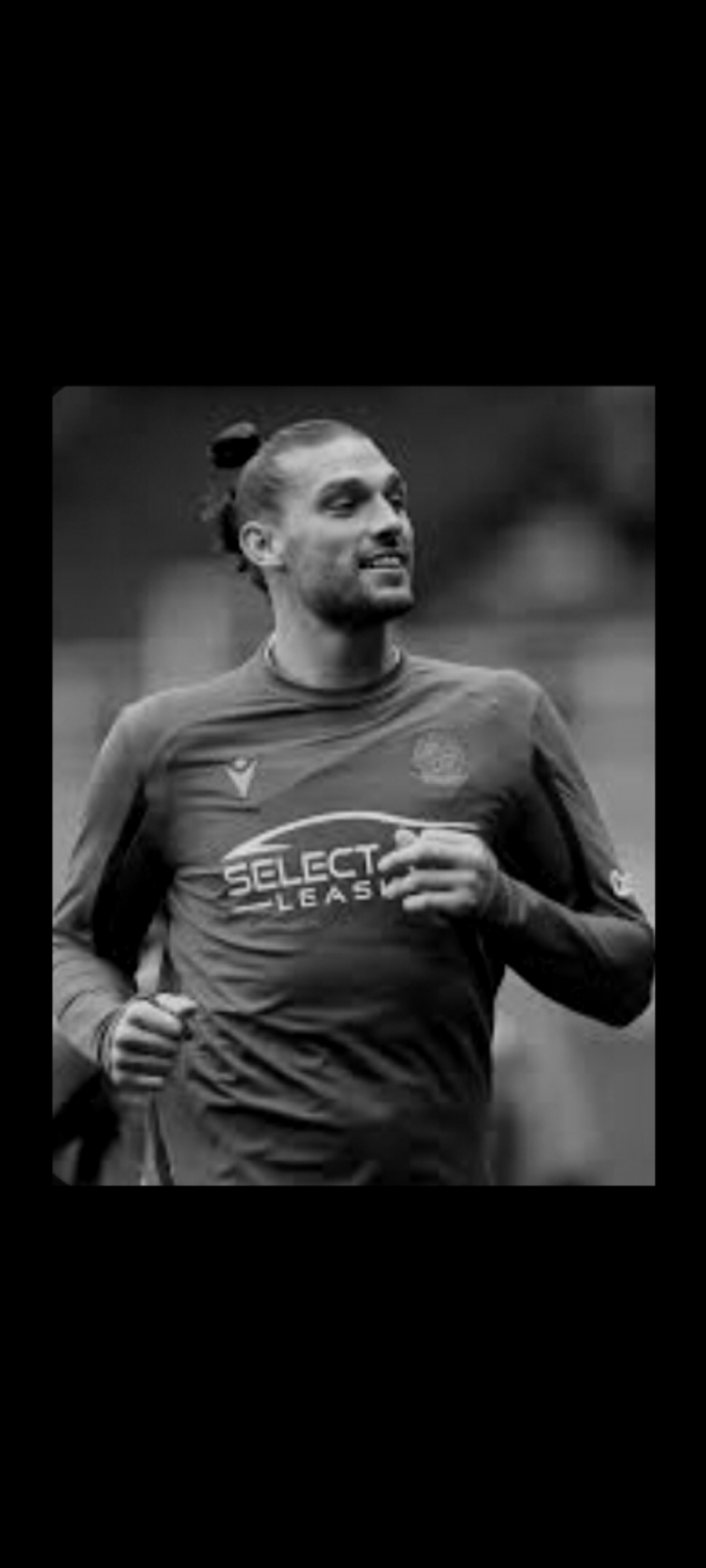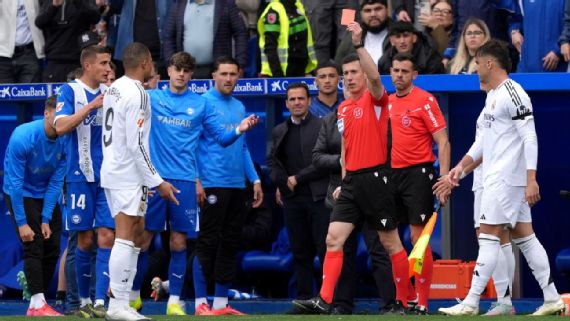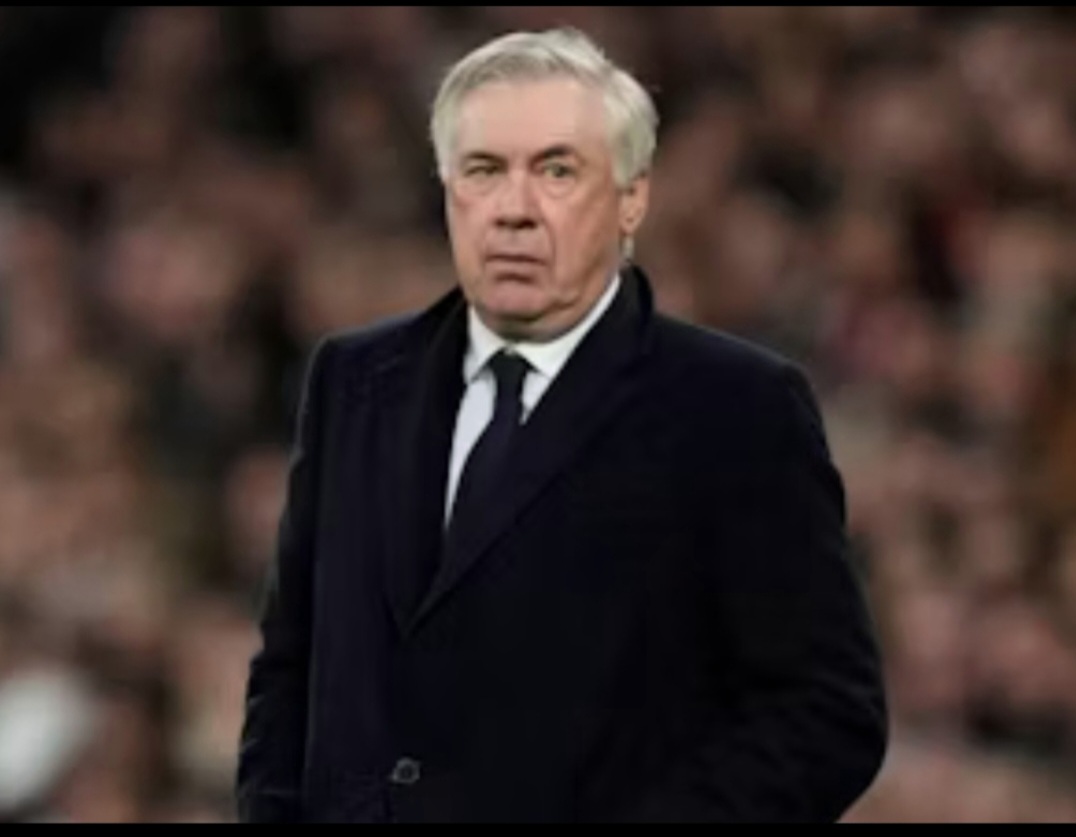
Real Madrid allowed Carlo Ancelotti to leave the club.
How do you feel about this?I think “Don”Ancelotti has opened a new chapter in his life.He is 65 years old.He won everything he could as a coach.Let’s me see what he has won during his coaching career.
As of May 2025, Carlo Ancelotti is one of the most successful football managers in history, with major titles across Europe’s top leagues and international competitions. Here’s a summary of his major managerial honors:
1. UEFA Champions League (4 titles – Record)
AC Milan: 2002–03, 2006–07
Real Madrid: 2013–14, 2021–22
2. Domestic League Titles (Top 5 Leagues)
Serie A (Italy) – AC Milan: 2003–04
Premier League (England) – Chelsea: 2009–10
Ligue 1 (France) – Paris Saint-Germain: 2012–13
Bundesliga (Germany) – Bayern Munich: 2016–17
La Liga (Spain) – Real Madrid: 2021–22
(He is the first and only manager to win the league title in all five of Europe’s top leagues.)
3. Domestic Cups
FA Cup (England) – Chelsea: 2009–10
Coppa Italia – None
Copa del Rey (Spain) – Real Madrid: 2013–14
DFB-Pokal (Germany) – None
Coupe de France (France) – None
Super Cups – Multiple domestic Super Cups in Italy, Spain, England, Germany, and France
4. Other Major International Titles:
UEFA Super Cup – Multiple (with Milan and Madrid)
FIFA Club World Cup – Multiple (with Milan and Madrid)
Intercontinental Cup – AC Milan: 2007
As you can see only thing missing is the World Cup.And where is Carlo Ancelotti heading?!Exactly……Brazil.
Brazil 🇧🇷 🇧🇷 🇧🇷!!!!!!!Brazil is widely considered the motherland of talented football players. The country has a rich footballing heritage and has produced some of the greatest players in history, including:
•Pelé – Often regarded as the greatest of all time.
•Zico, Sócrates, and Romário – Icons of flair and creativity.
•Ronaldo Nazário – Legendary striker, 2-time Ballon d’Or winner.
•Ronaldinho – Known for his magical dribbling and joyful style.
•Kaká – 2007 Ballon d’Or winner.
•Neymar – One of the most skilled players of his generation.
•Vinícius Júnior and Rodrygo – Rising stars in the modern game.
Its football culture is deeply embedded in everyday life, and talent often emerges from the streets and favelas, making it a true breeding ground for football genius.
Carlo Ancelotti has been officially appointed as the head coach of the Brazil national football team. The Brazilian Football Confederation (CBF) confirmed his appointment on May 12, 2025, marking a historic moment as Ancelotti becomes the first non-Brazilian to lead the Seleção since 1965.
He has already begun assembling his coaching staff, reportedly reaching out to former players like Kaká to join his team.
Carlo Ancelotti’s reputation as a distinguished football manager is well-earned, with his career spanning several decades and encompassing numerous top-tier clubs across Europe. His tactical acumen and ability to adapt to different footballing cultures have set him apart as a manager of exceptional caliber. To understand what makes Ancelotti a standout figure in the world of football management, it is essential to delve into the nuances of his tactical mastery and the qualities that have contributed to his enduring success.
One of the defining characteristics of Ancelotti’s managerial approach is his tactical flexibility. Unlike managers who rigidly adhere to a single system, Ancelotti has consistently demonstrated a willingness to adapt his tactics to suit the strengths and weaknesses of his players. This adaptability is evident in his successful stints at clubs like AC Milan, Chelsea, Real Madrid, and Bayern Munich, where he has employed a variety of formations, including the 4-3-2-1 “Christmas Tree” formation and the more conventional 4-4-2 and 4-3-3 setups. By tailoring his strategies to the specific needs of his team, Ancelotti has been able to maximize the potential of his squads, leading them to numerous domestic and international titles.
Moreover, Ancelotti’s ability to manage high-profile players and egos is another aspect that sets him apart. In an era where player power is increasingly prevalent, Ancelotti’s calm demeanor and excellent man-management skills have allowed him to maintain harmony within the dressing room. His approach is characterized by open communication and mutual respect, fostering an environment where players feel valued and motivated. This has been particularly evident during his time at Real Madrid, where he successfully managed a squad brimming with superstar talent, guiding them to a historic UEFA Champions League victory in 2014.
In addition to his tactical flexibility and man-management prowess, Ancelotti’s emphasis on building a strong team ethos cannot be overlooked. He places great importance on creating a cohesive unit where every player understands their role and contributes to the collective effort. This focus on teamwork has been a cornerstone of his success, as it enables his teams to perform consistently at a high level, regardless of individual brilliance. Ancelotti’s teams are often characterized by their discipline, organization, and ability to execute game plans effectively, attributes that have been instrumental in his numerous triumphs.
Furthermore, Ancelotti’s experience and longevity in the game have endowed him with a deep understanding of football’s intricacies. His extensive knowledge allows him to make astute tactical adjustments during matches, often turning the tide in his team’s favor. This strategic insight, combined with his calm and composed demeanor on the touchline, instills confidence in his players and enables them to perform under pressure.
In conclusion, Carlo Ancelotti’s tactical mastery is a product of his adaptability, exceptional man-management skills, emphasis on teamwork, and profound understanding of the game. These qualities have not only set him apart as a manager but have also cemented his legacy as one of the most successful and respected figures in football. As he continues to lead teams to glory, Ancelotti’s influence on the sport remains as significant as ever, inspiring future generations of managers to emulate his approach and strive for excellence.
Carlo Ancelotti’s Impact on Player Development: A Deep Dive into His Coaching Philosophy
Carlo Ancelotti’s impact on player development is a testament to his profound understanding of the game and his ability to nurture talent. As a manager, Ancelotti has consistently demonstrated a unique coaching philosophy that emphasizes adaptability, empathy, and tactical acumen. His approach to player development is not merely about honing technical skills but also about fostering a holistic growth environment that encourages players to thrive both on and off the pitch.
One of the key aspects of Ancelotti’s coaching philosophy is his adaptability. Unlike many managers who rigidly adhere to a specific system, Ancelotti is known for his flexibility in adapting his tactics to suit the strengths and weaknesses of his players. This adaptability is crucial in player development as it allows individuals to express themselves within a framework that maximizes their potential. By tailoring his strategies to the unique attributes of his squad, Ancelotti ensures that each player can contribute effectively, thereby enhancing their confidence and growth.
Moreover, Ancelotti’s empathetic approach to management plays a significant role in his success as a developer of talent. He is renowned for his ability to build strong relationships with his players, understanding their personal and professional challenges. This empathy fosters a supportive environment where players feel valued and motivated to improve. Ancelotti’s open communication style encourages players to express their concerns and aspirations, creating a culture of trust and mutual respect. This, in turn, leads to a more cohesive team dynamic, where players are willing to go the extra mile for both their manager and teammates.
In addition to his adaptability and empathy, Ancelotti’s tactical acumen is a cornerstone of his coaching philosophy. He possesses an astute understanding of the game, which he imparts to his players through meticulous training sessions and strategic insights. Ancelotti’s ability to break down complex tactical concepts into digestible information allows players to grasp the nuances of the game more effectively. This not only enhances their tactical awareness but also empowers them to make informed decisions on the field, contributing to their overall development as intelligent footballers.
Furthermore, Ancelotti’s track record of working with world-class talent speaks volumes about his impact on player development. Throughout his illustrious career, he has managed some of the biggest names in football, including Cristiano Ronaldo, Zlatan Ibrahimović, and Andrea Pirlo. Under his guidance, these players have not only achieved individual success but have also contributed significantly to their teams’ triumphs. Ancelotti’s ability to manage egos and integrate star players into a cohesive unit is a testament to his exceptional man-management skills.
In conclusion, Carlo Ancelotti’s impact on player development is a reflection of his comprehensive coaching philosophy. His adaptability, empathy, and tactical acumen create an environment conducive to growth, allowing players to reach their full potential. By fostering a culture of trust and understanding, Ancelotti not only develops technically proficient players but also nurtures individuals who are mentally resilient and tactically astute. His legacy as a manager is not only defined by the trophies he has won but also by the countless players whose careers he has profoundly influenced. As such, Ancelotti’s contribution to player development remains an enduring testament to his prowess as one of football’s most accomplished managers.
CARLO ANCELOTTI absolutely has a realistic chance to win the World Cup with Brazil in 2026, but it depends on several key factors:
Why He Has a Strong Chance:
1.Brazil’s Talent Pool:
Brazil continues to produce world-class players like Vinícius Júnior, Rodrygo, Endrick, and others. Ancelotti will have one of the most talented squads in the world.
2.Ancelotti’s Experience:
He is the most decorated club manager in UEFA Champions League history, with a proven ability to manage egos, adapt tactics, and win under pressure.
3.Tactical Intelligence:
Ancelotti is known for his flexibility and man-management. His calm, adaptable style may suit Brazil’s mix of flair and discipline.
4.Motivation & History:
Brazil hasn’t won the World Cup since 2002. With the hunger to bring home a sixth title, and under a legendary coach, motivation will be sky-high.
Challenges He Might Face:
•International vs Club Management: Ancelotti has never managed a national team in a tournament, which is a different rhythm and environment than club football.
•High Expectations: Brazil is a nation where anything short of a World Cup win is often seen as failure.
•Strong Competition: Argentina, France, England, and other nations are also packed with talent and experience.
OUR VERDICT:
If Ancelotti successfully integrates Brazil’s attacking brilliance with his tactical discipline and experience, he could absolutely guide Brazil to a sixth World Cup title in 2026. He’s one of the best-positioned coaches to do it.

